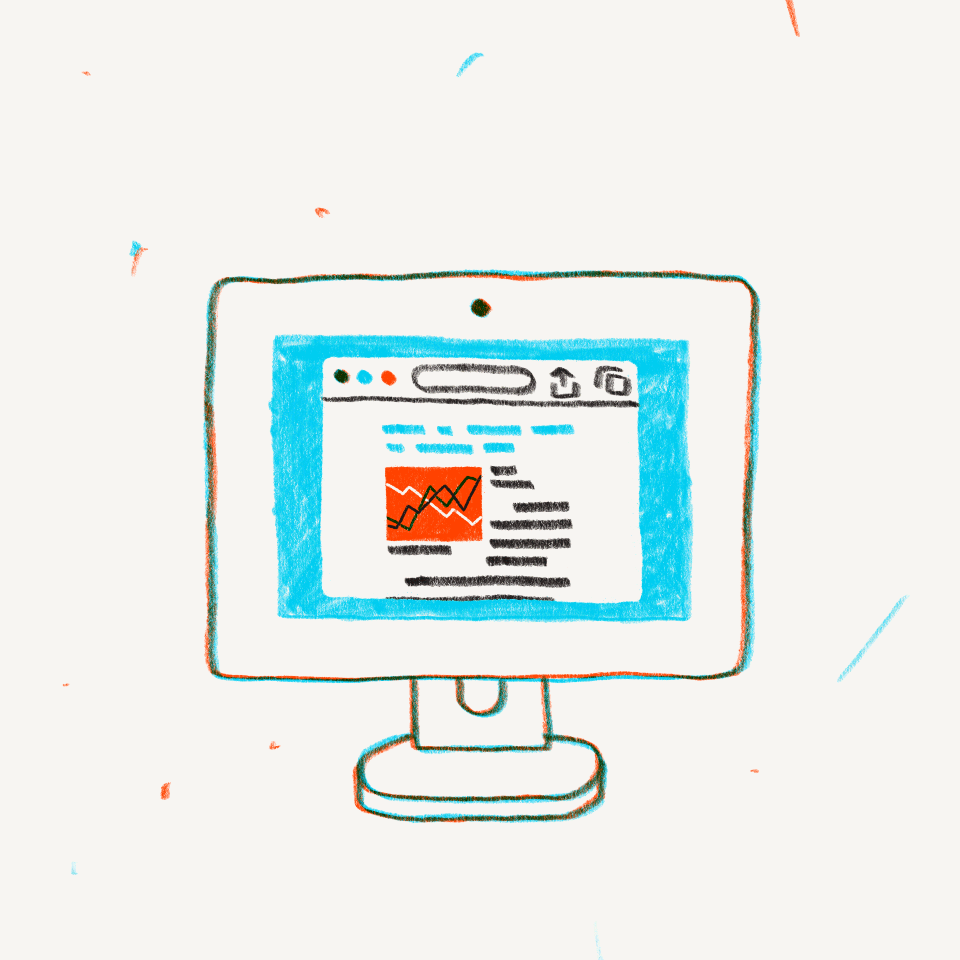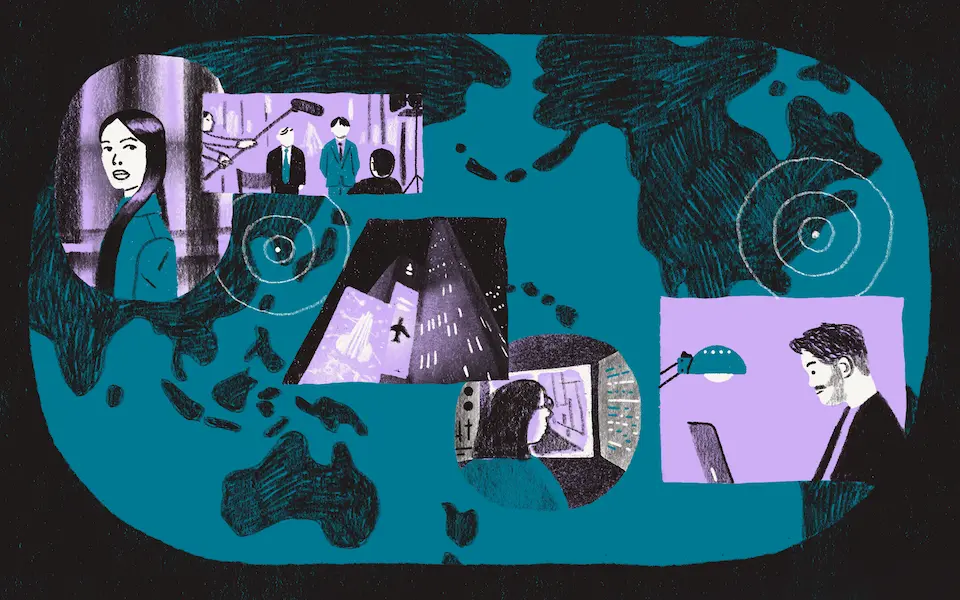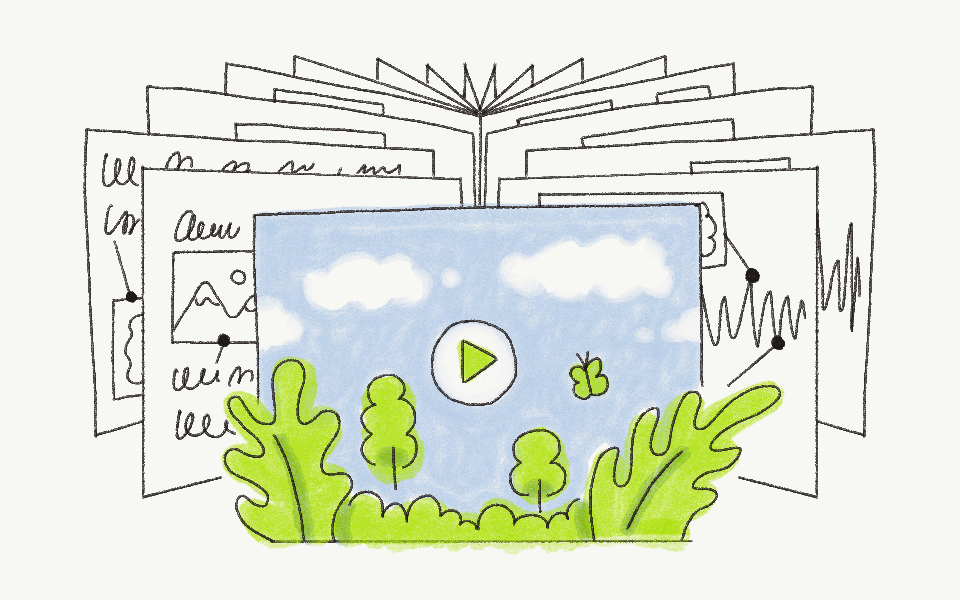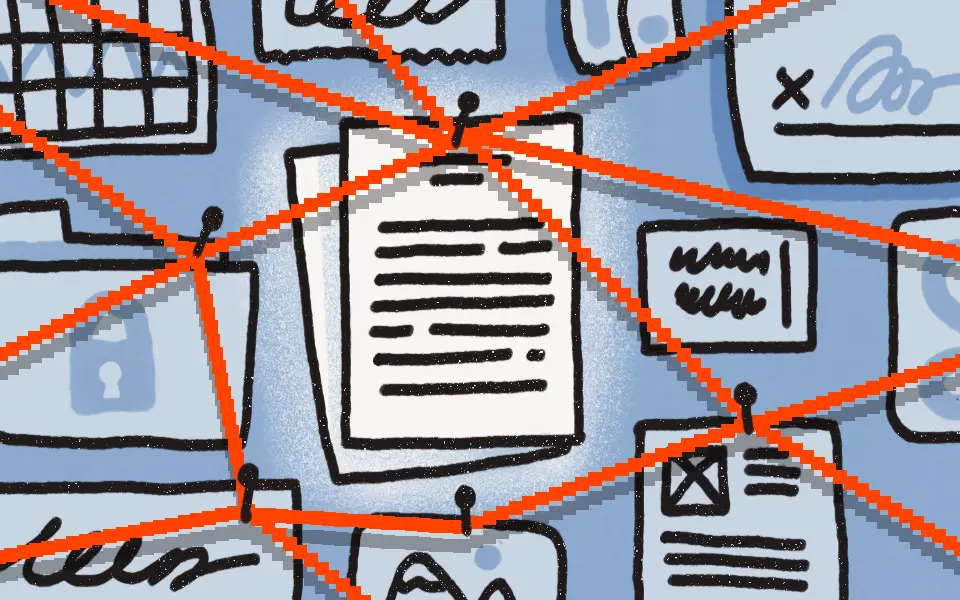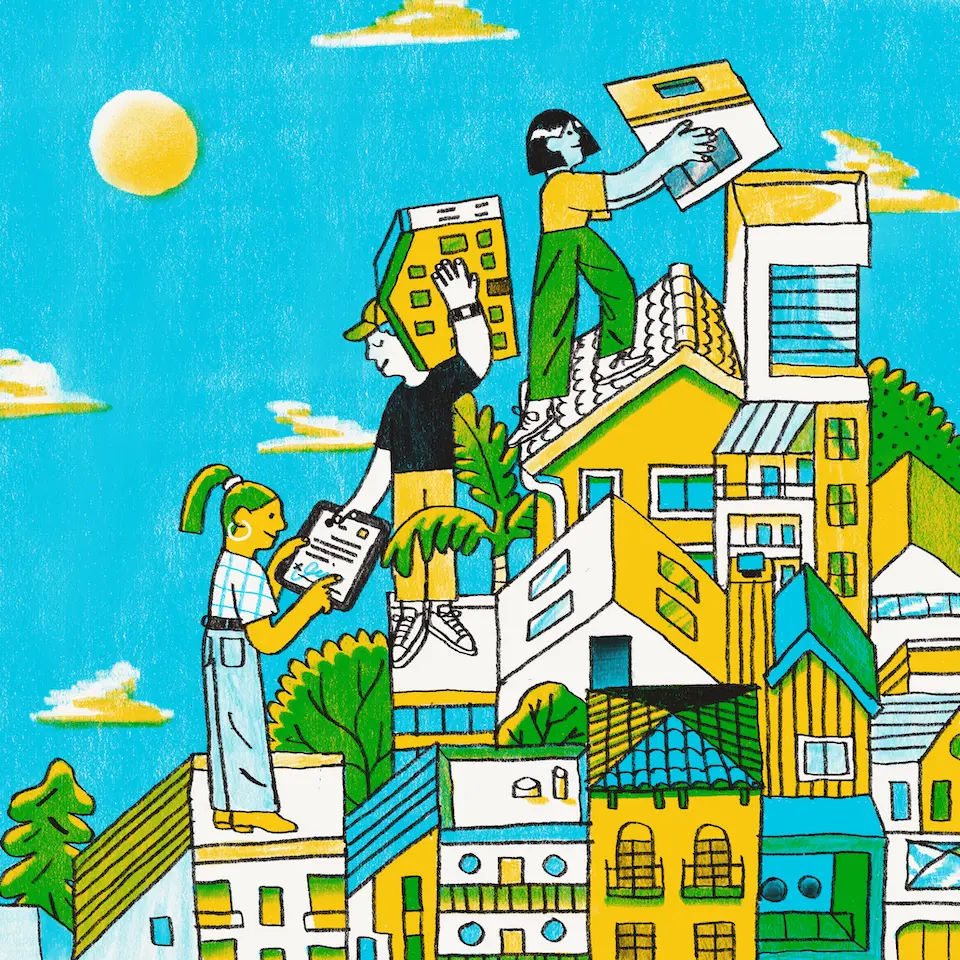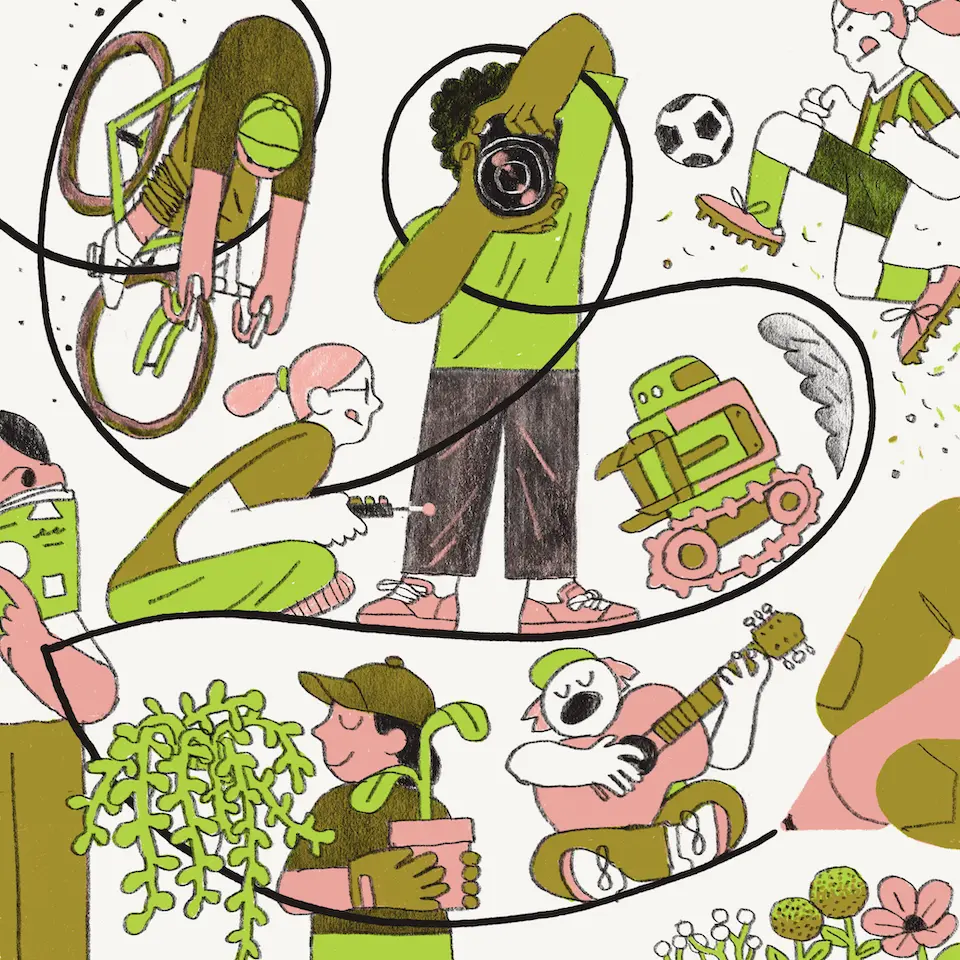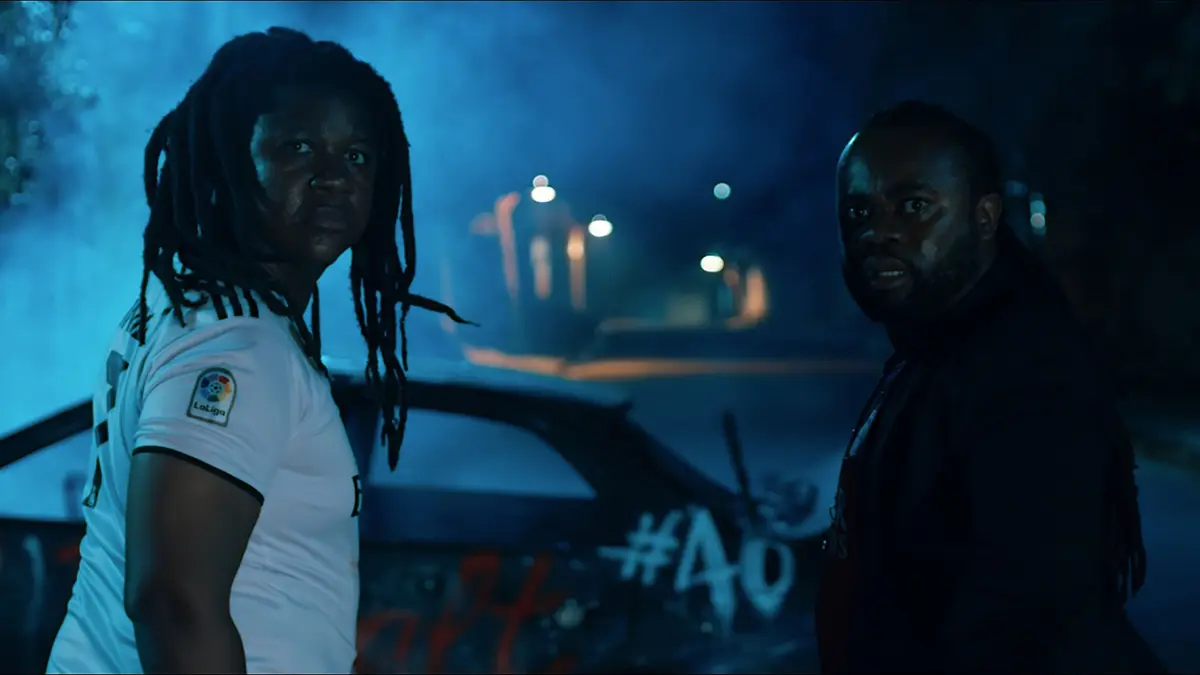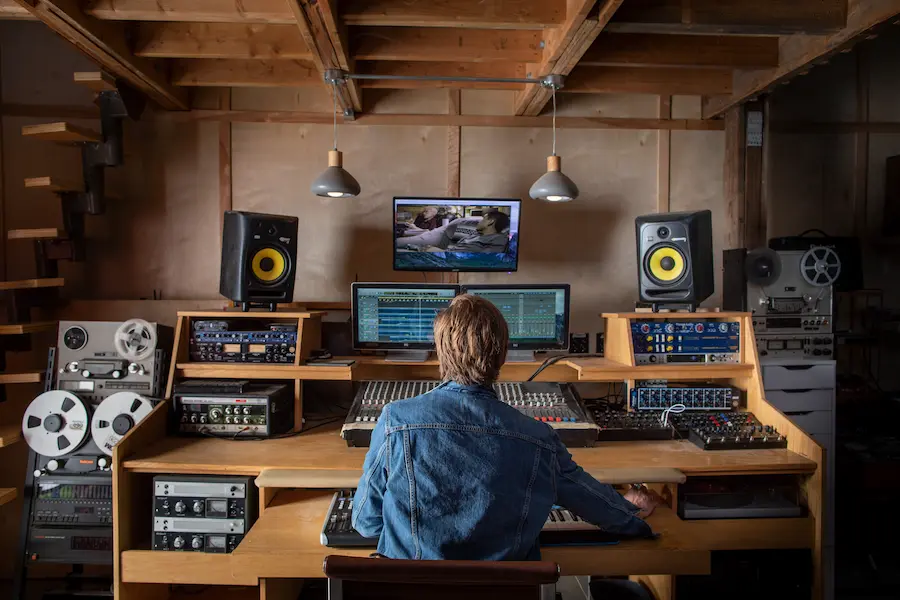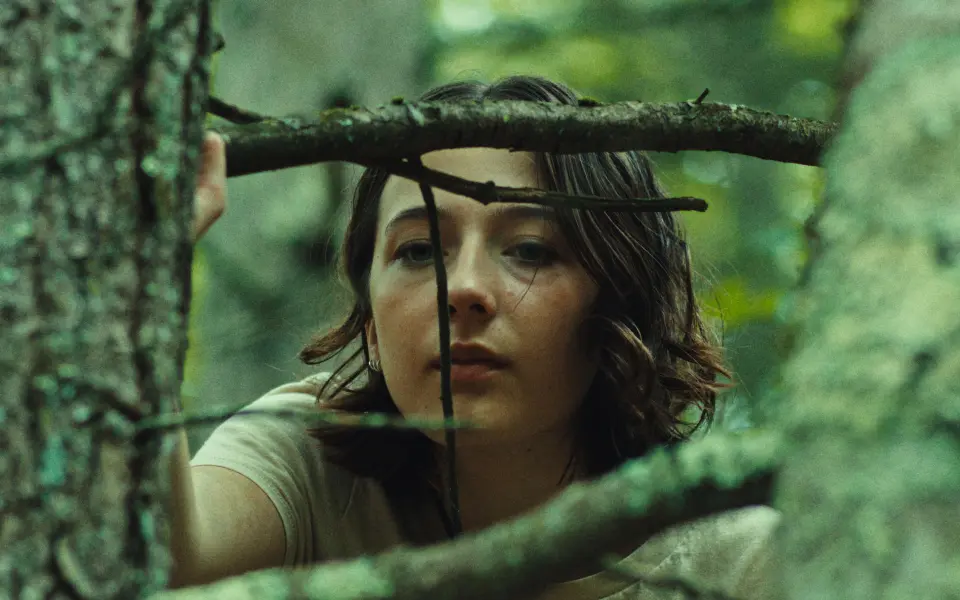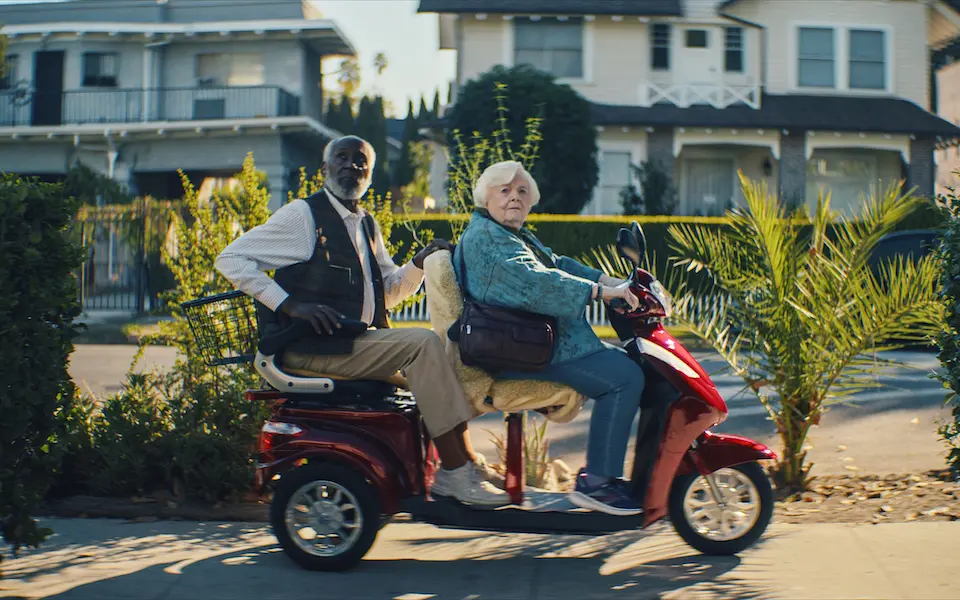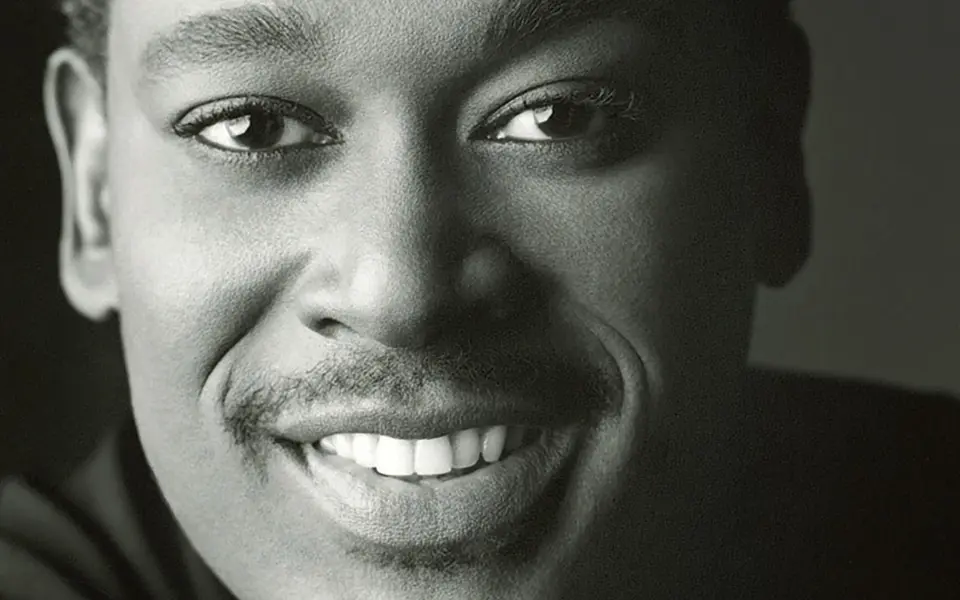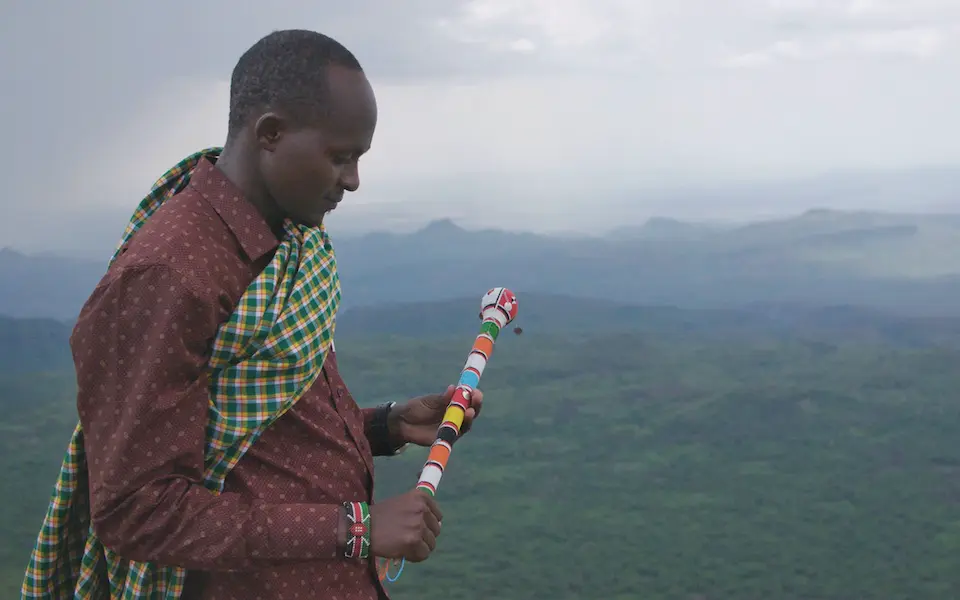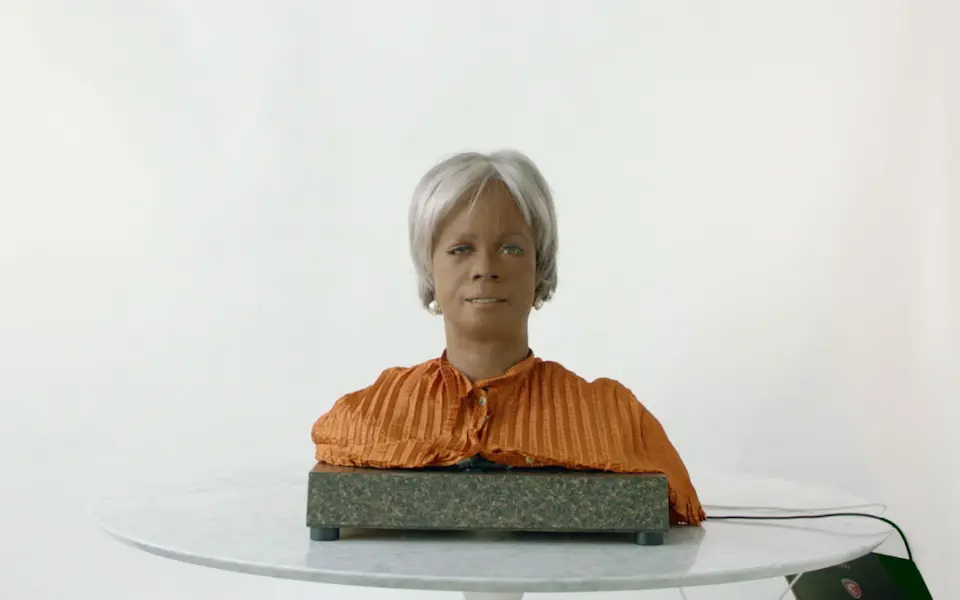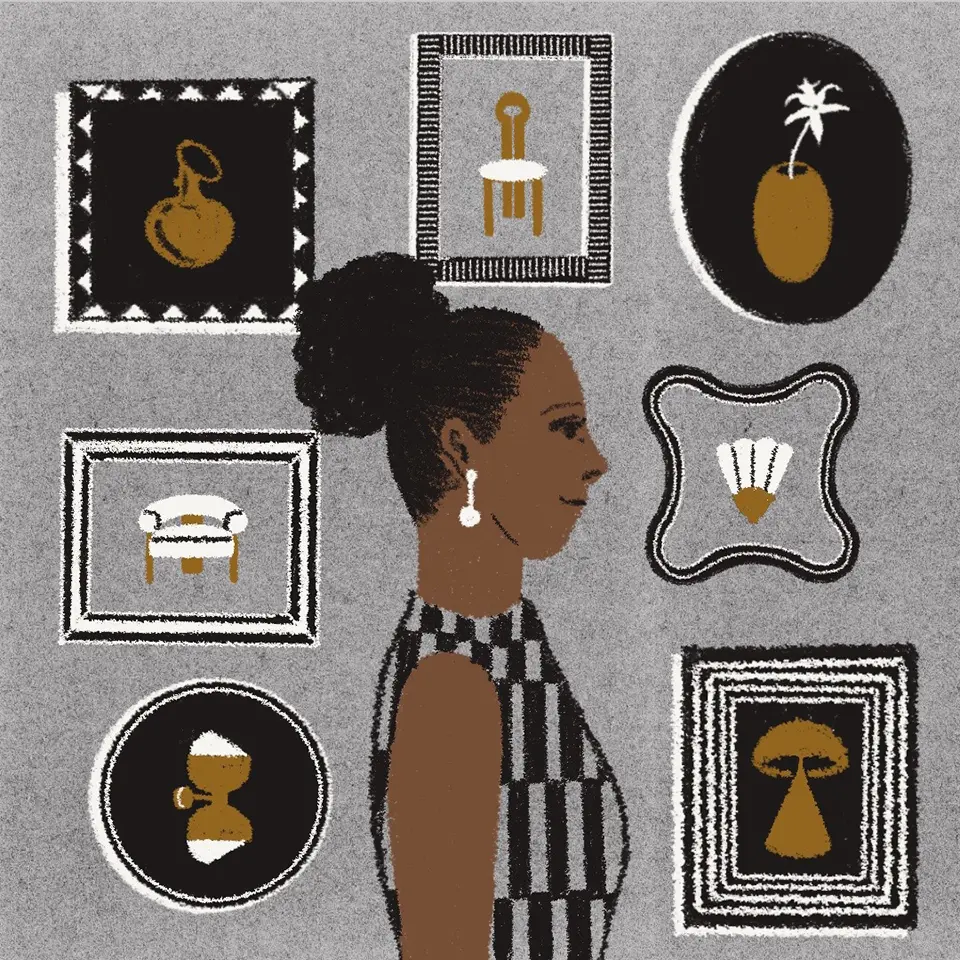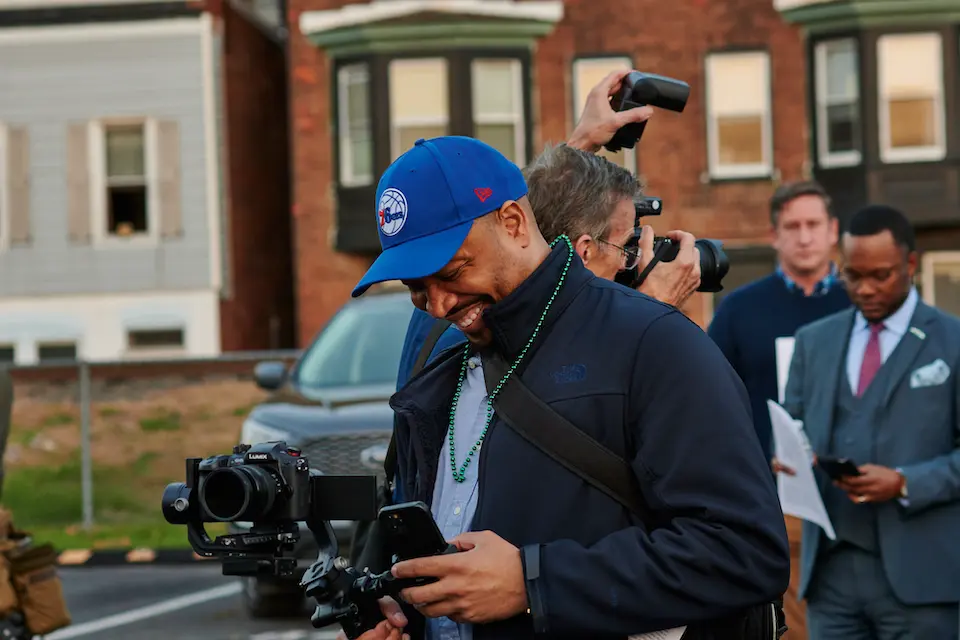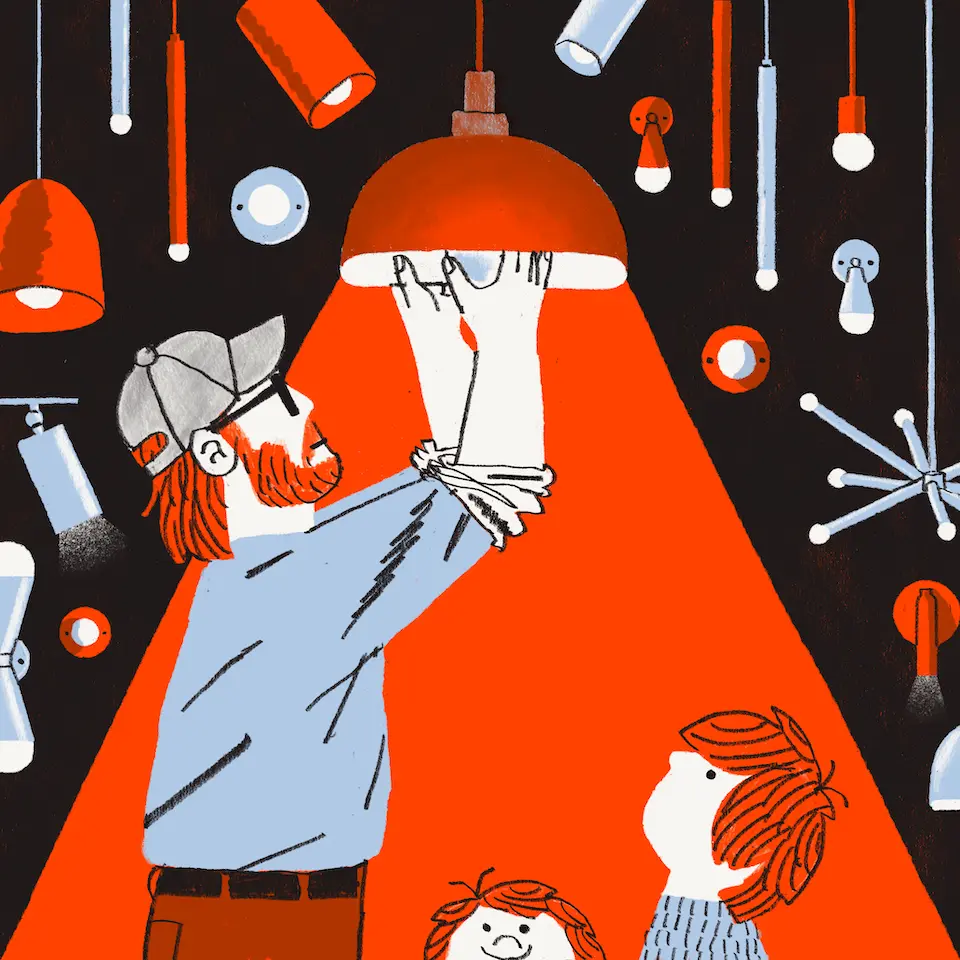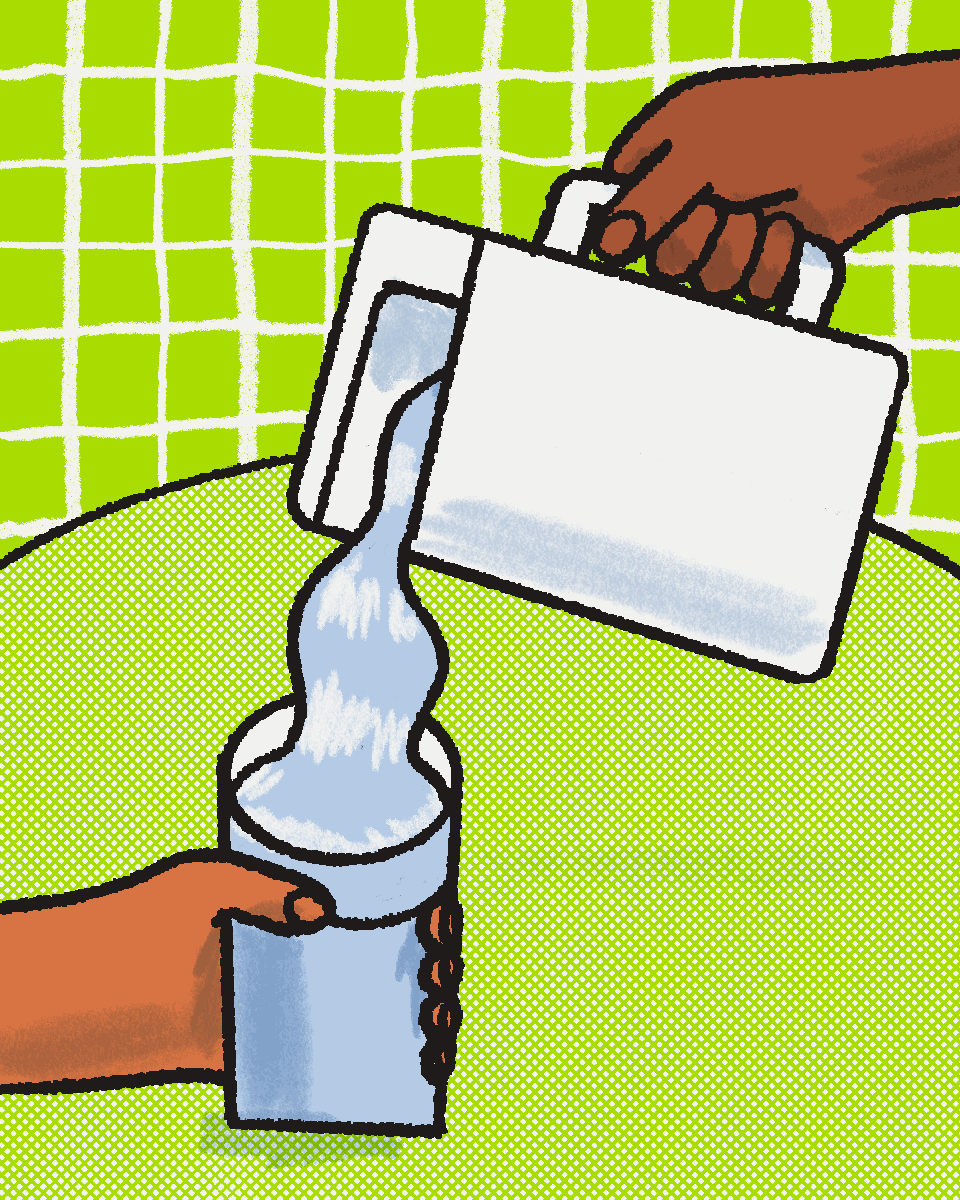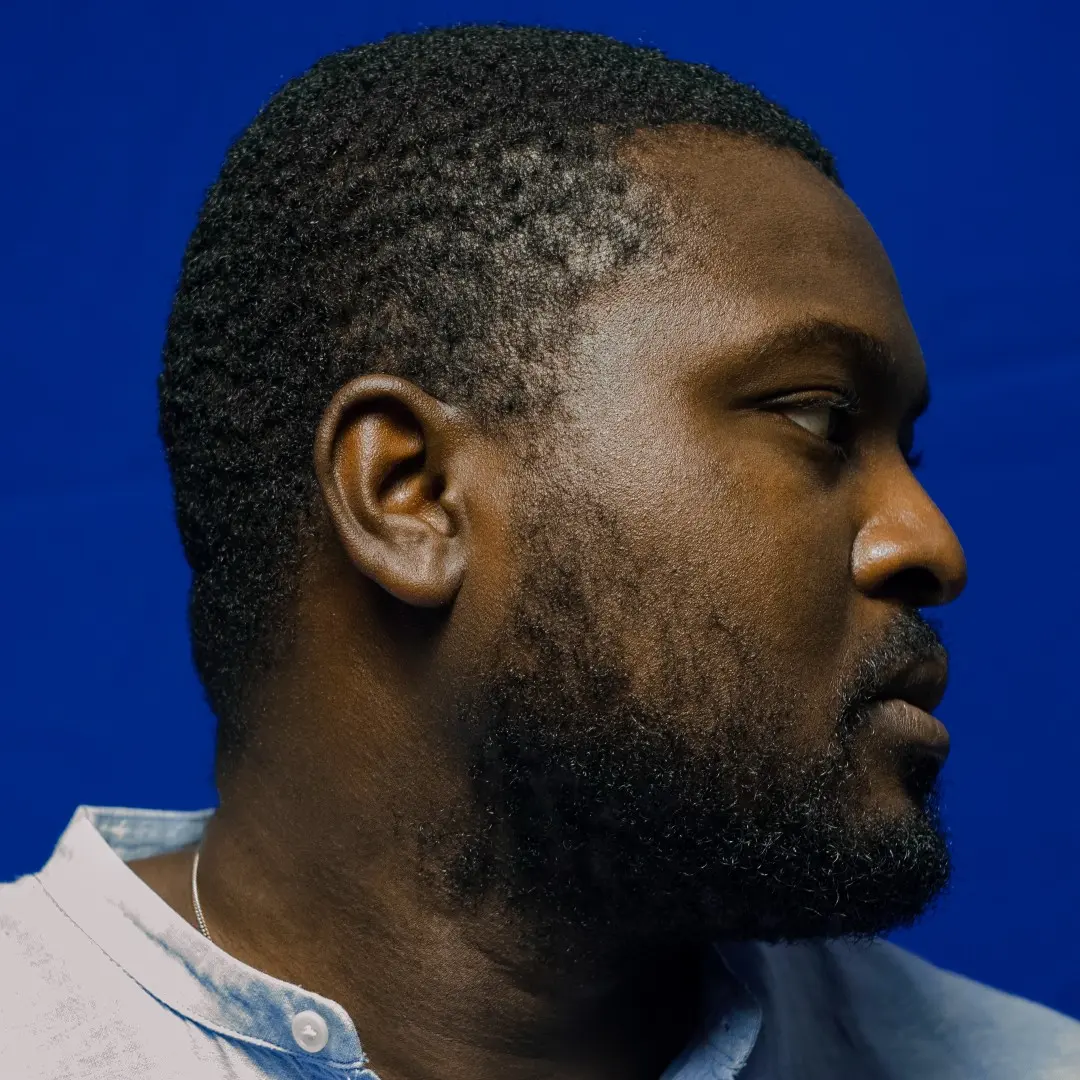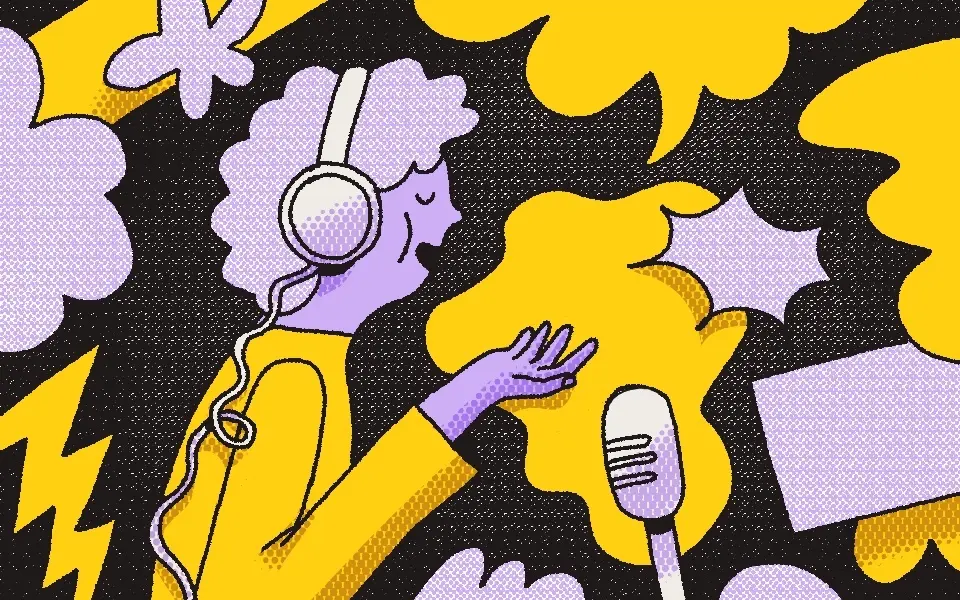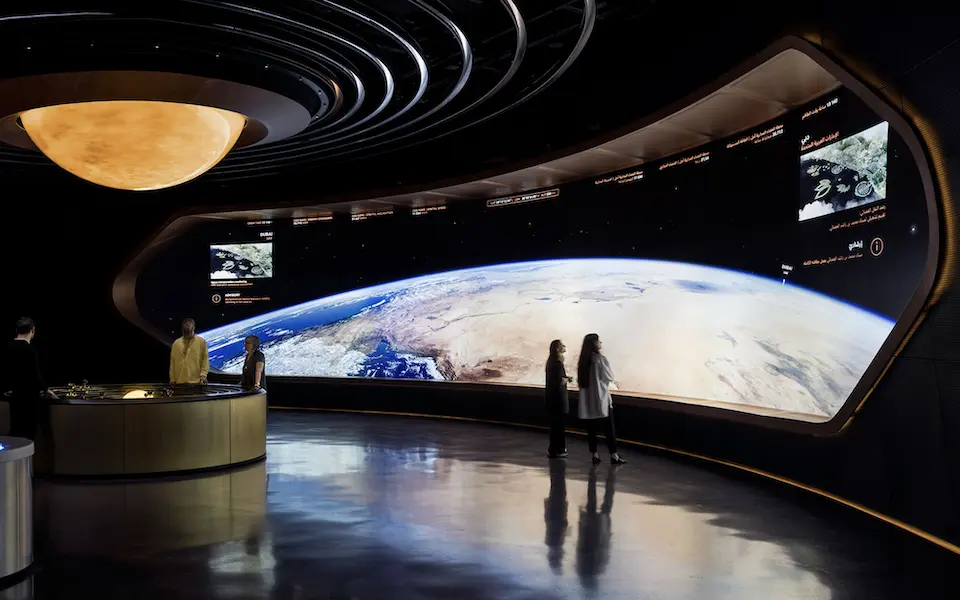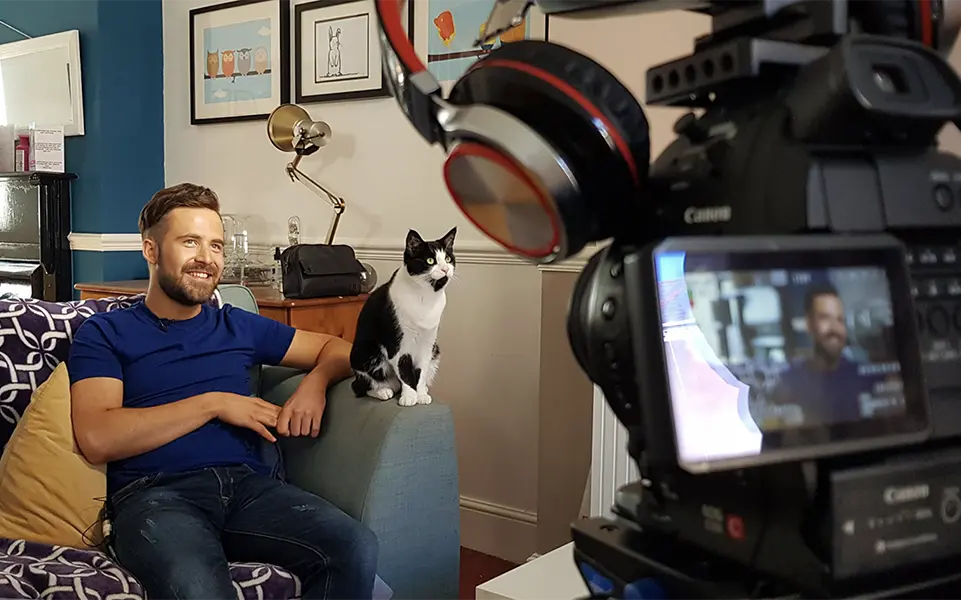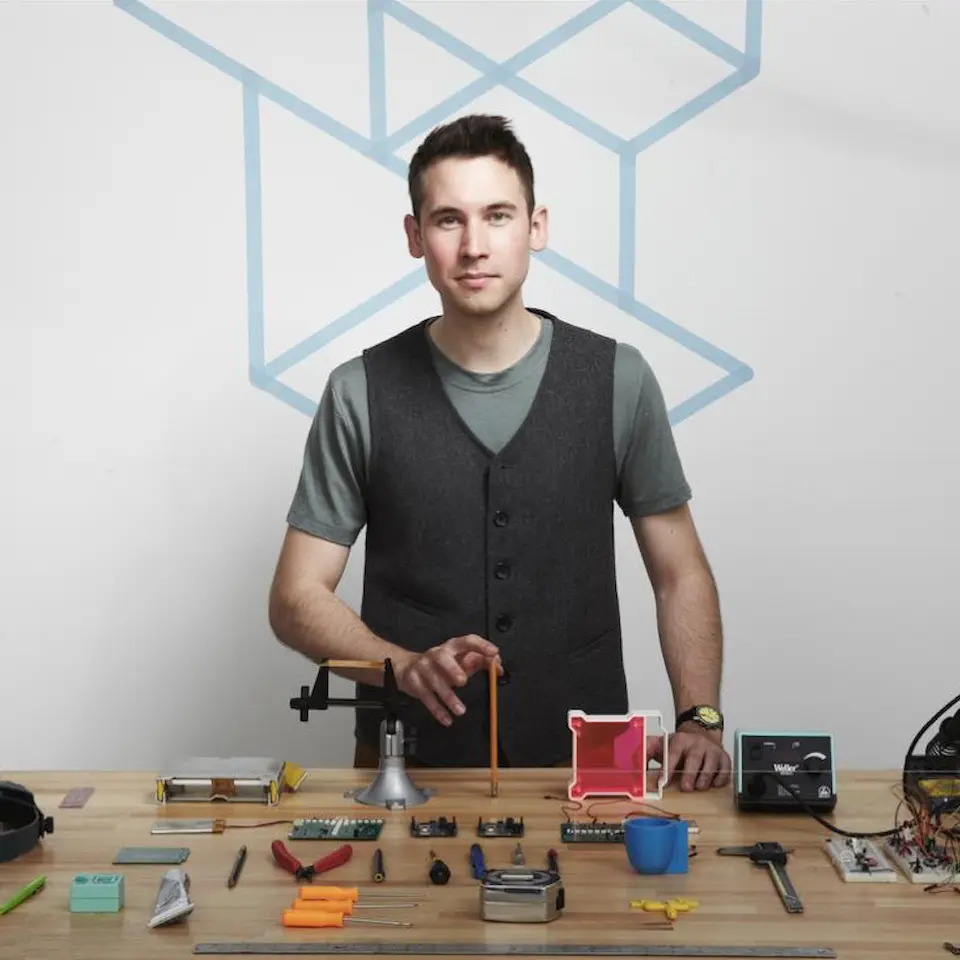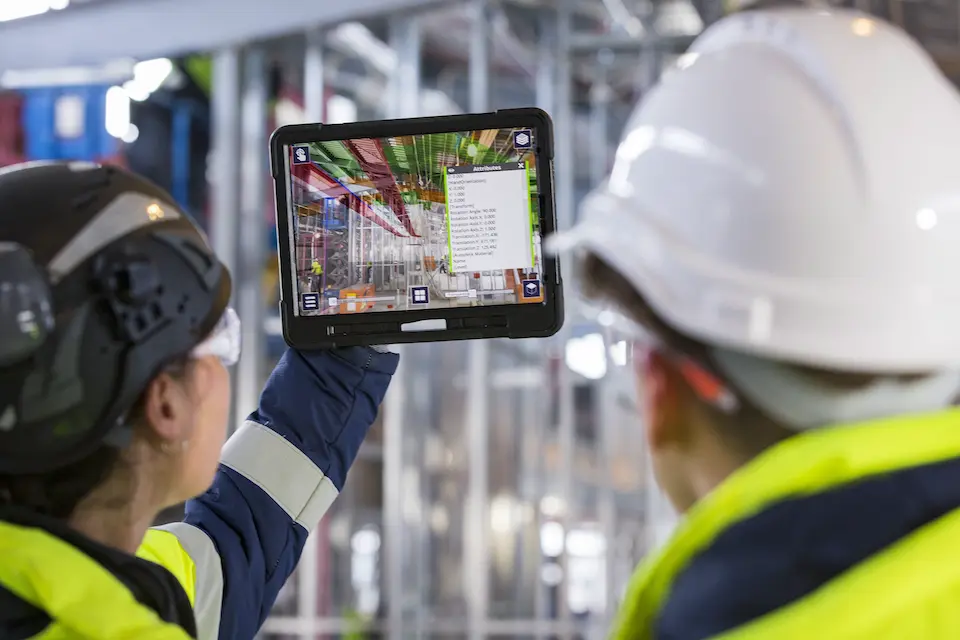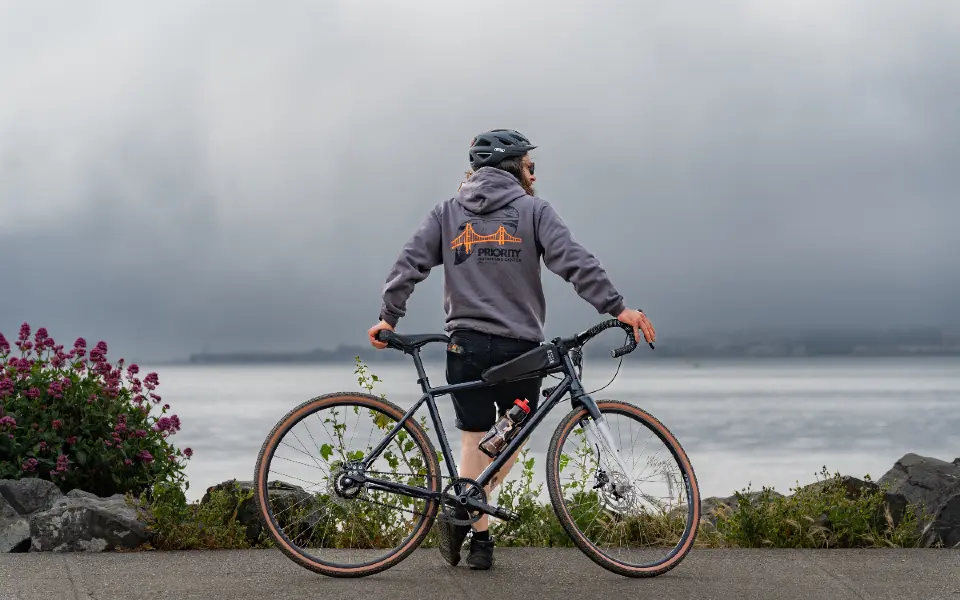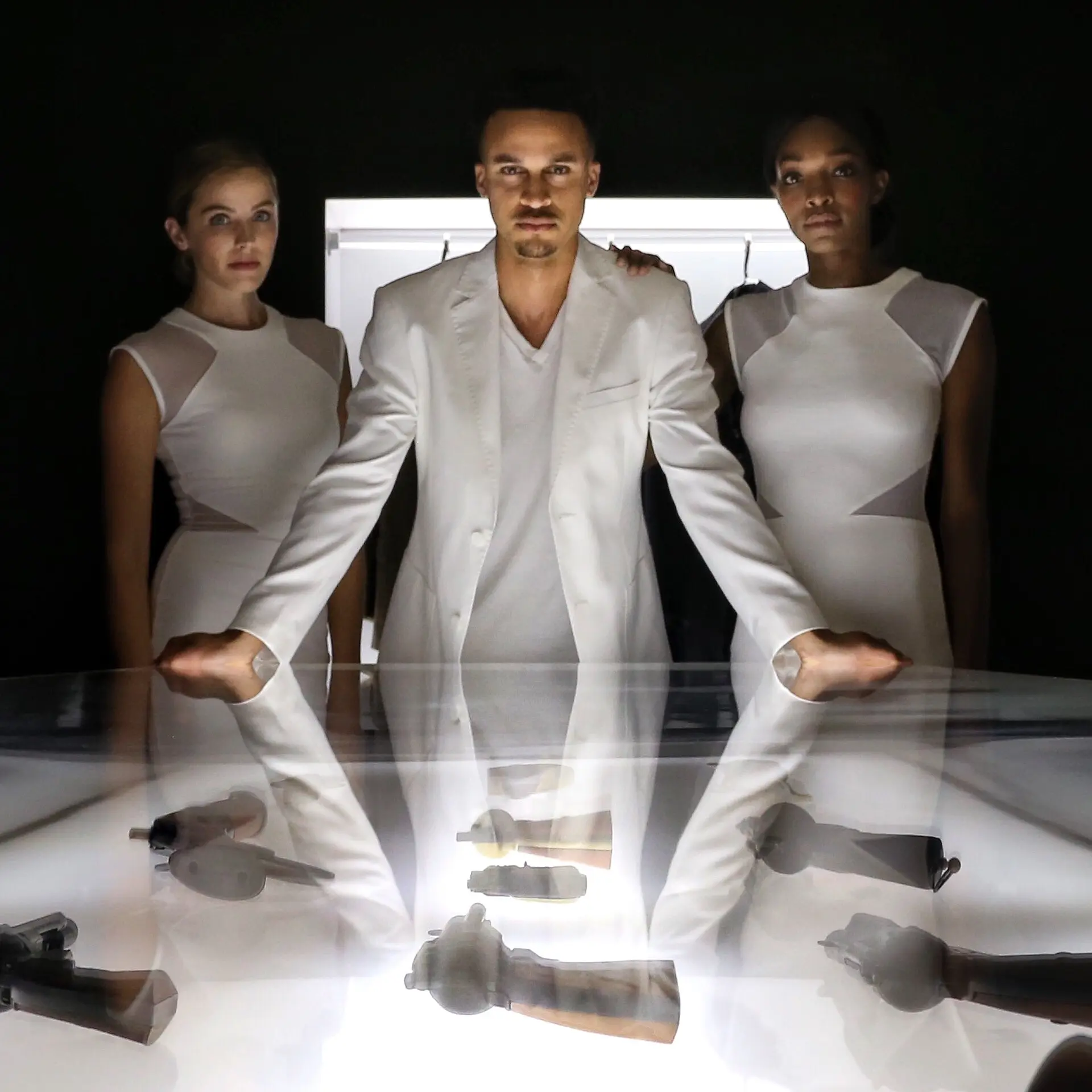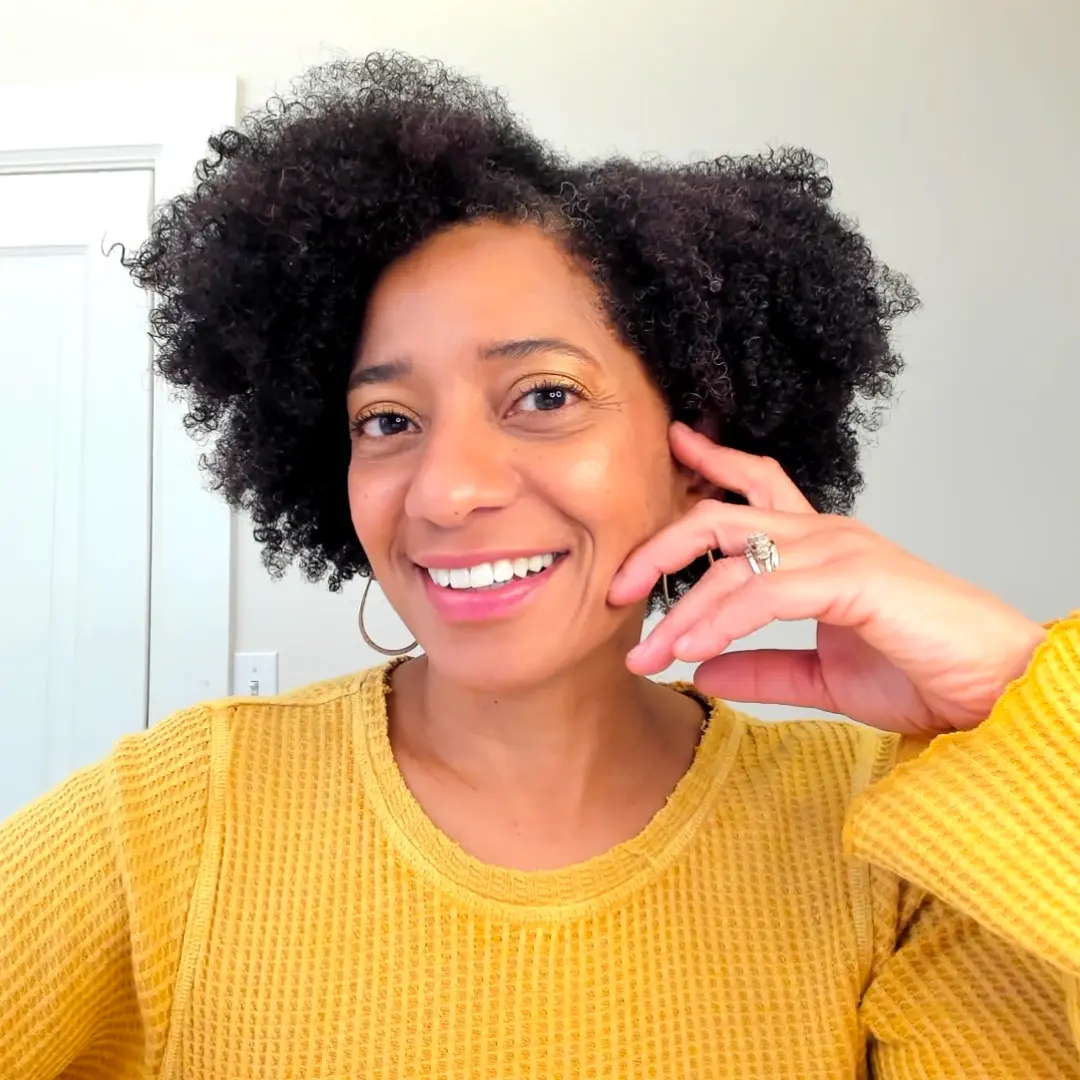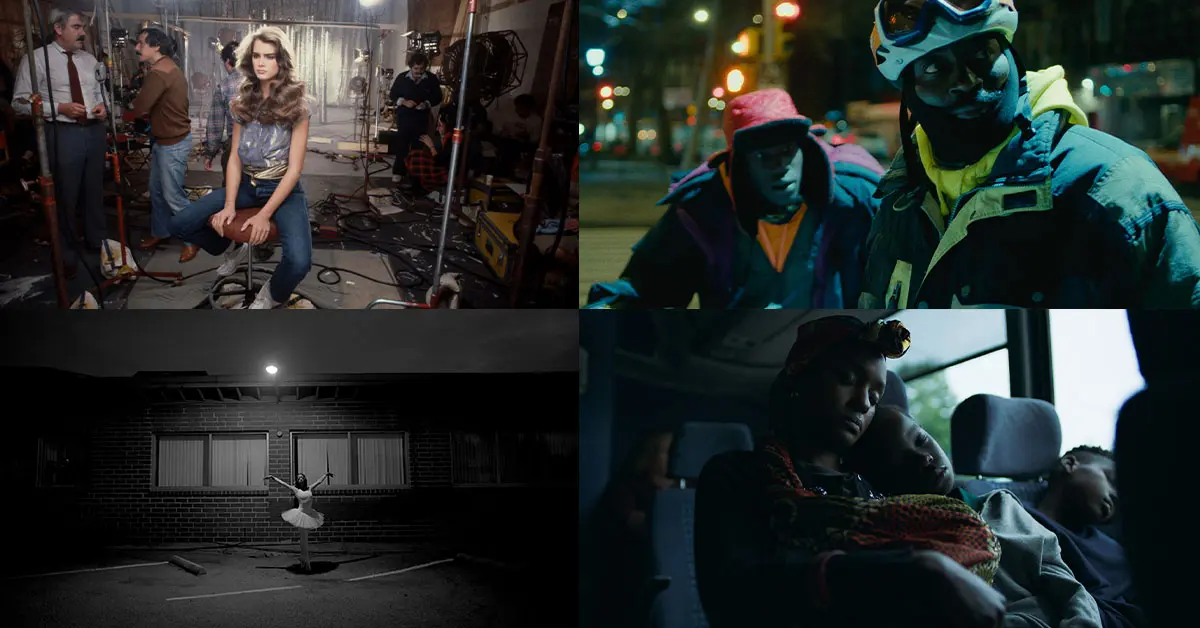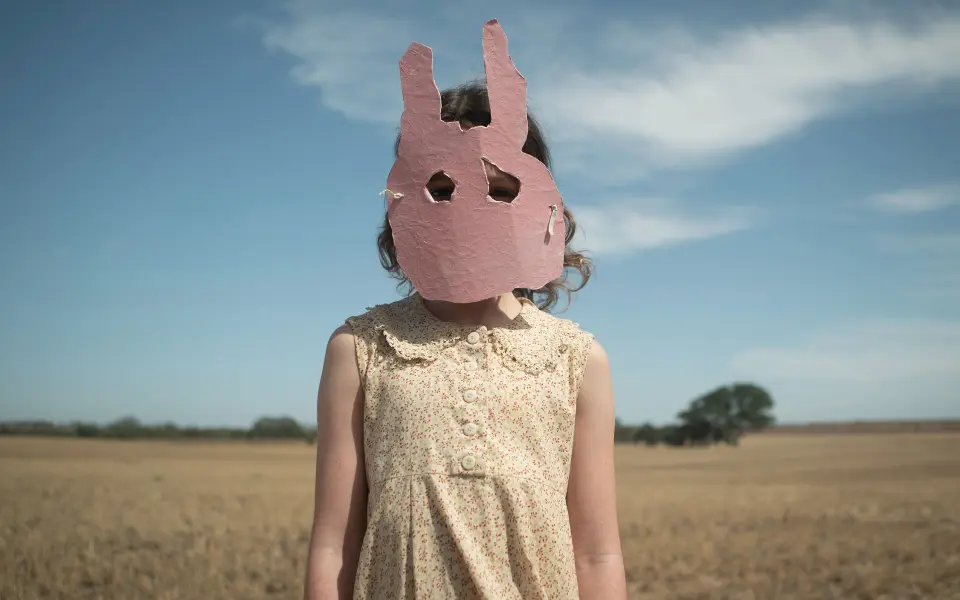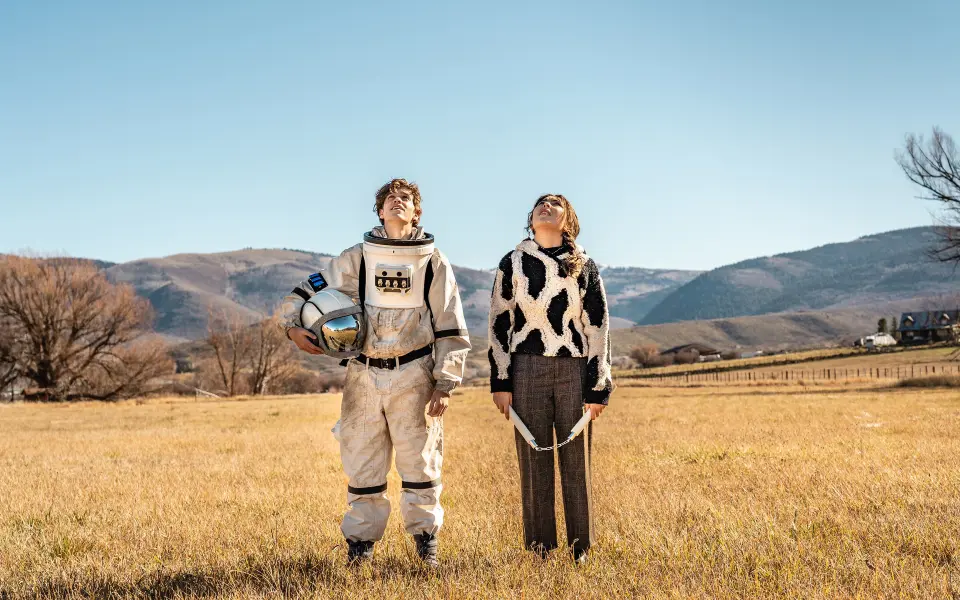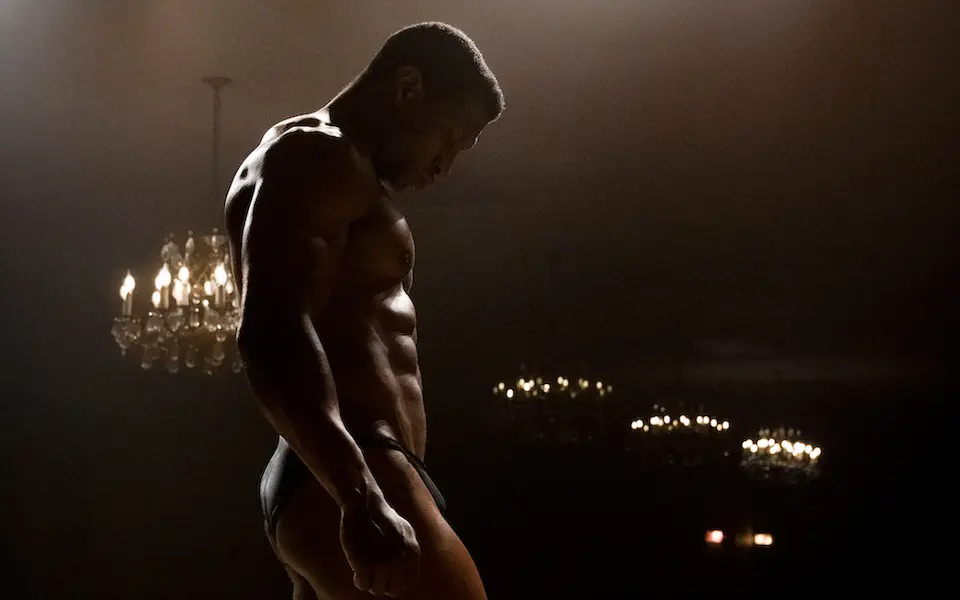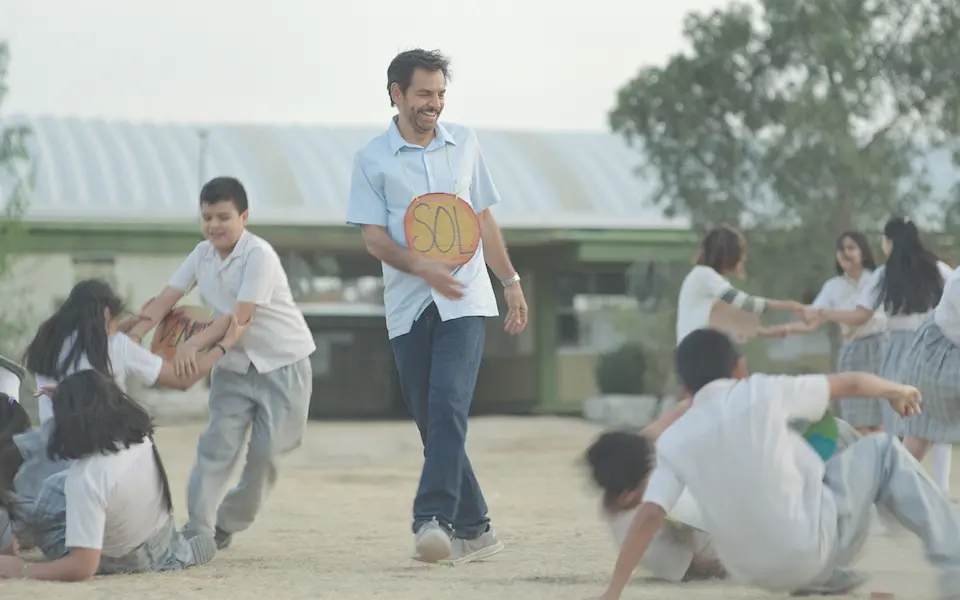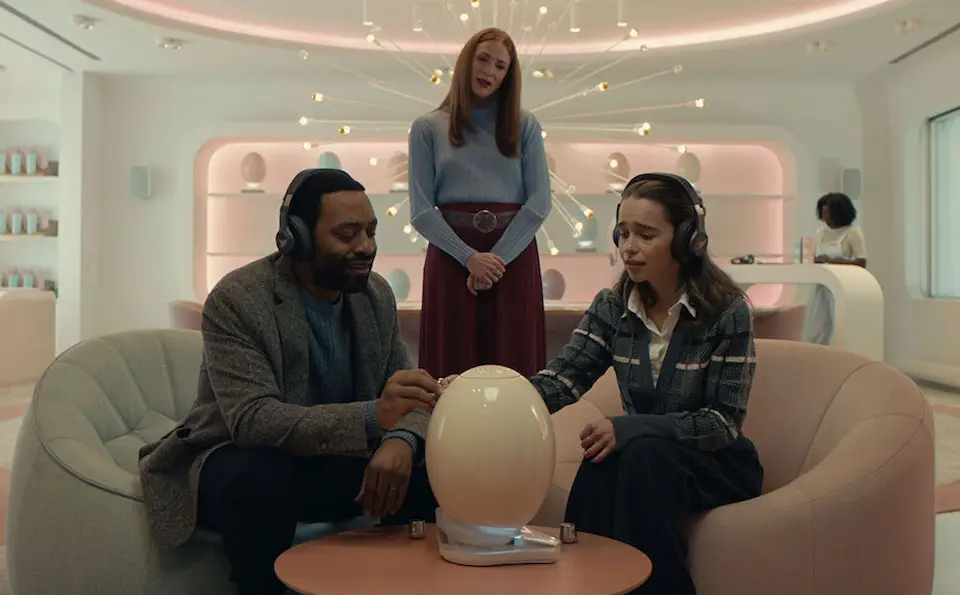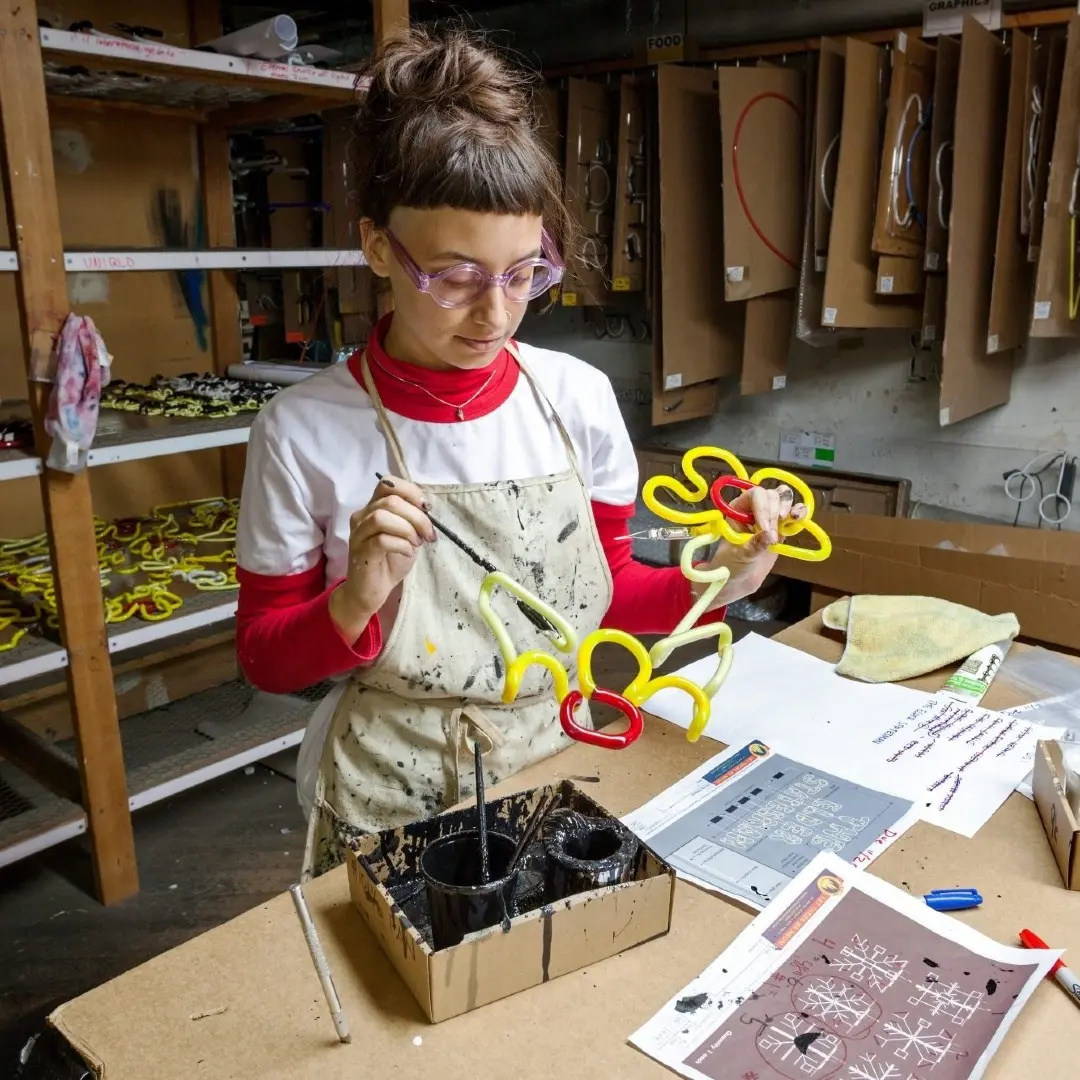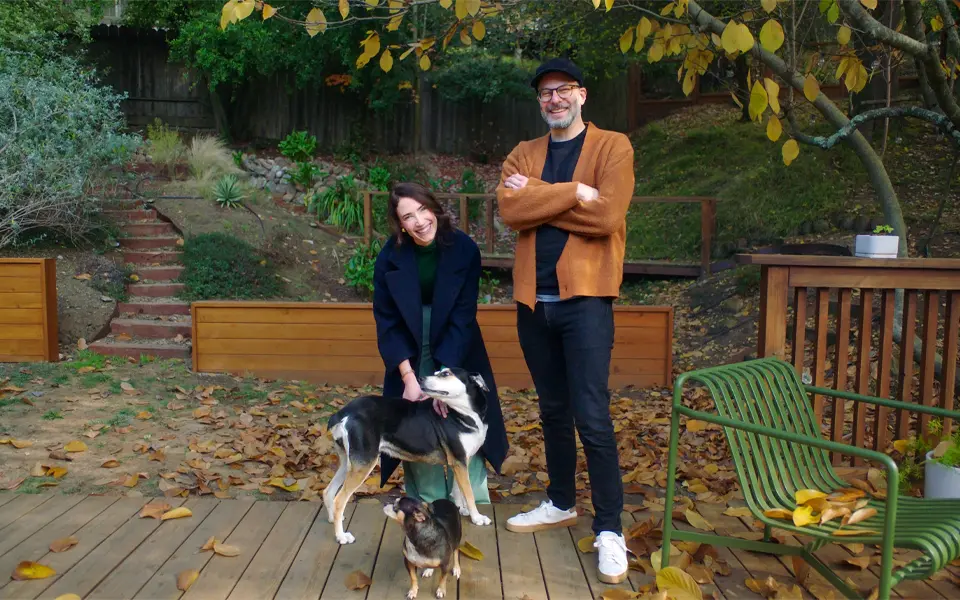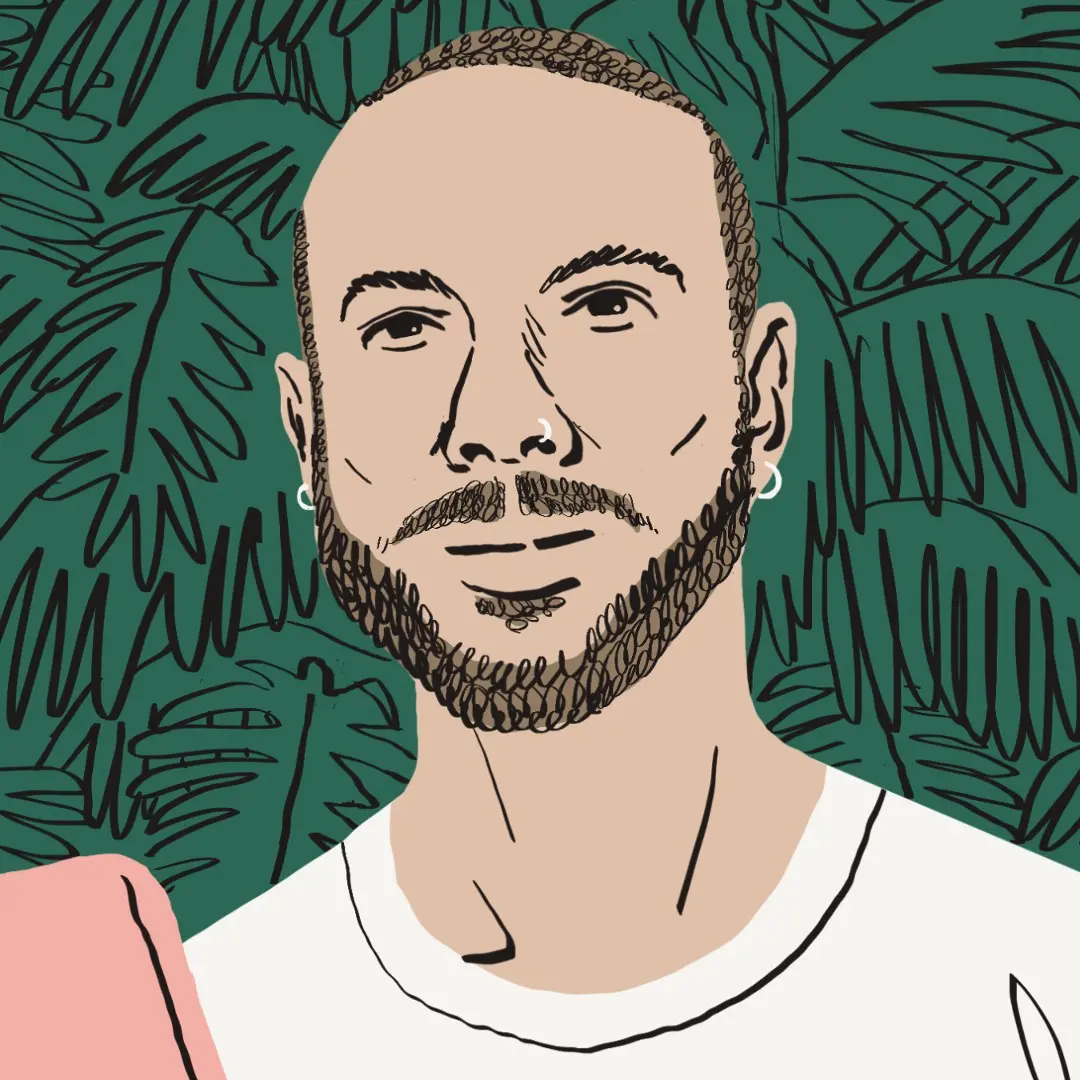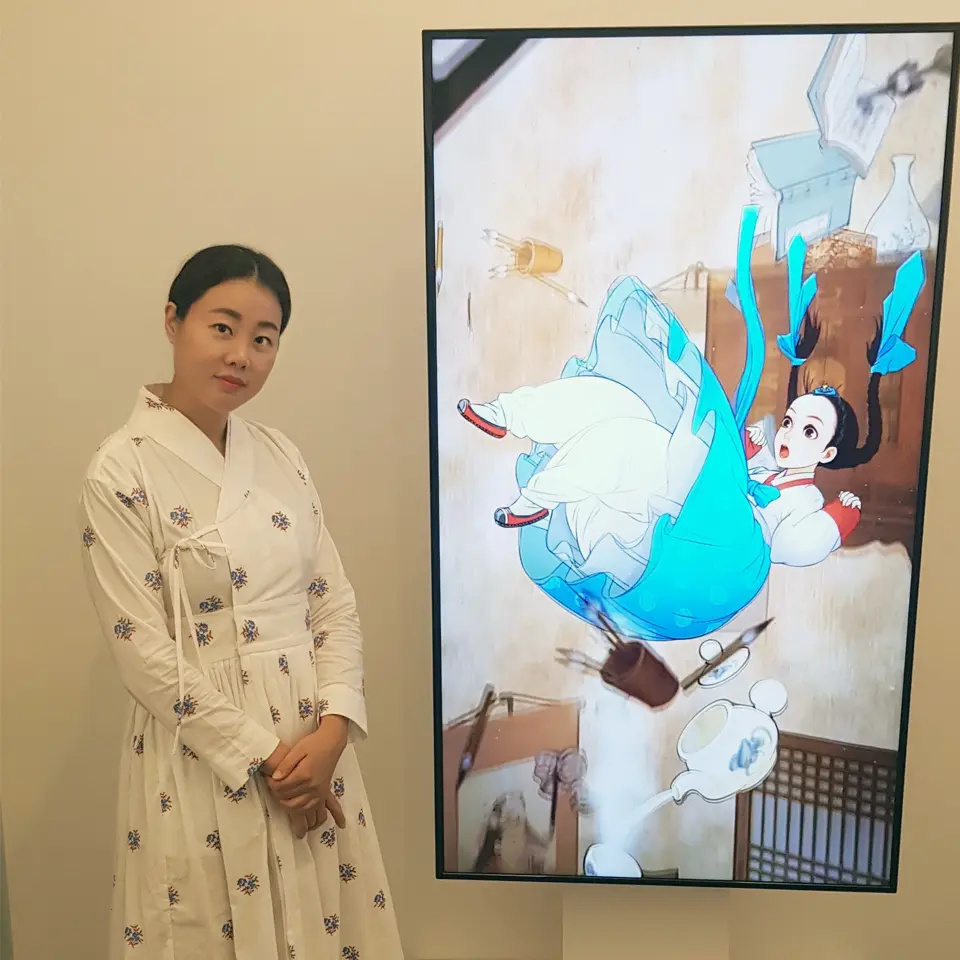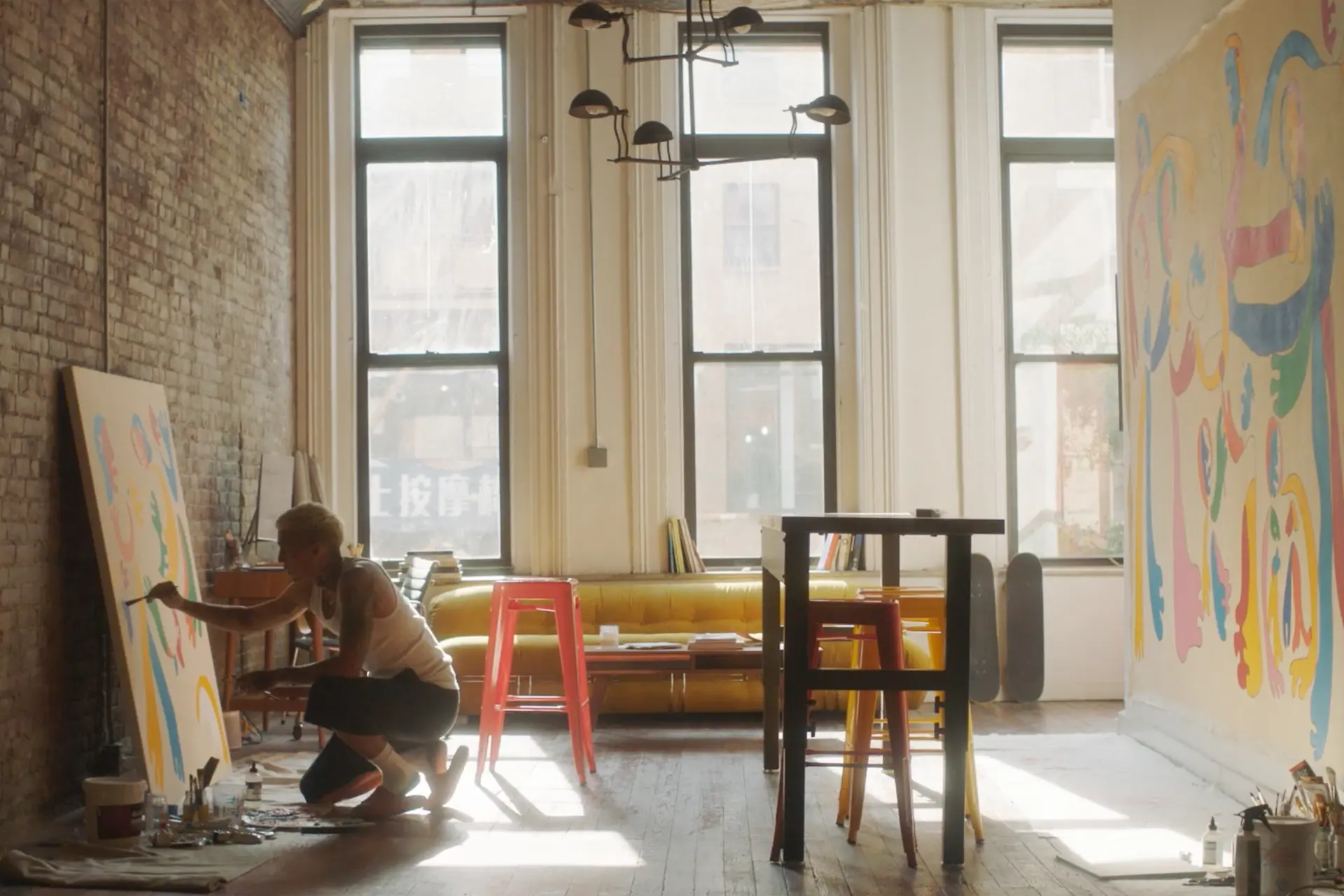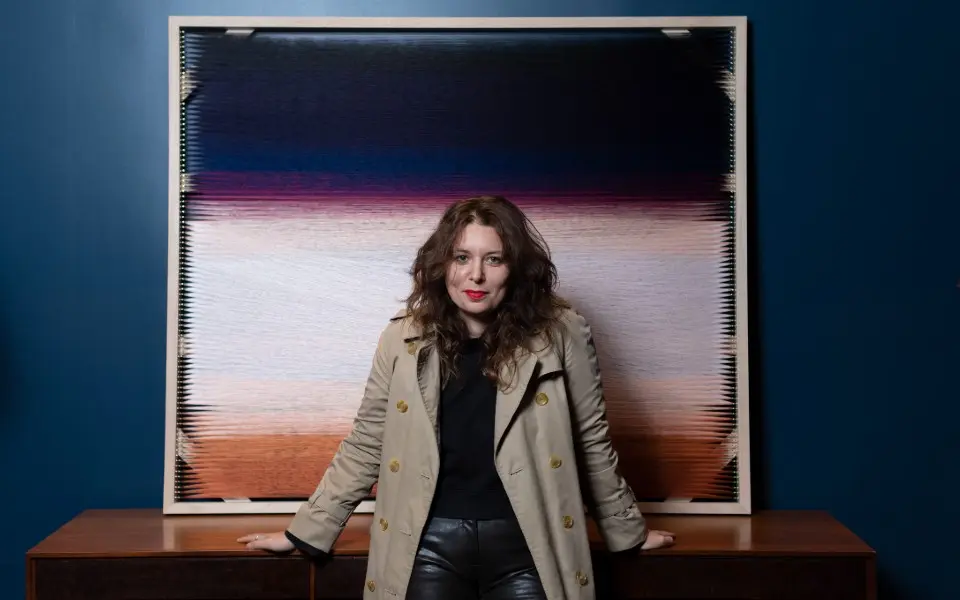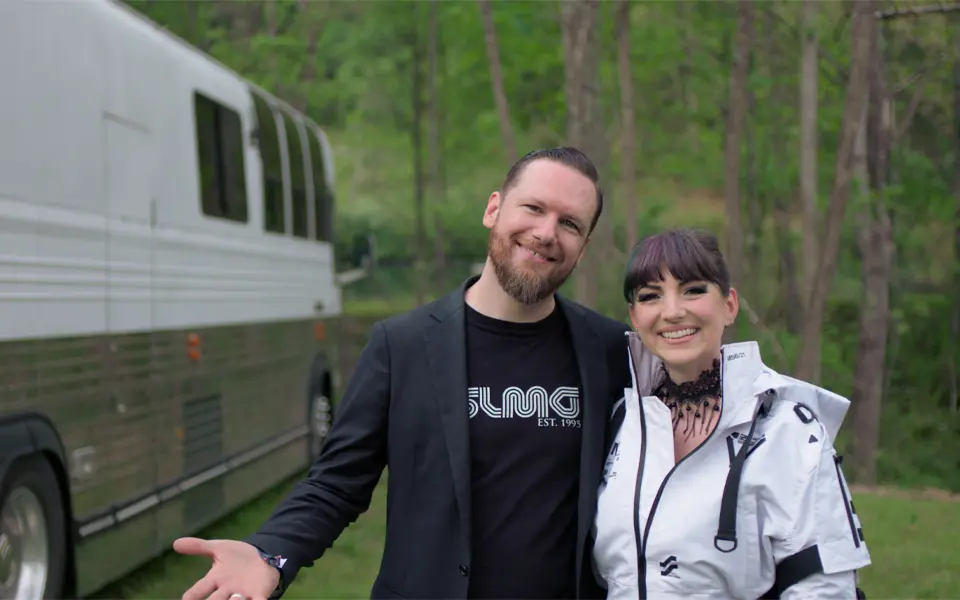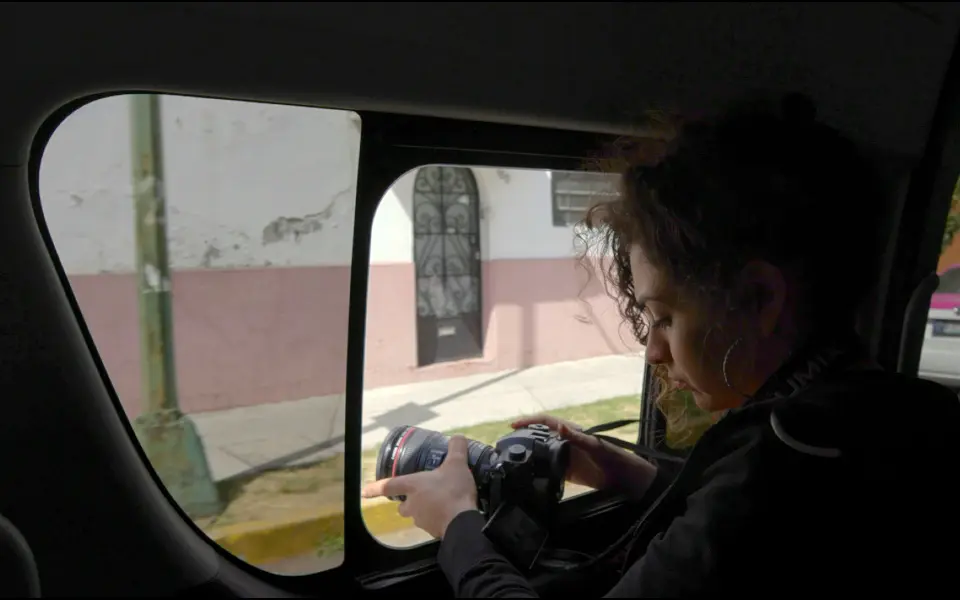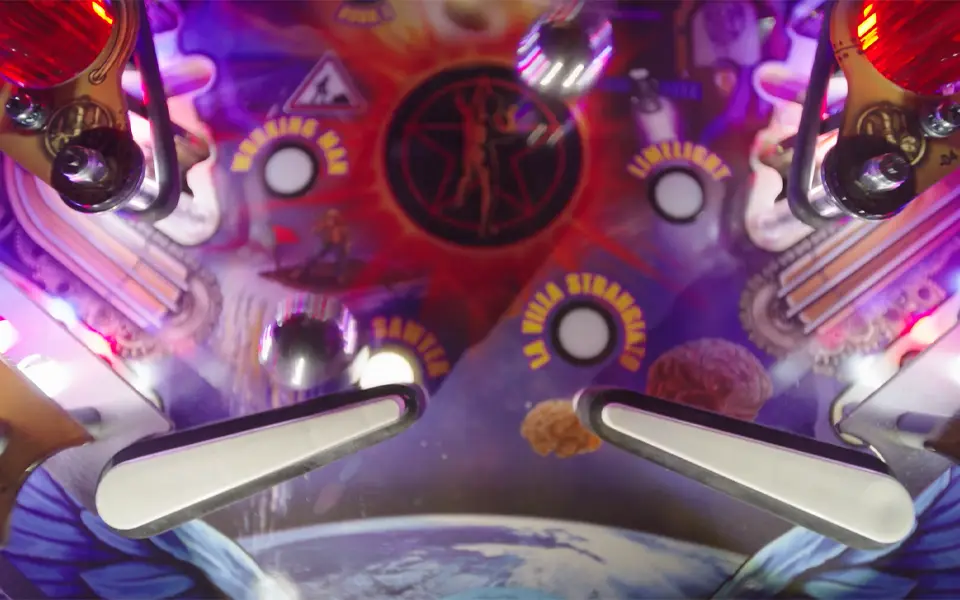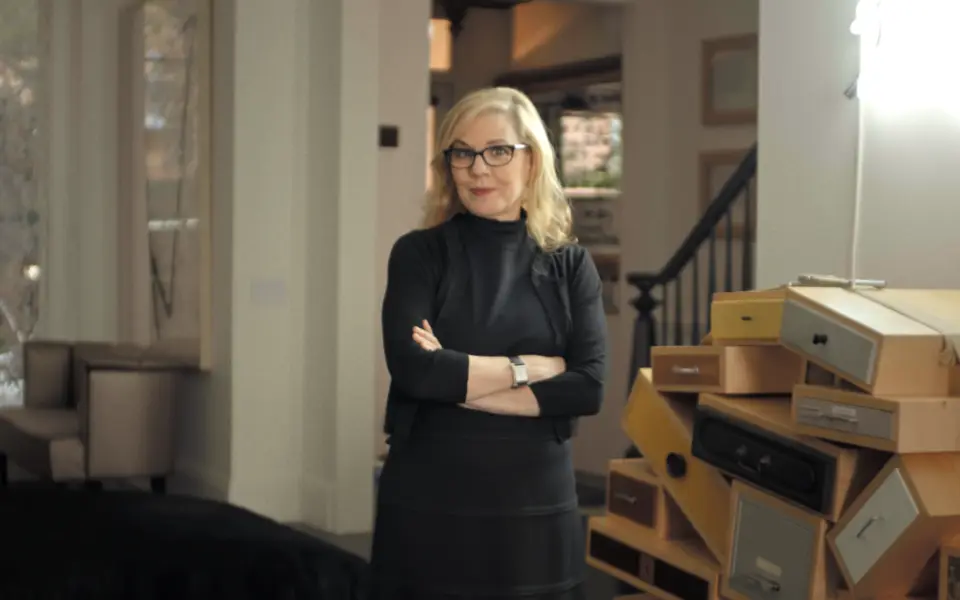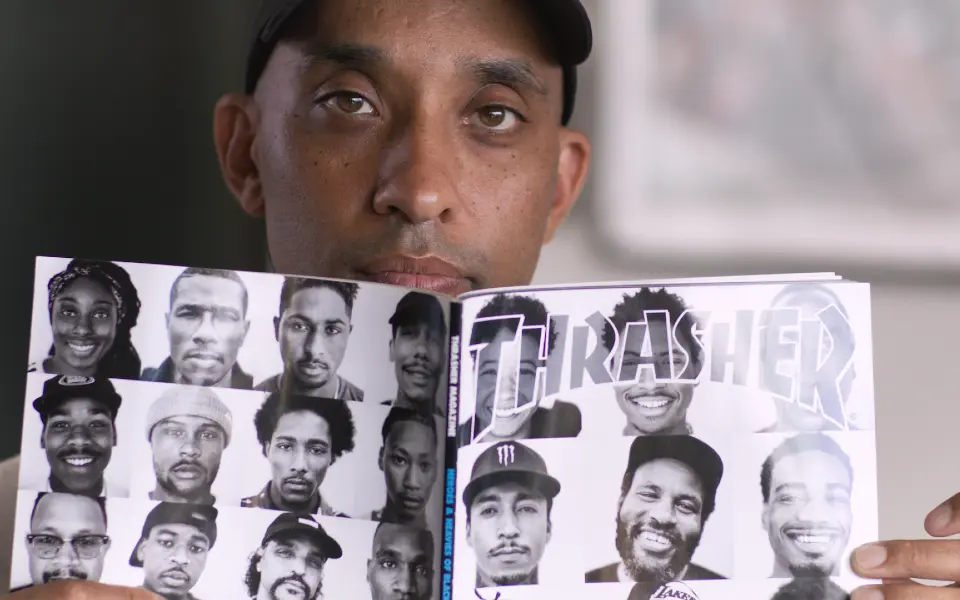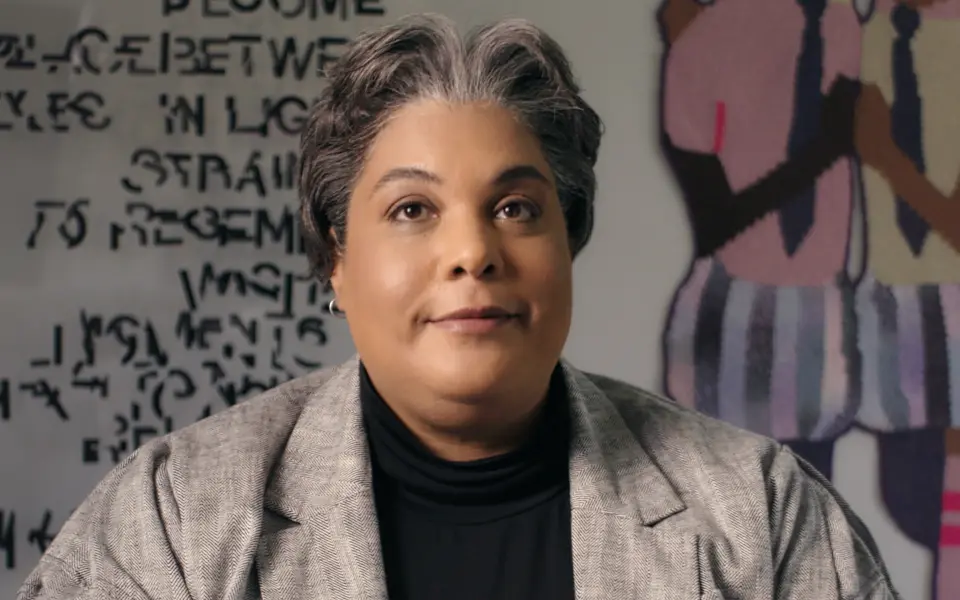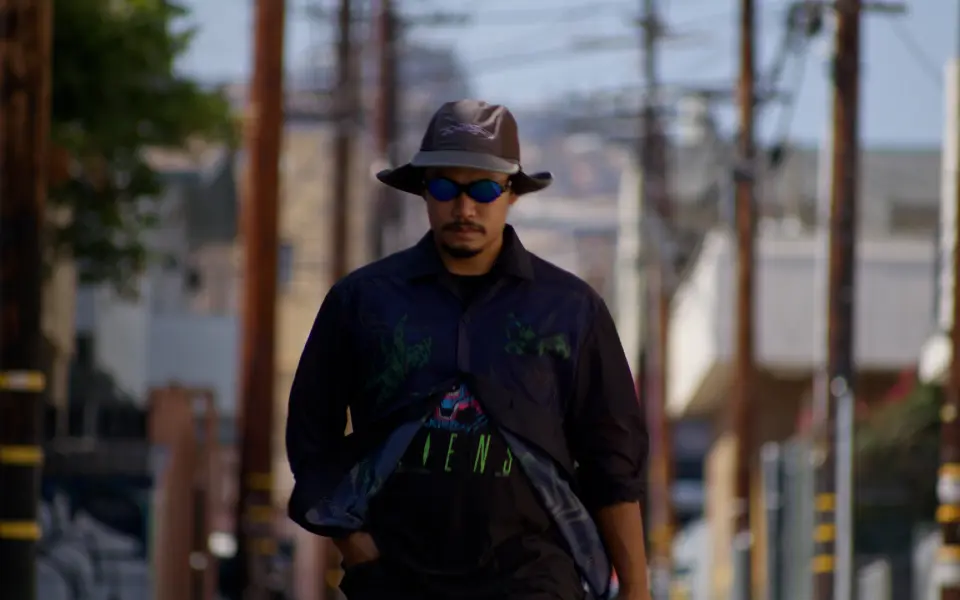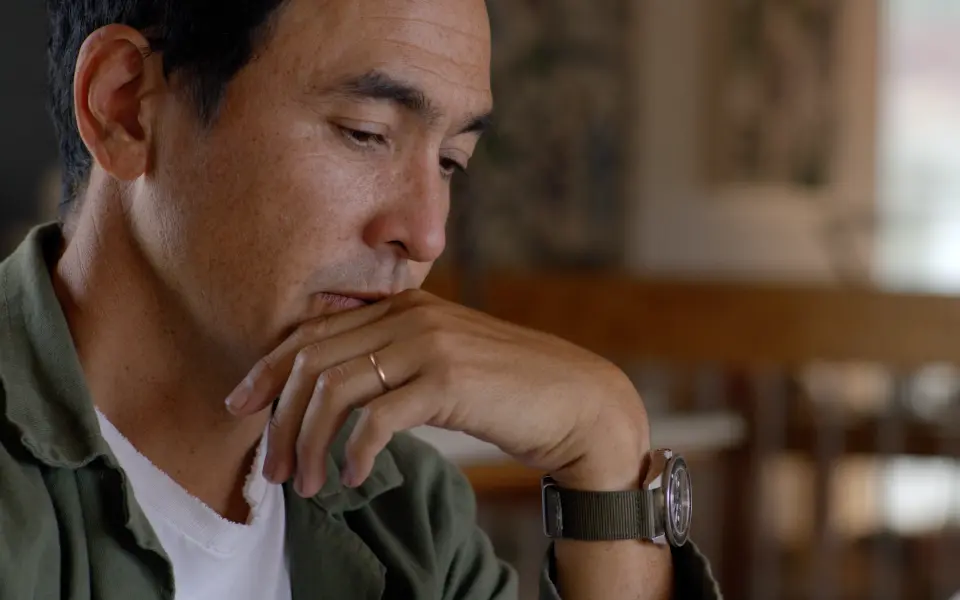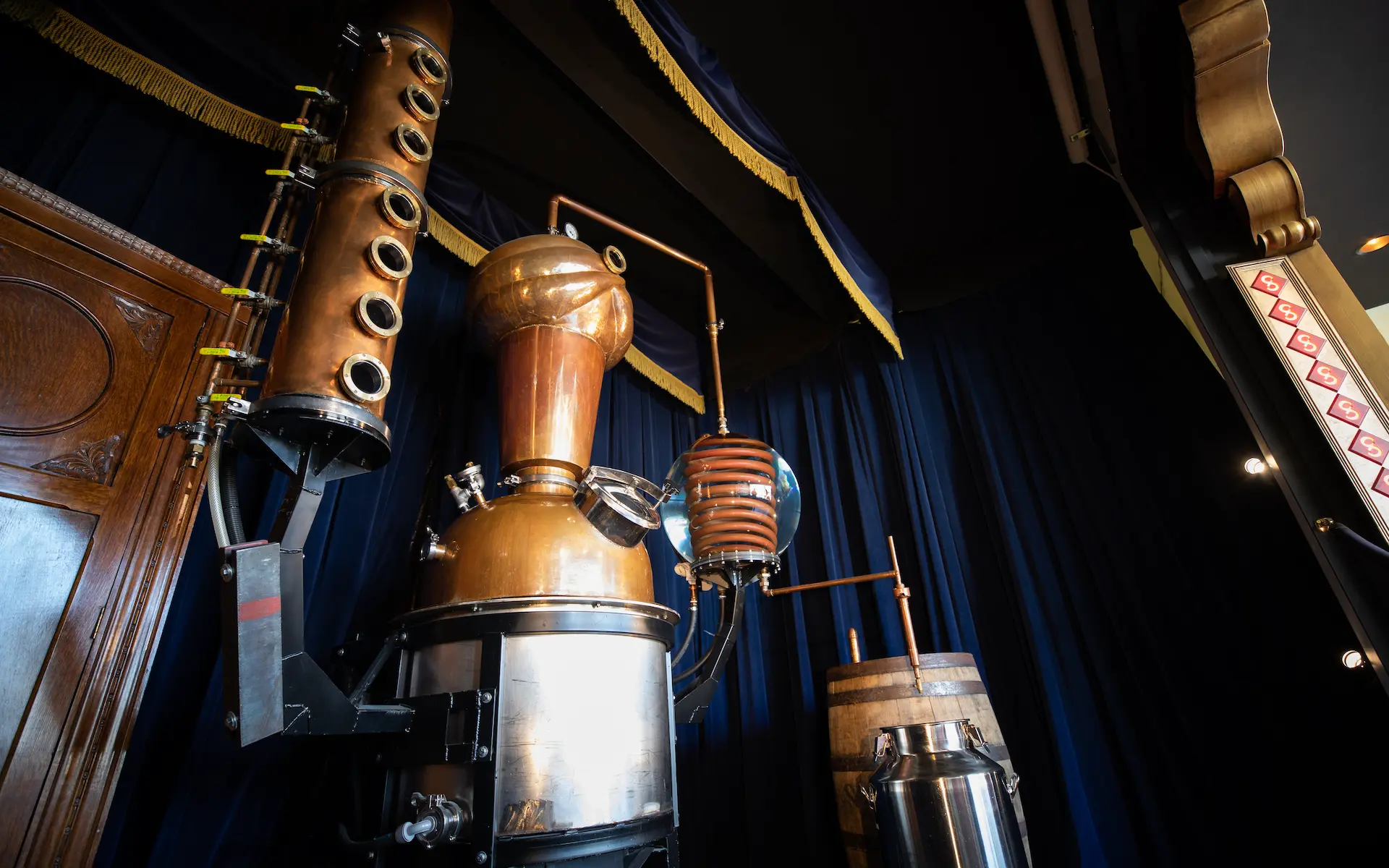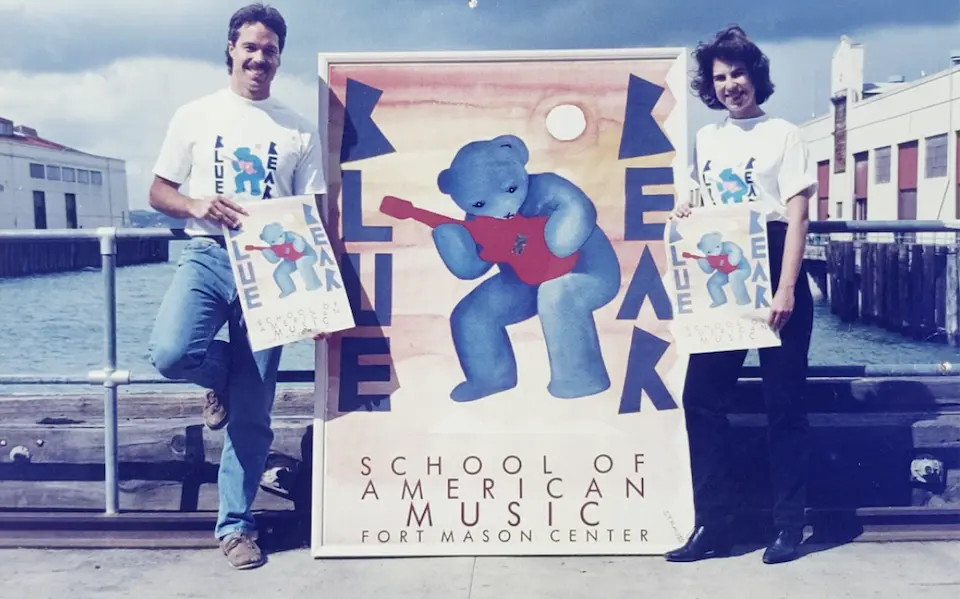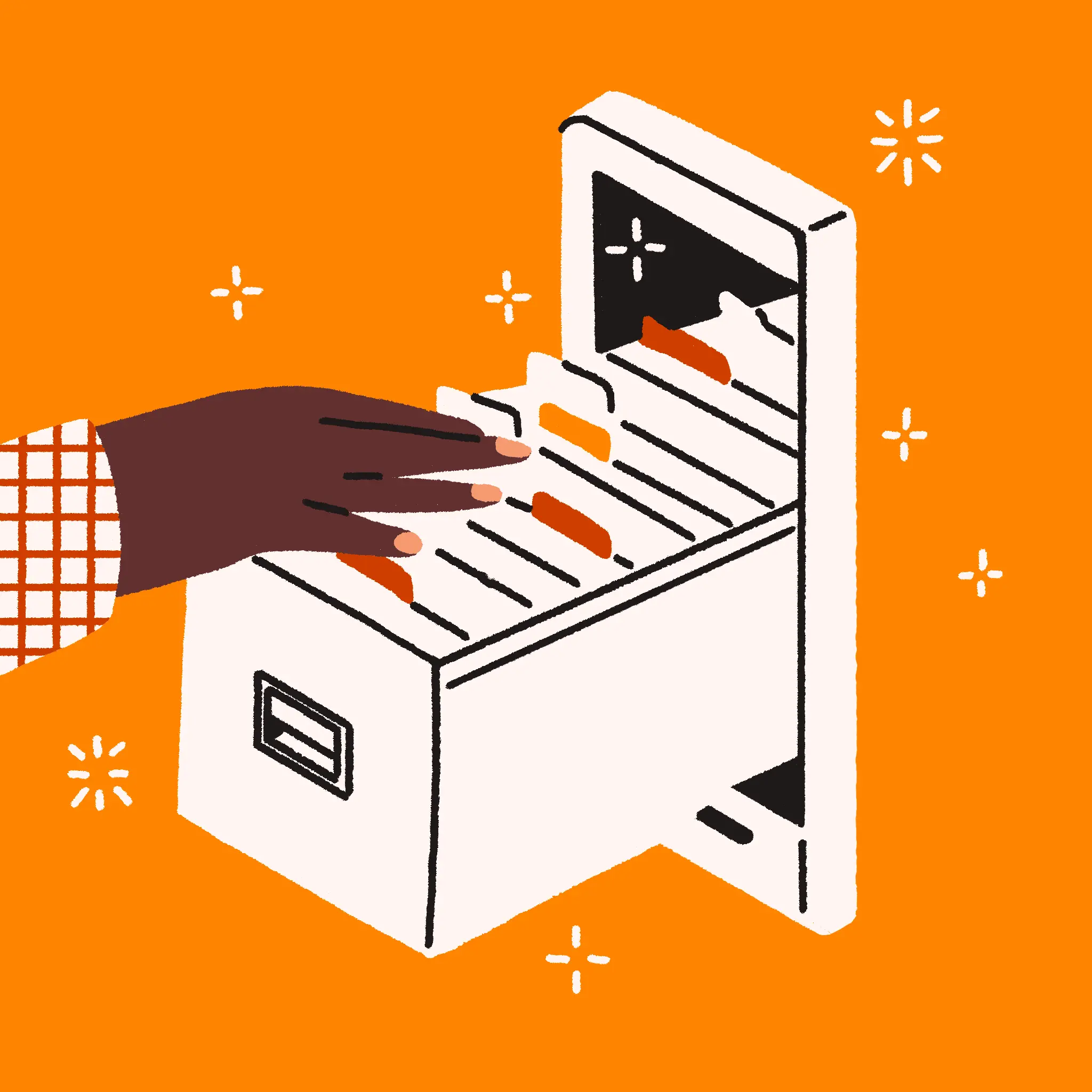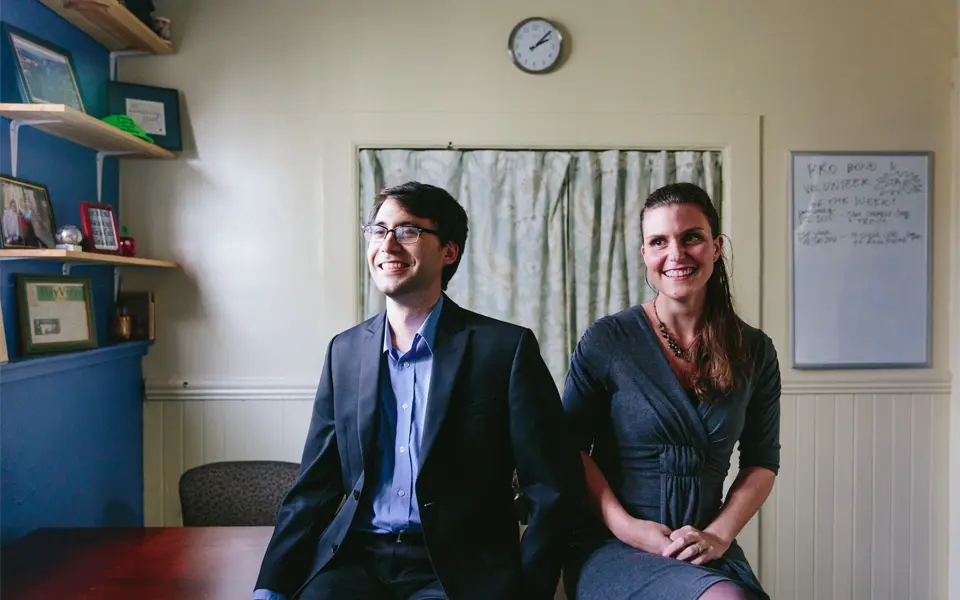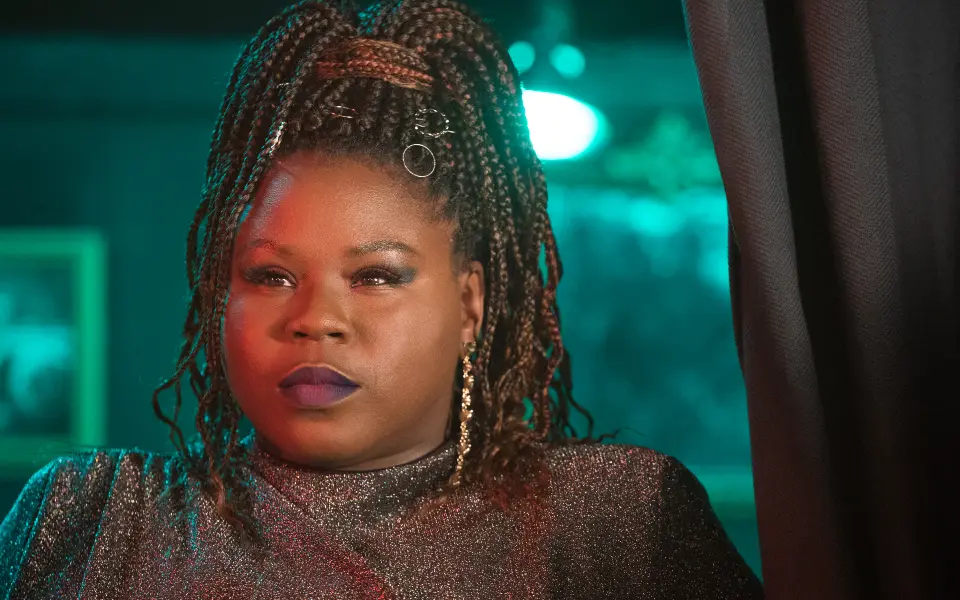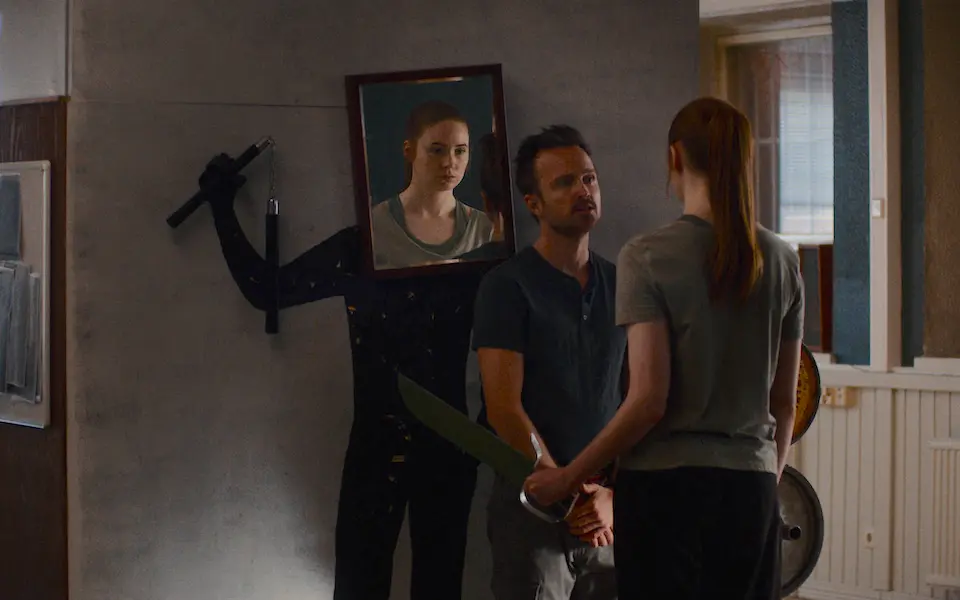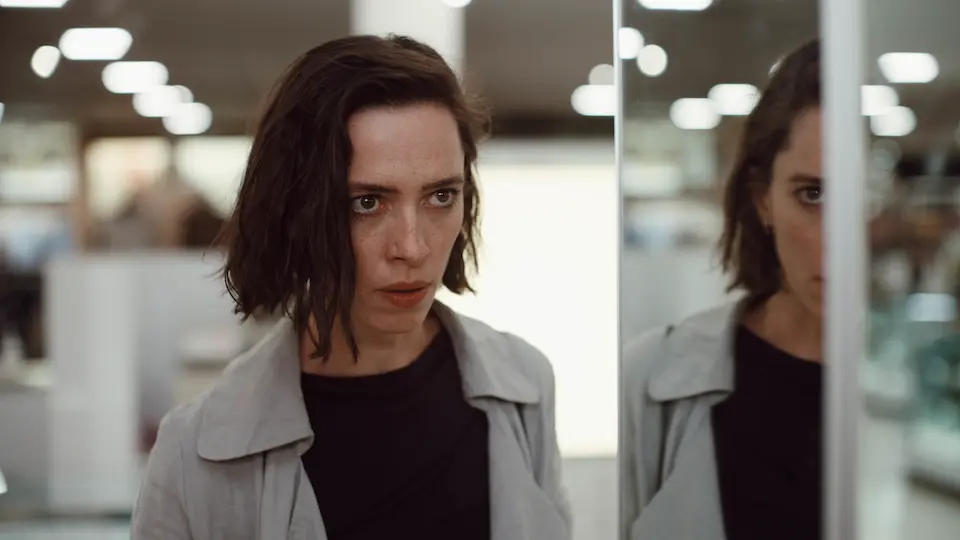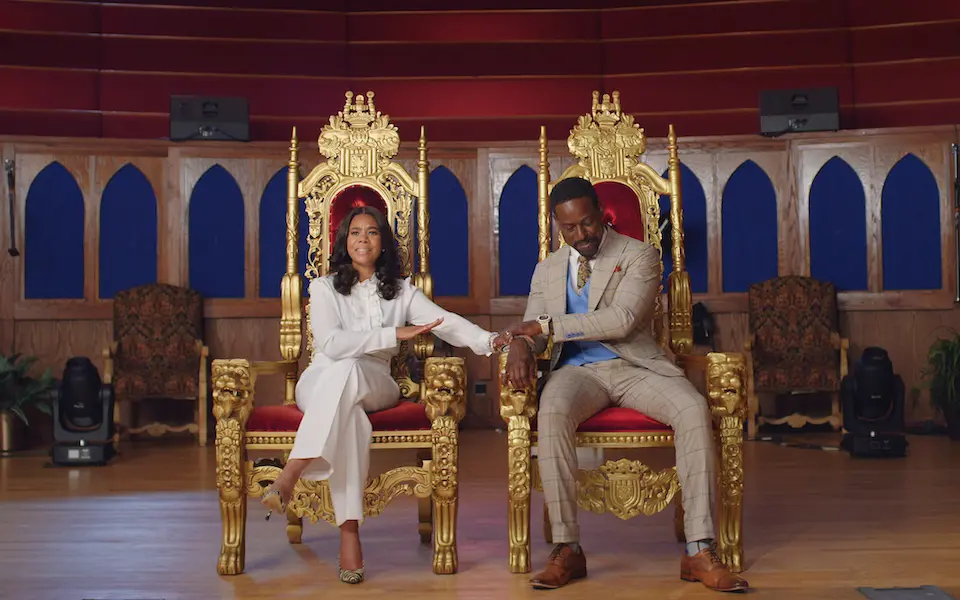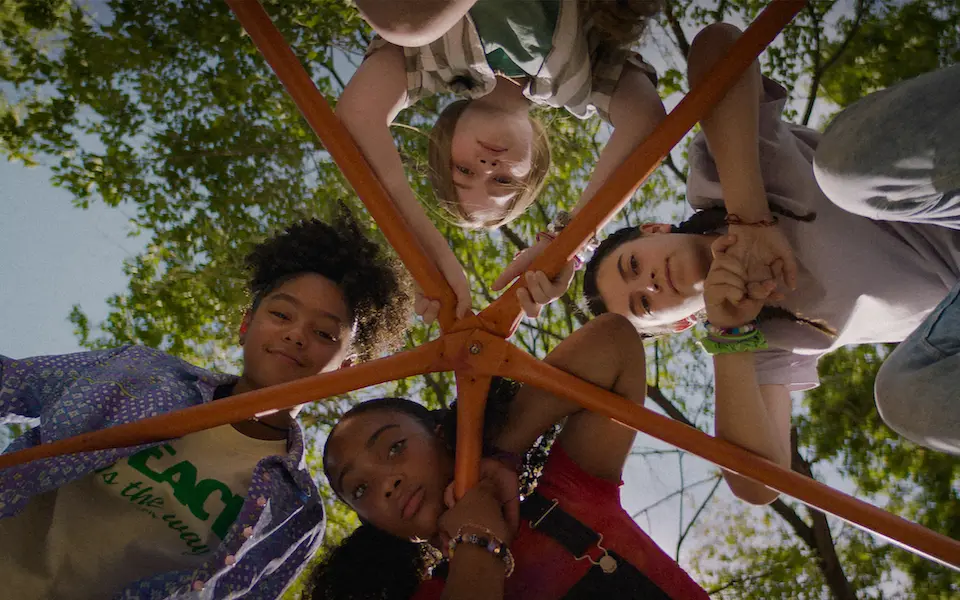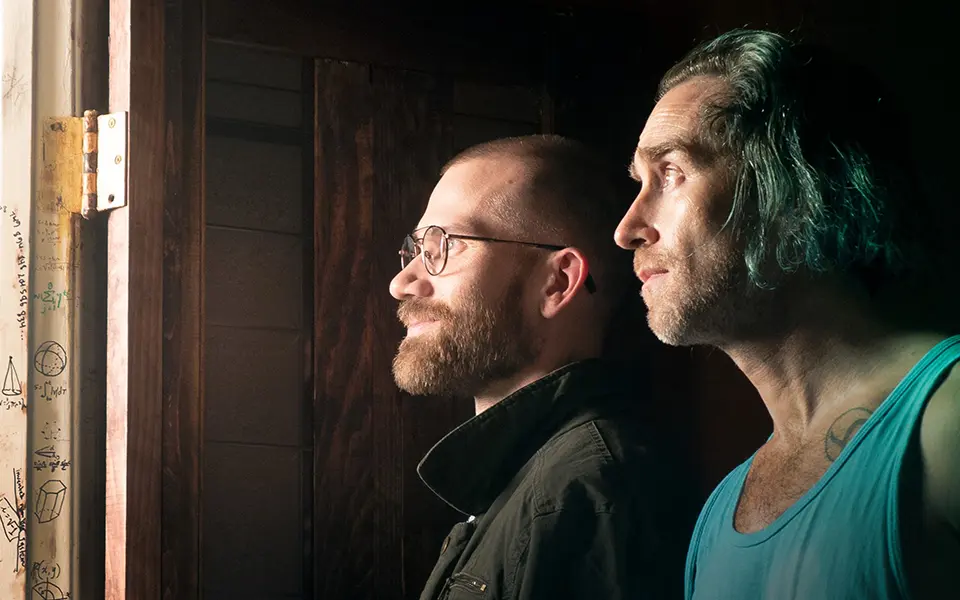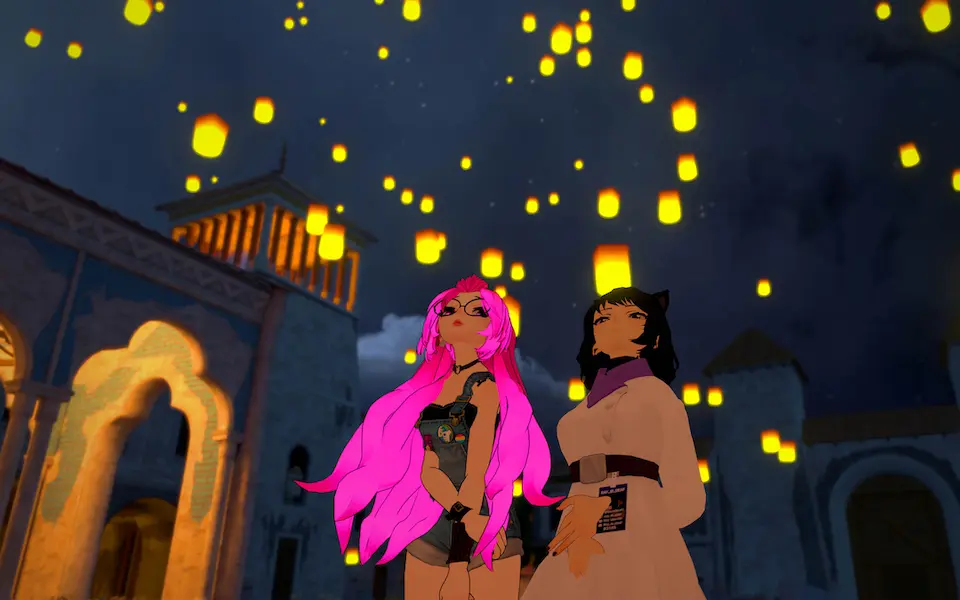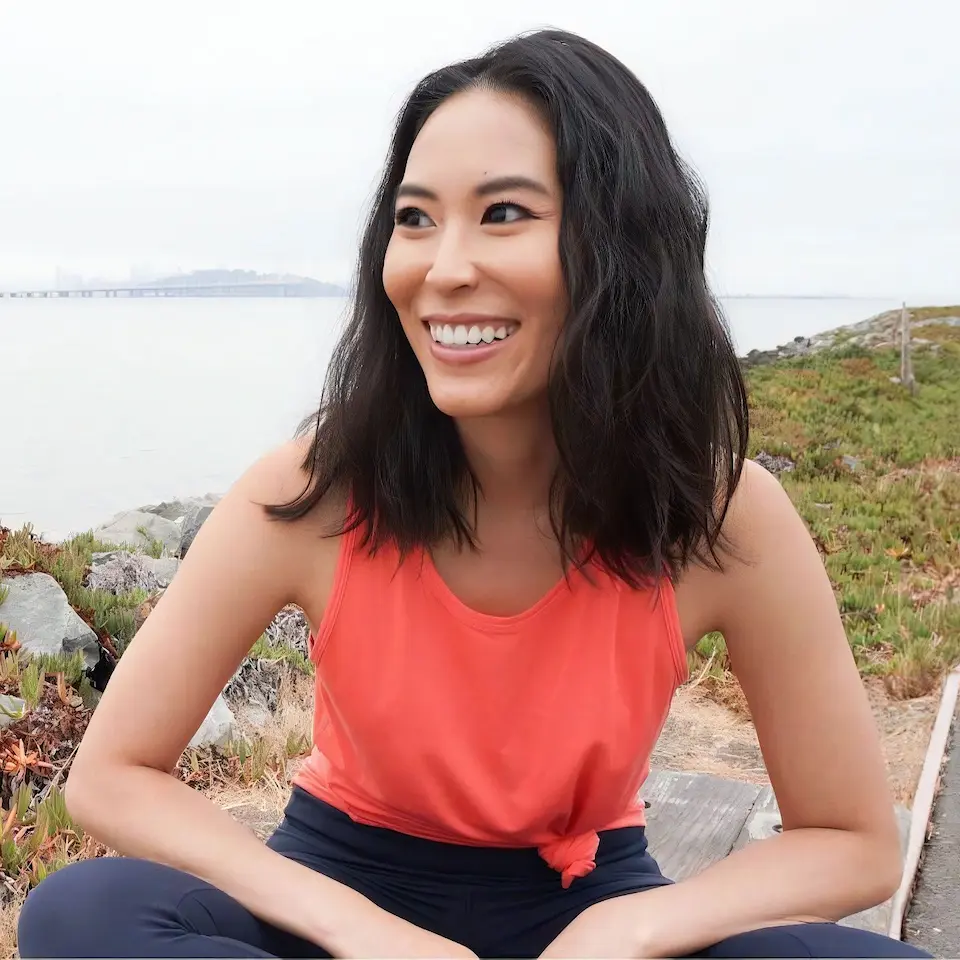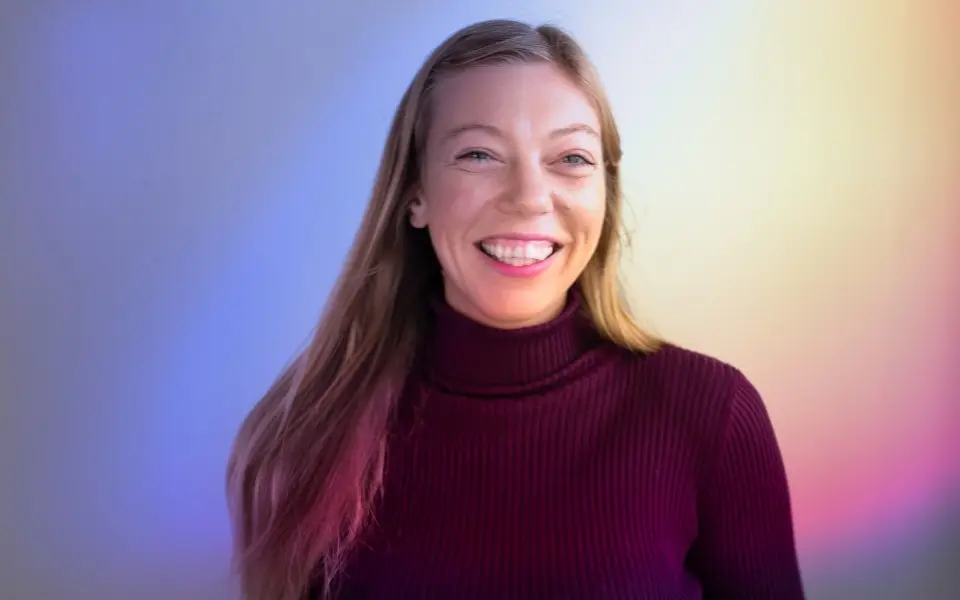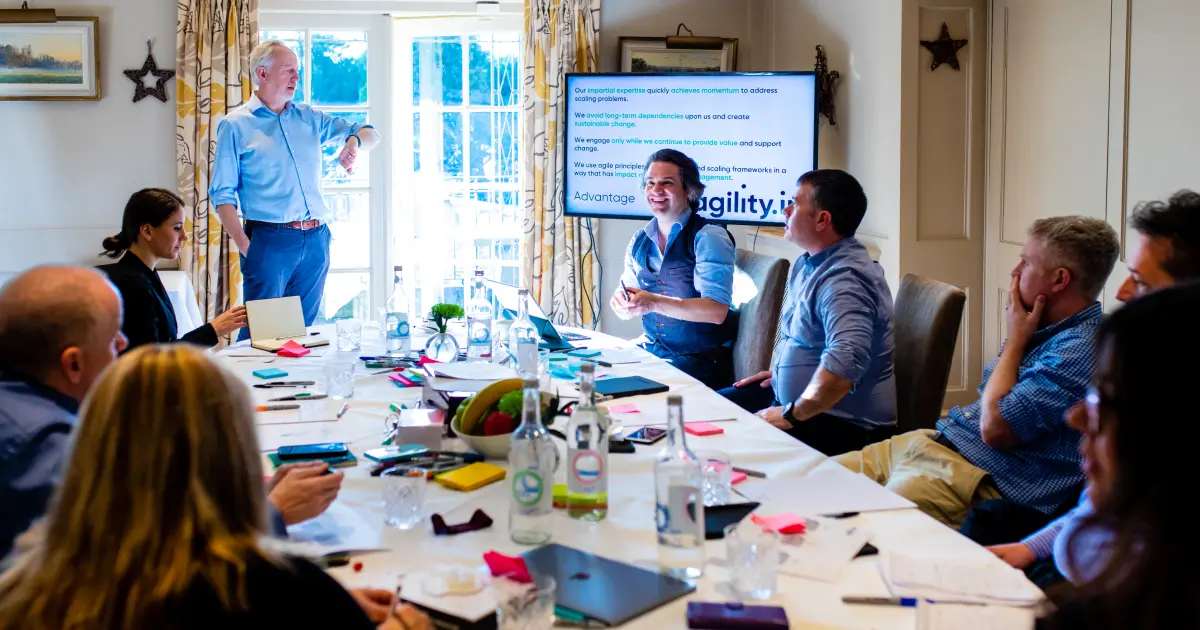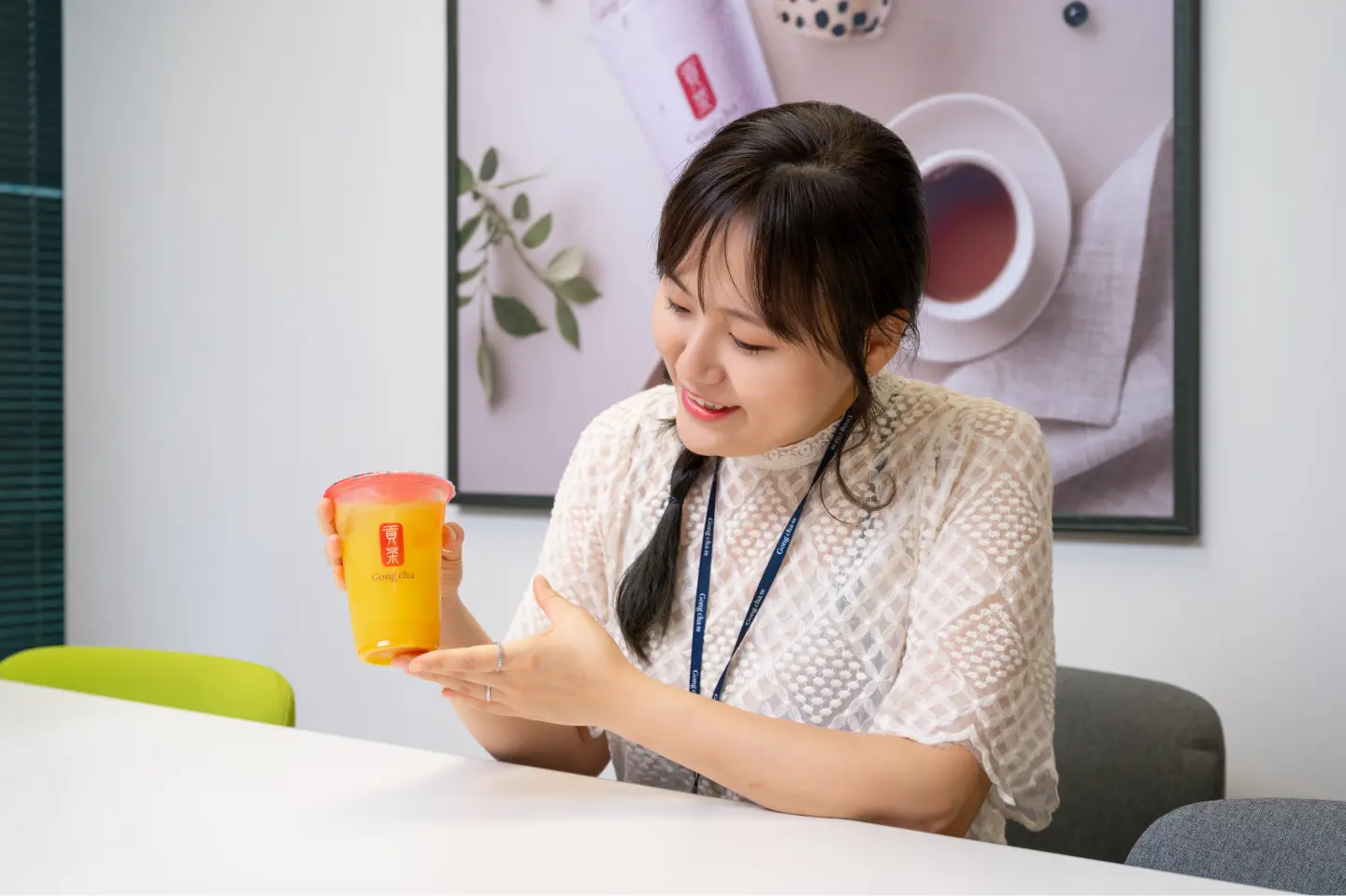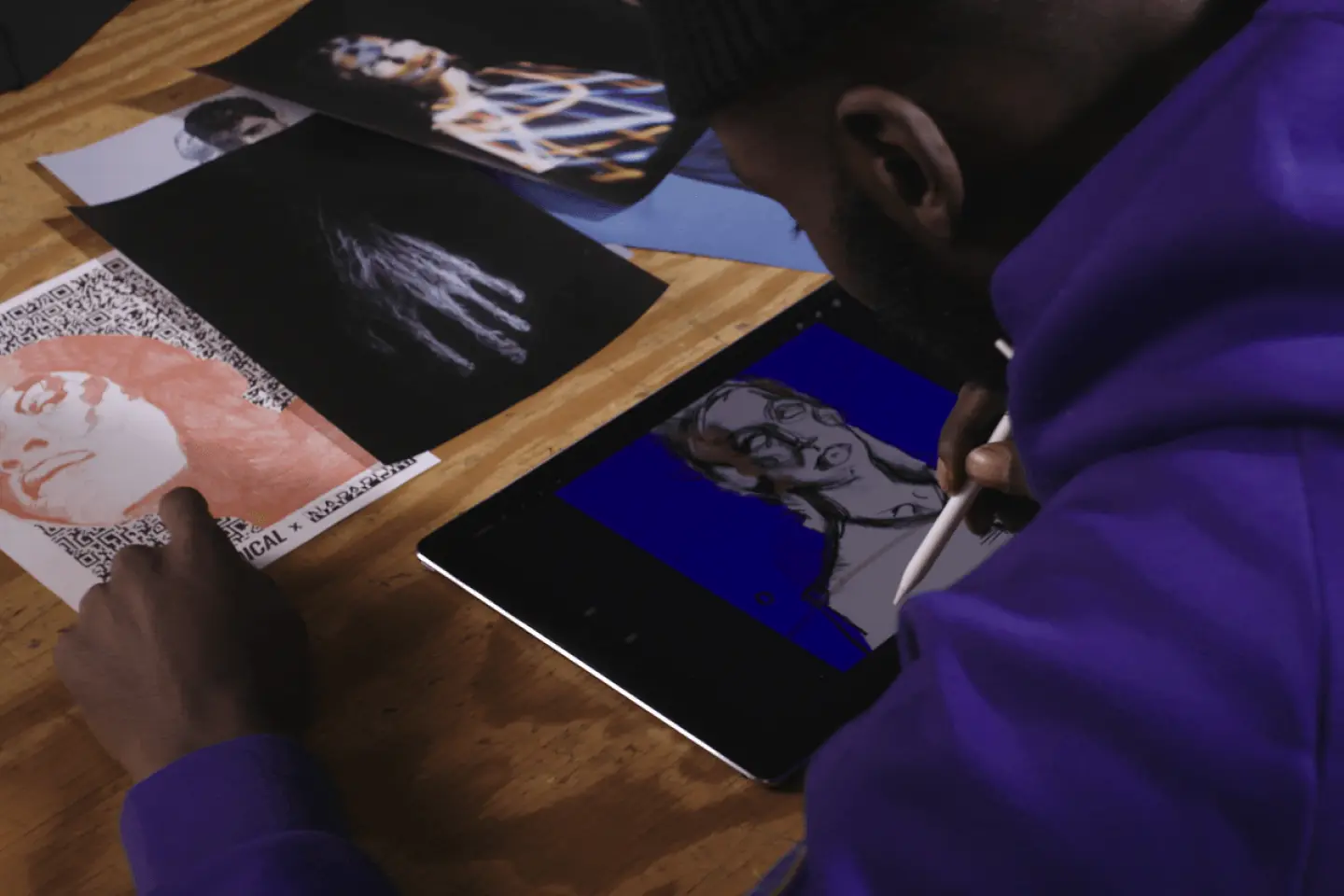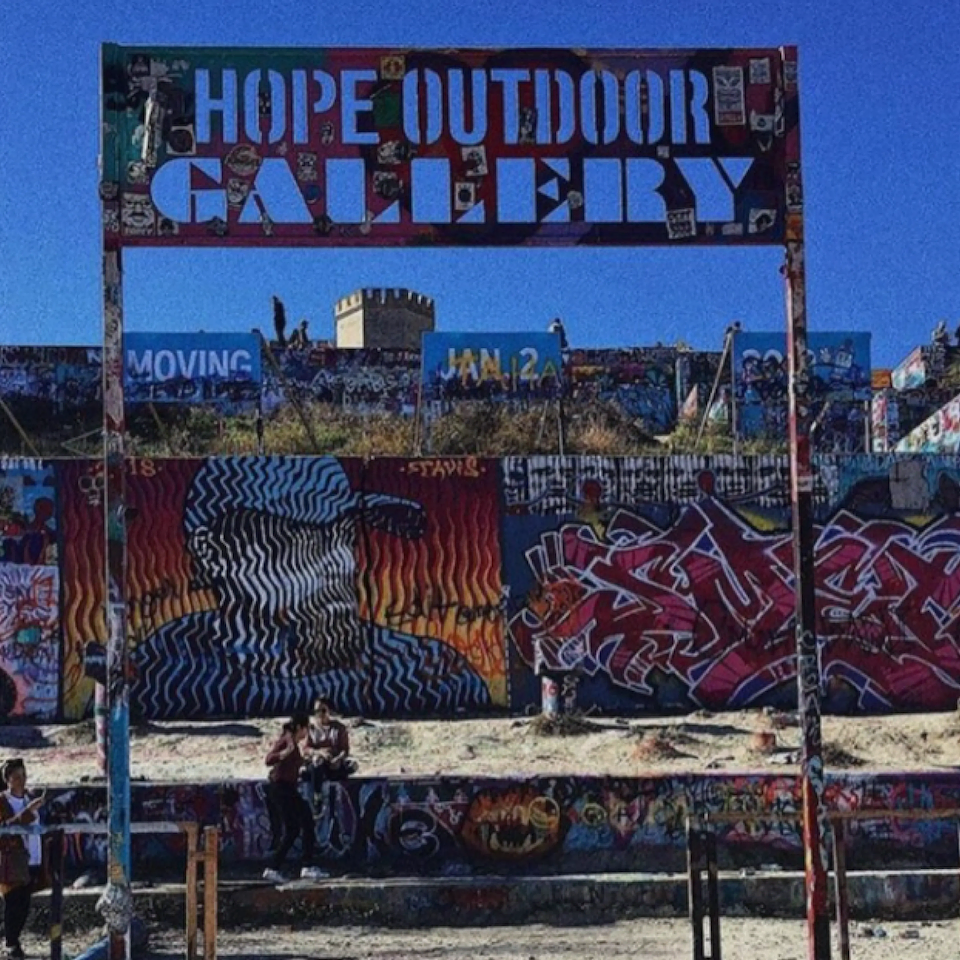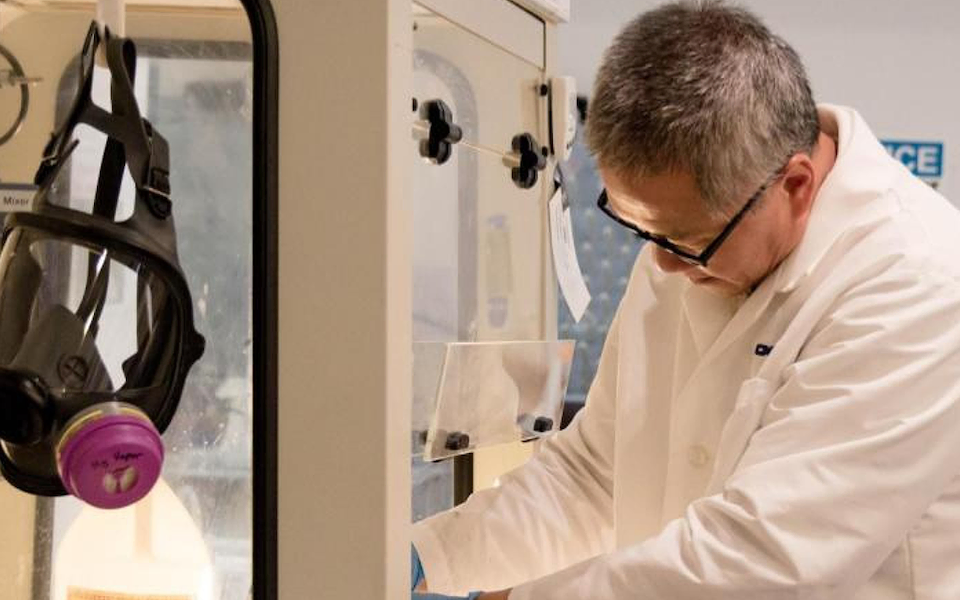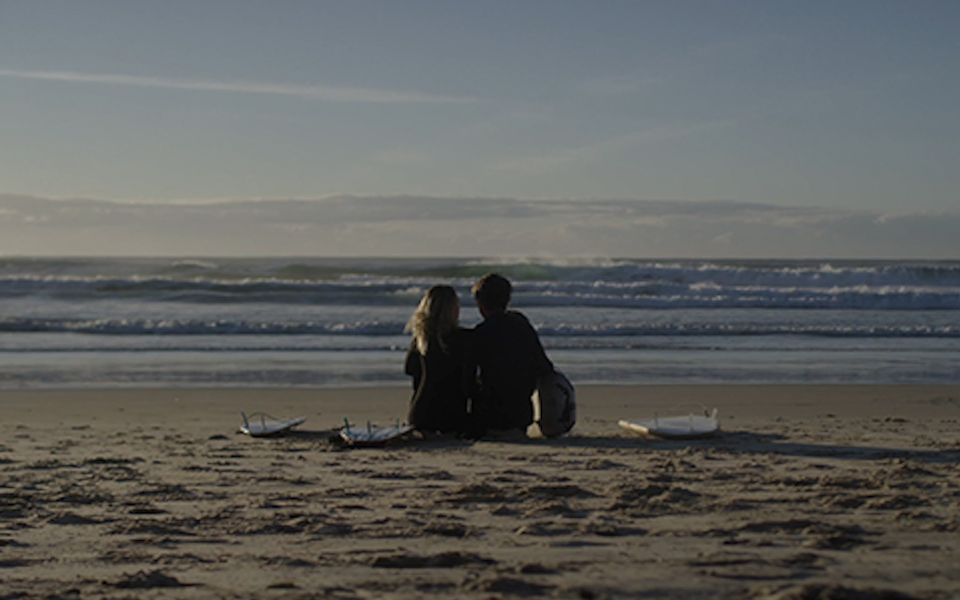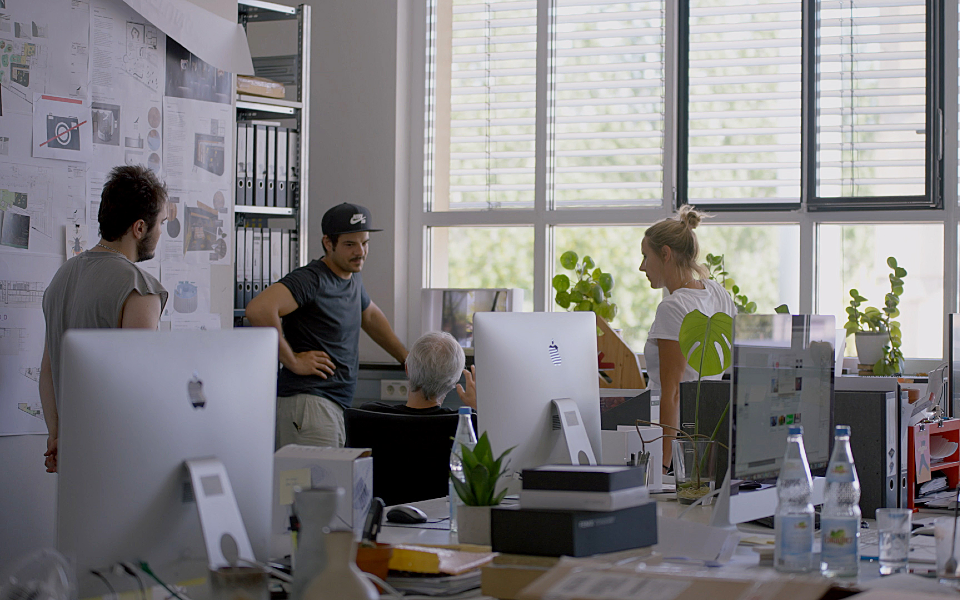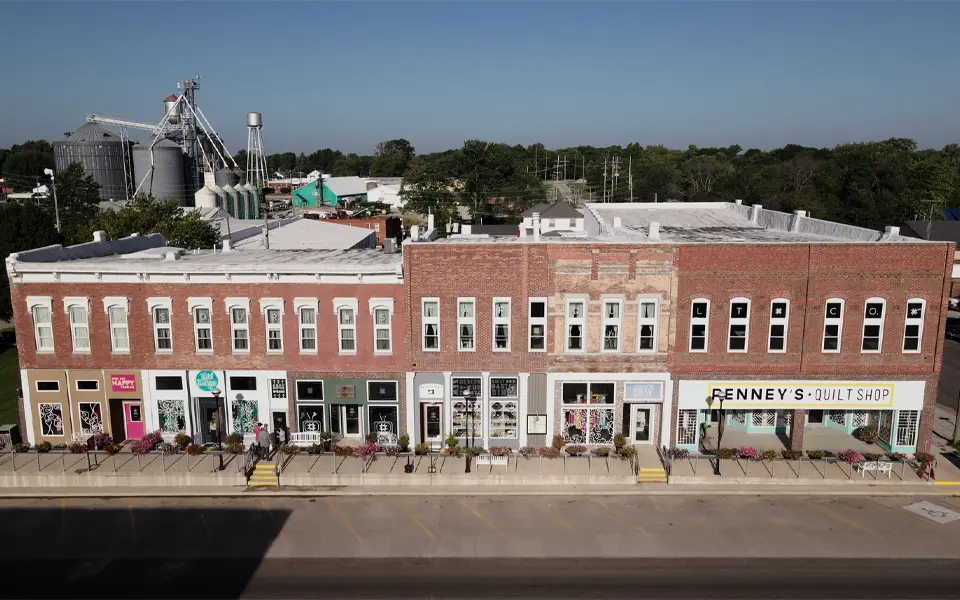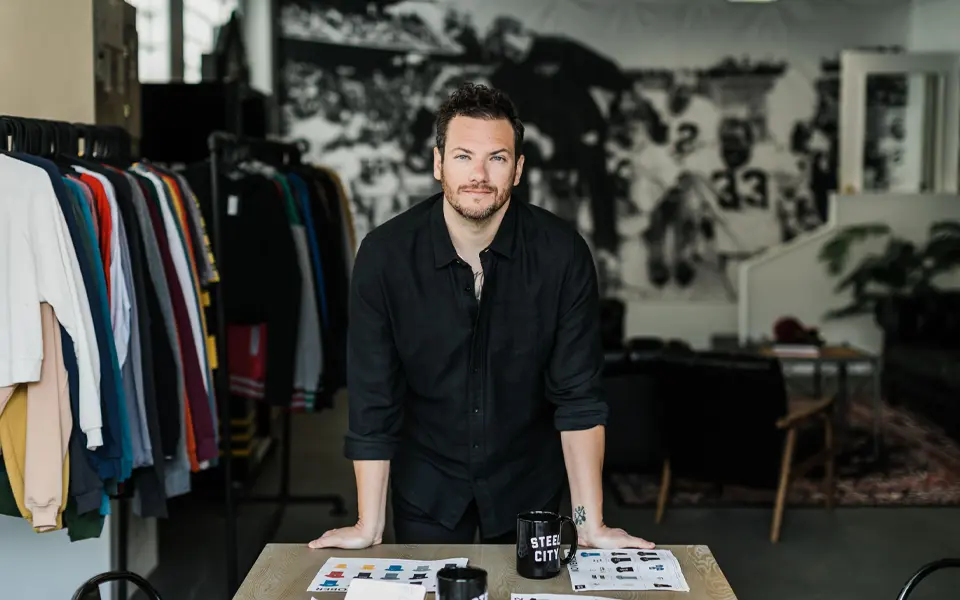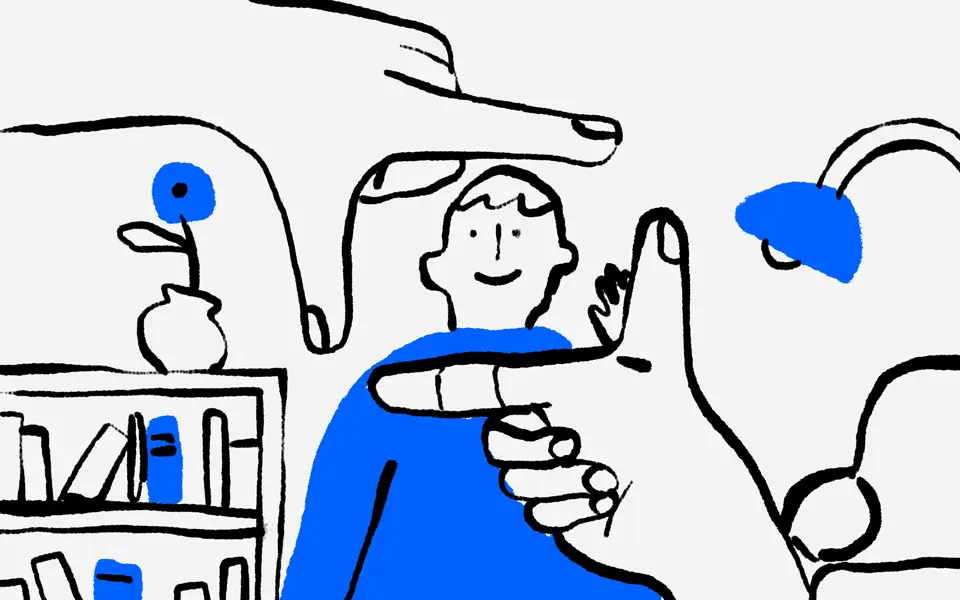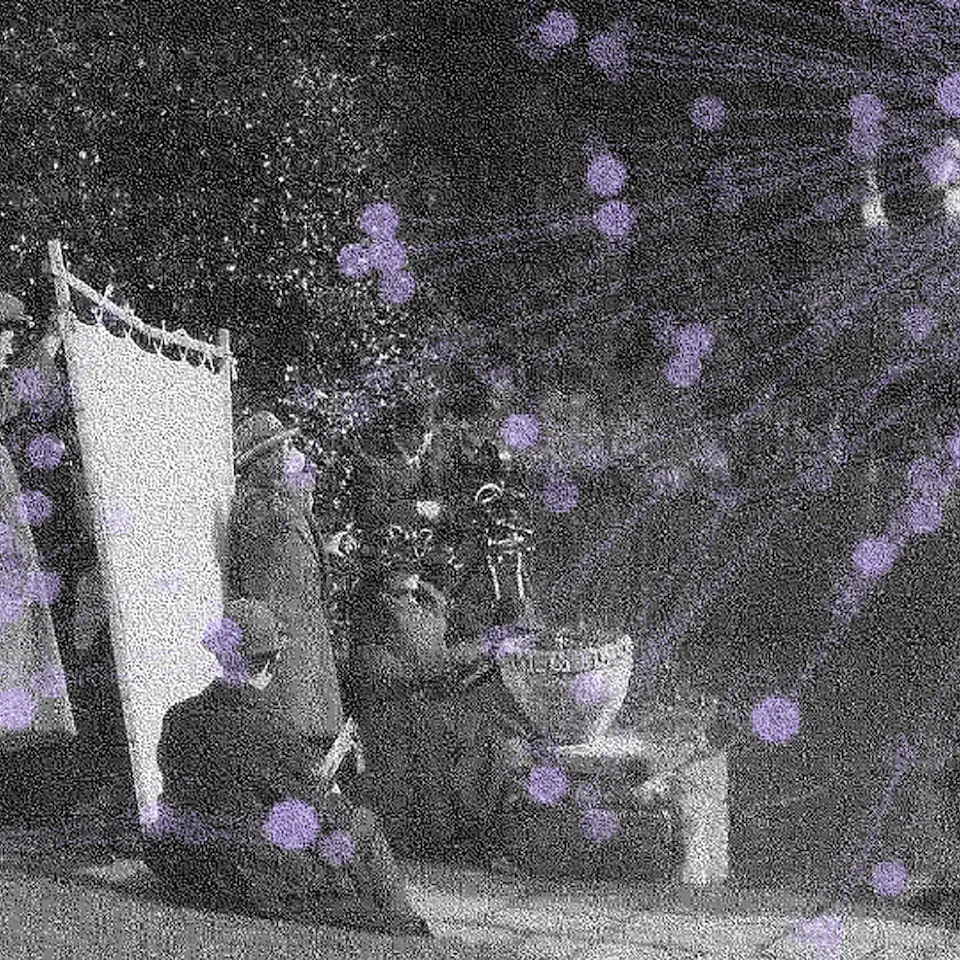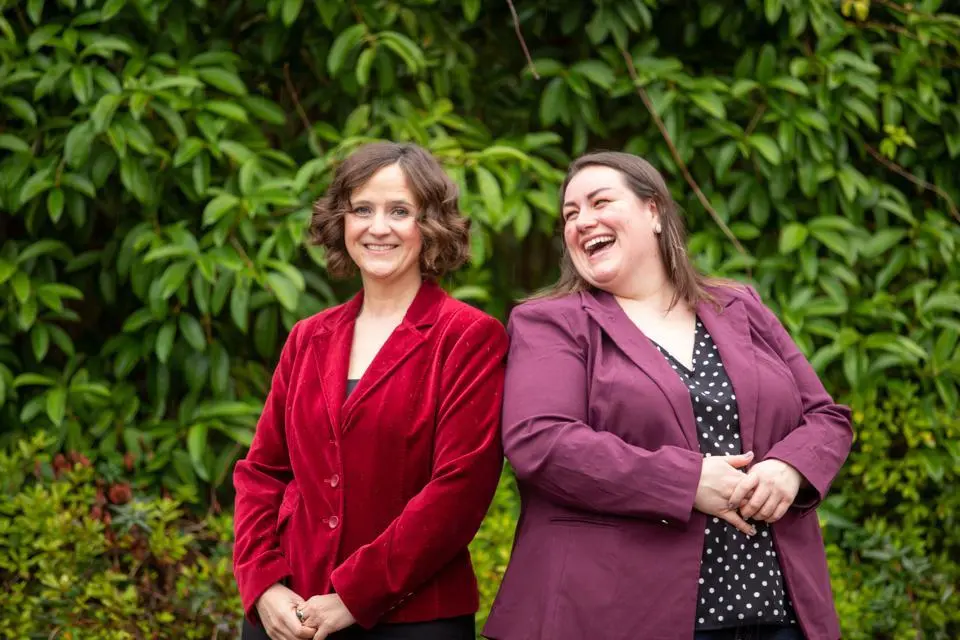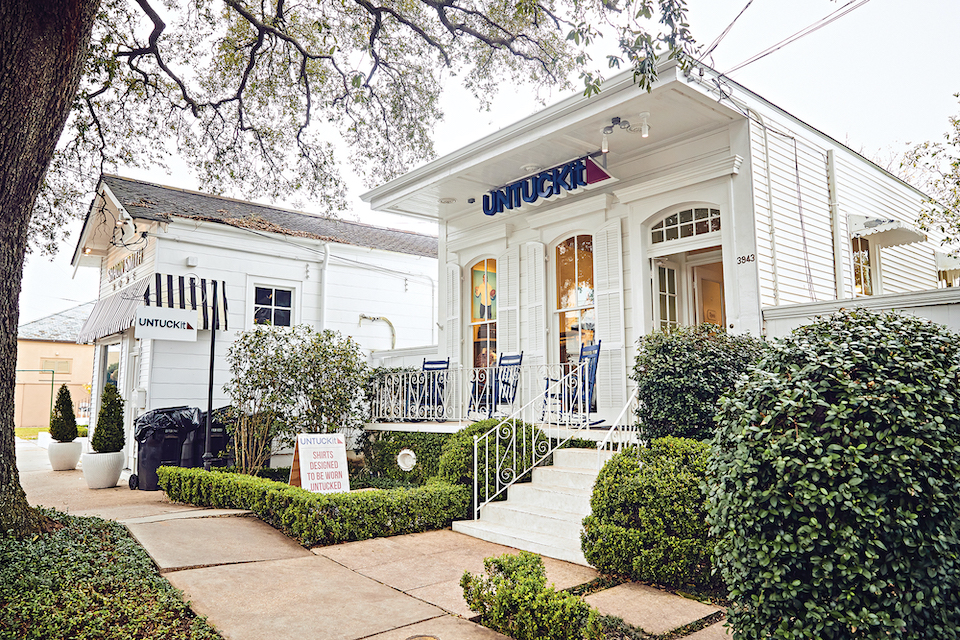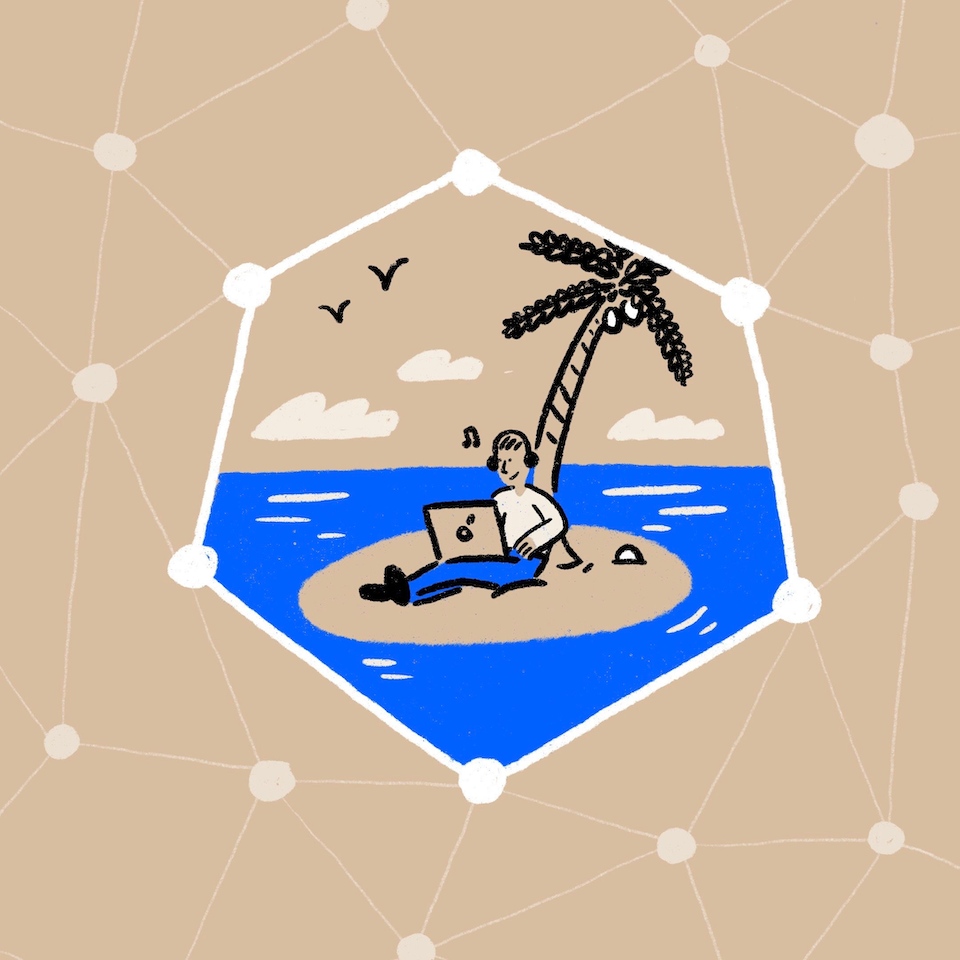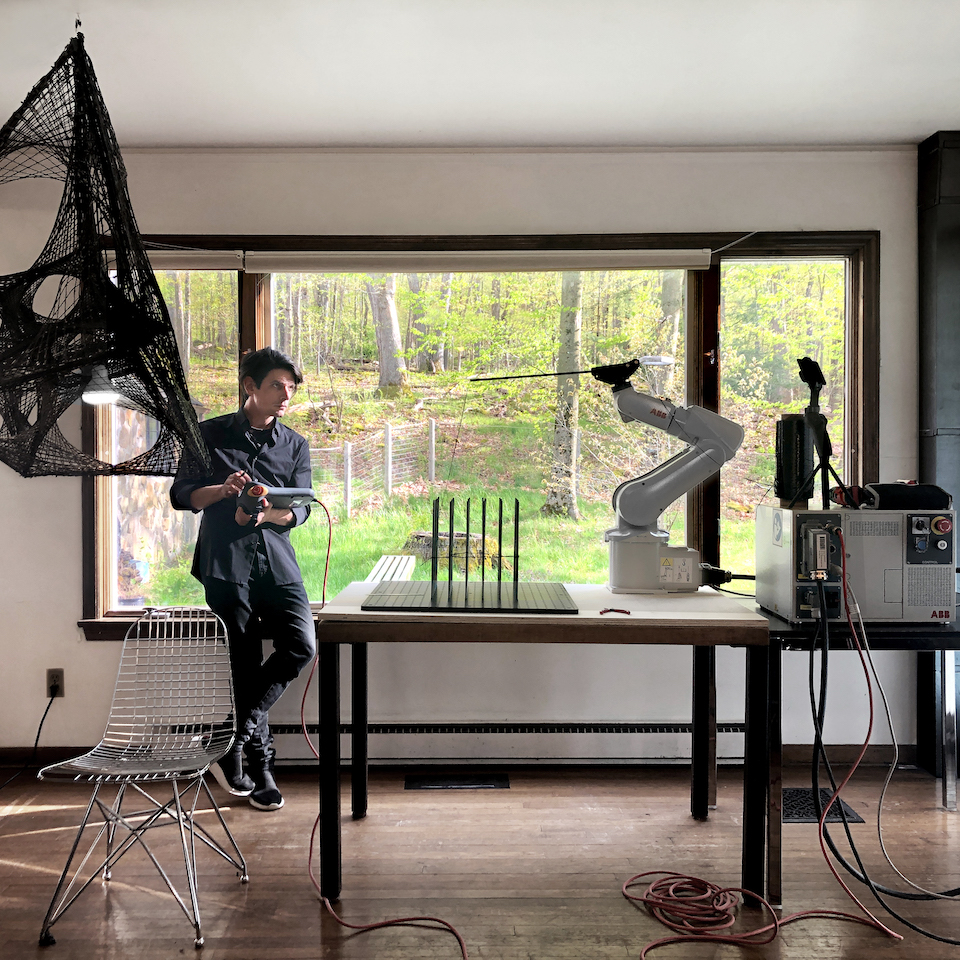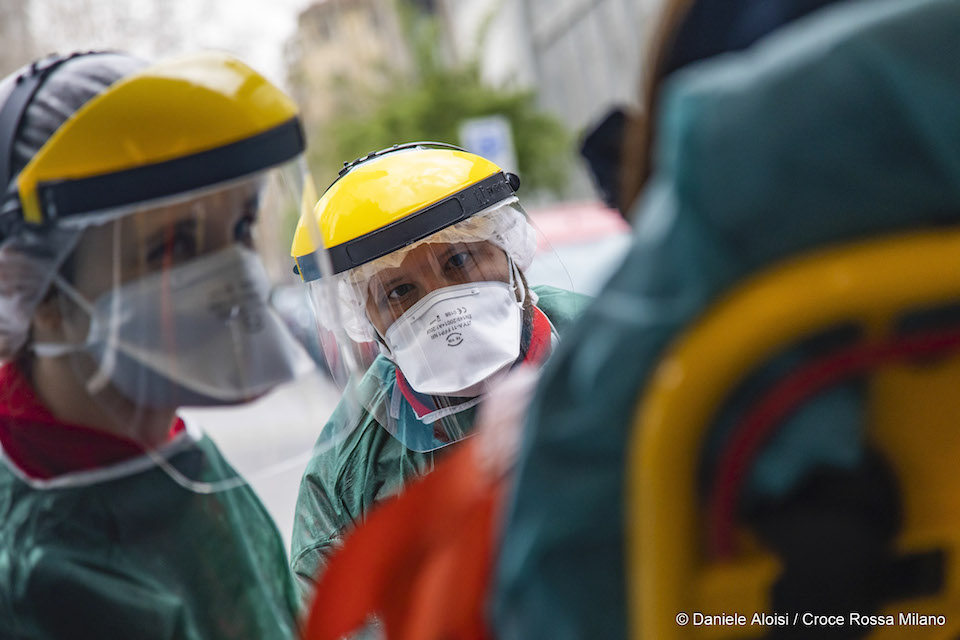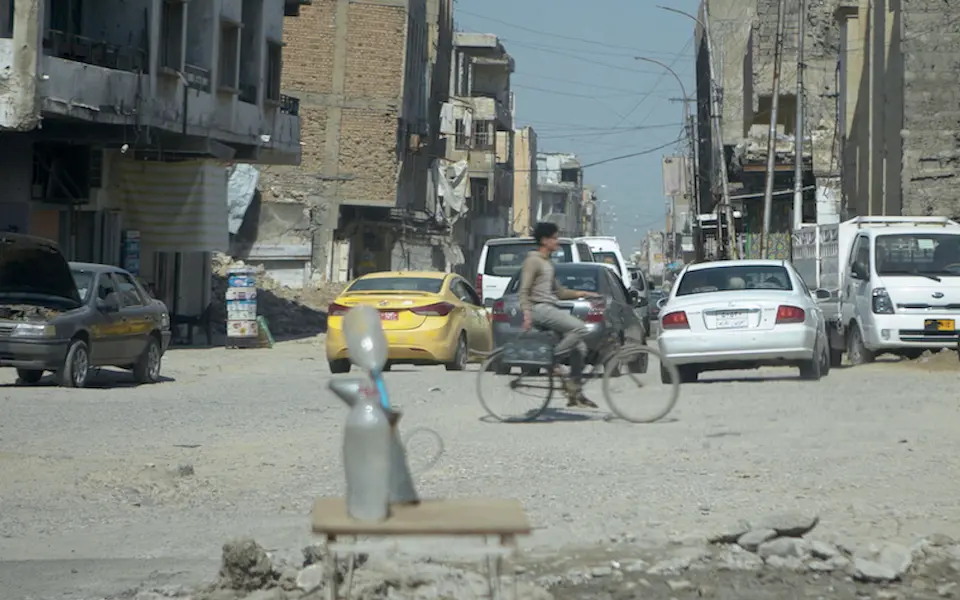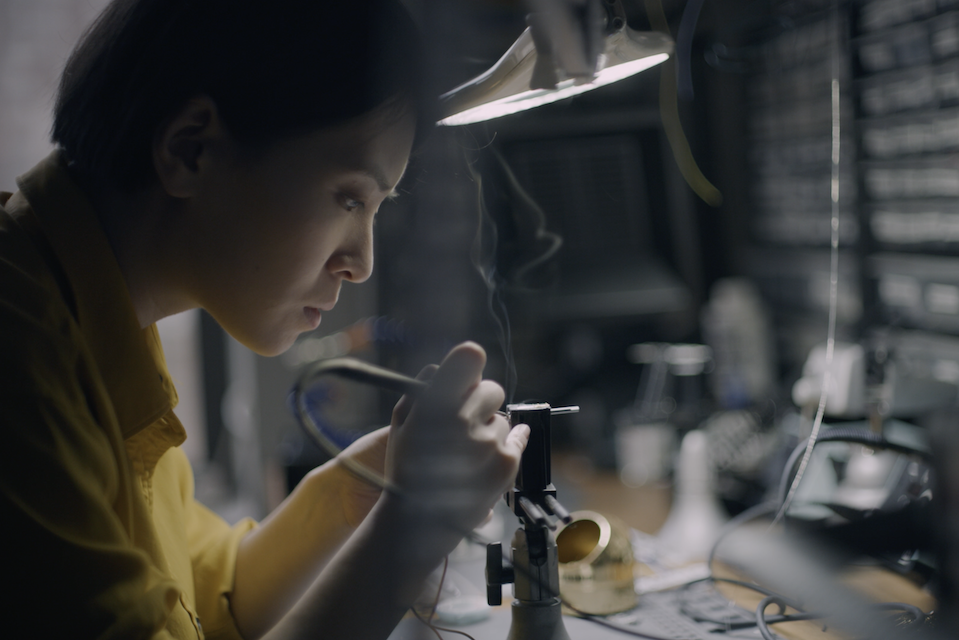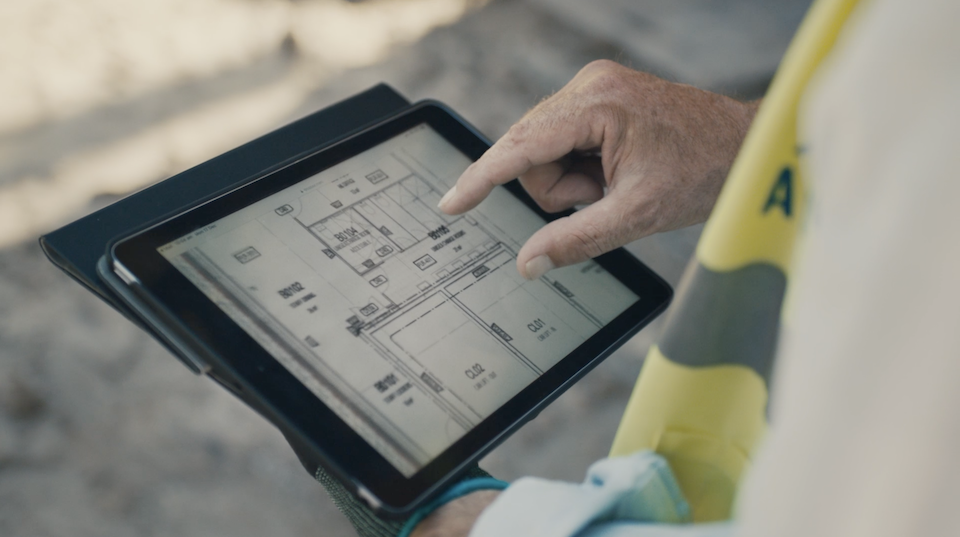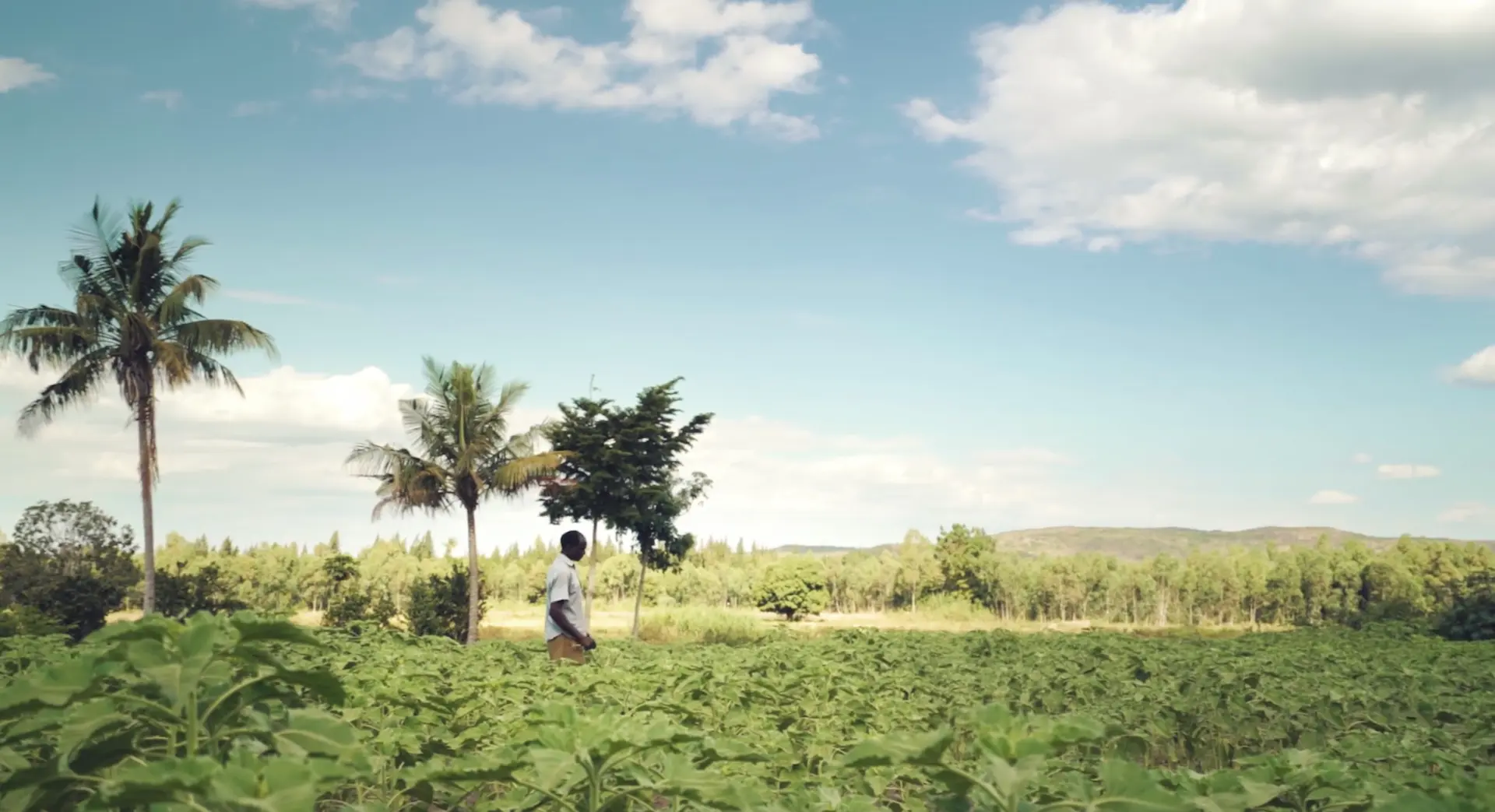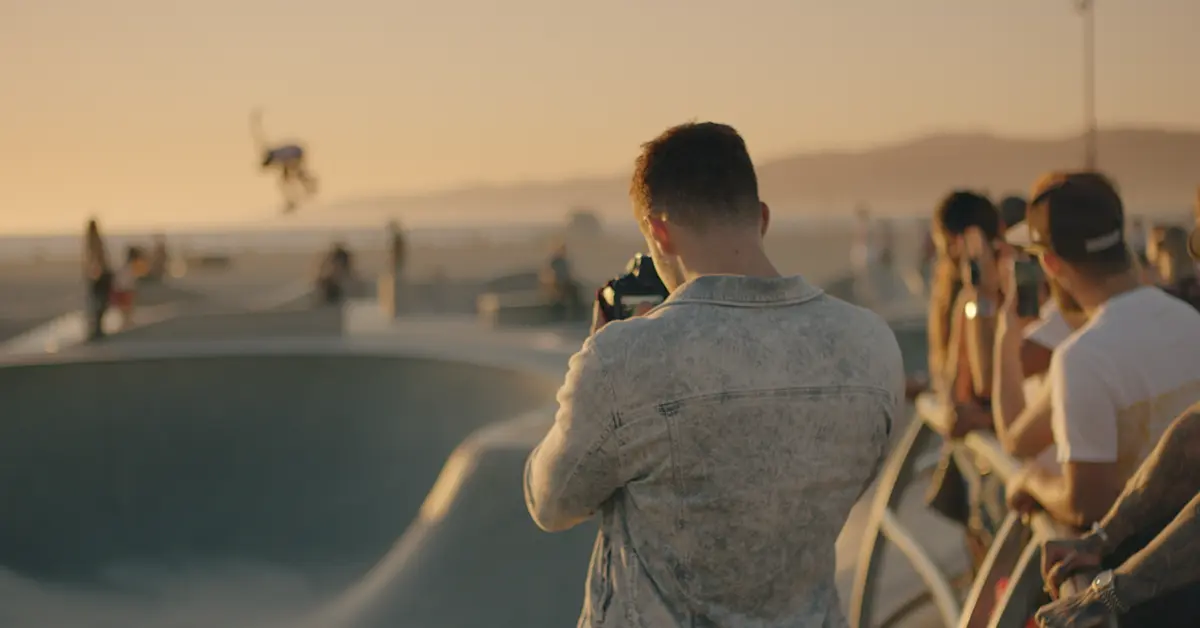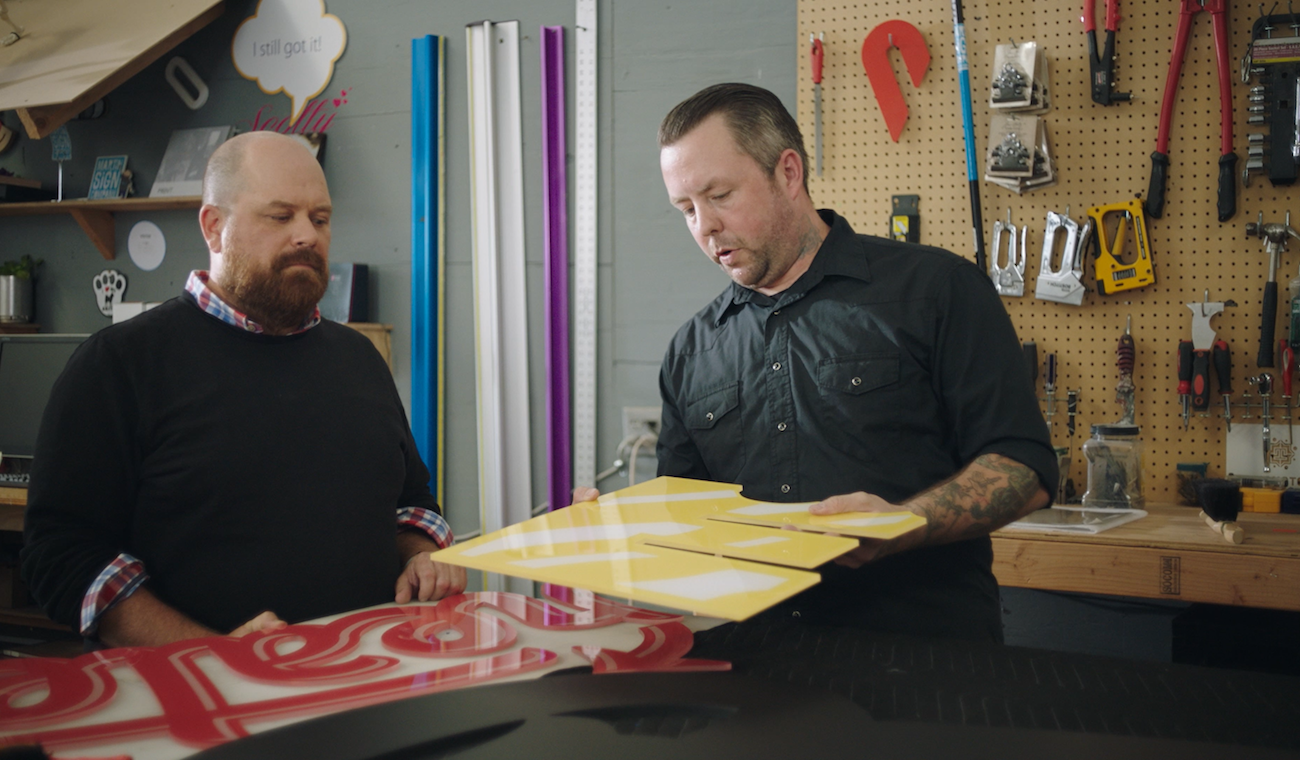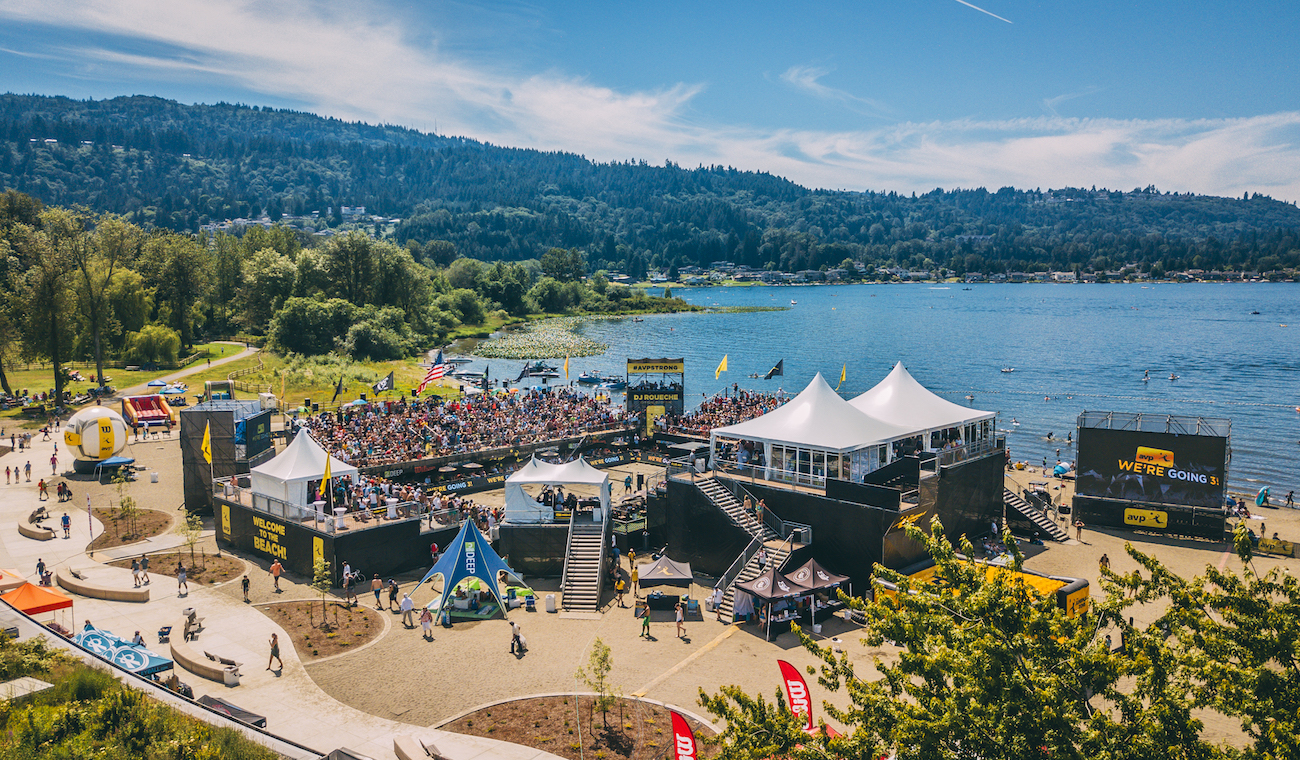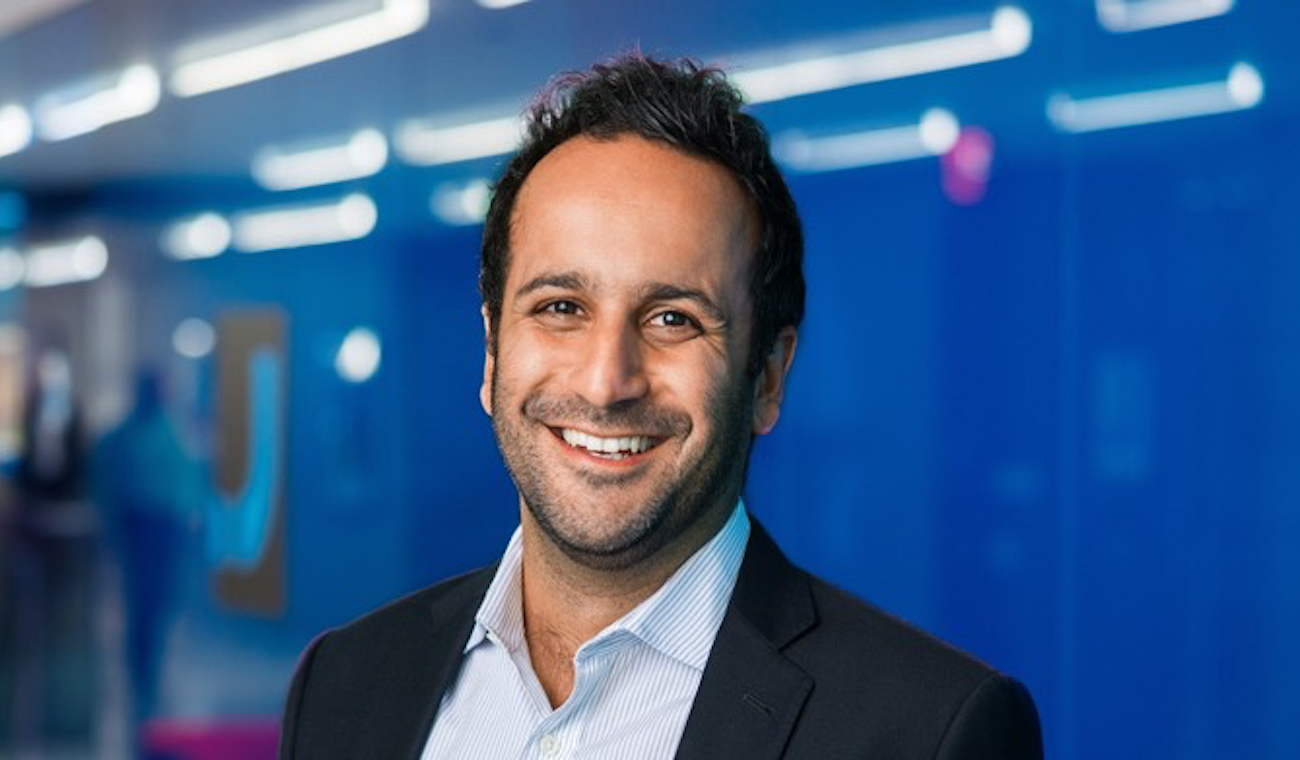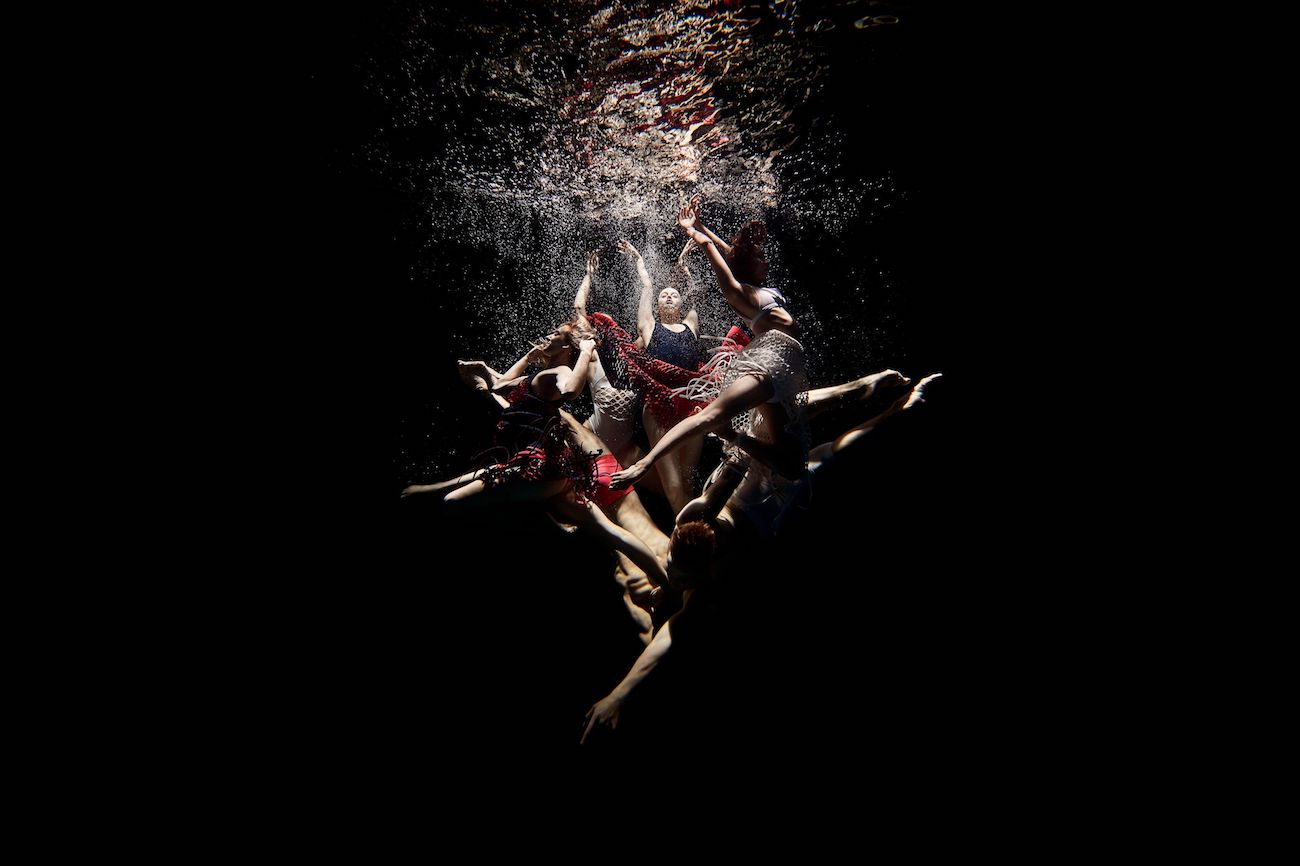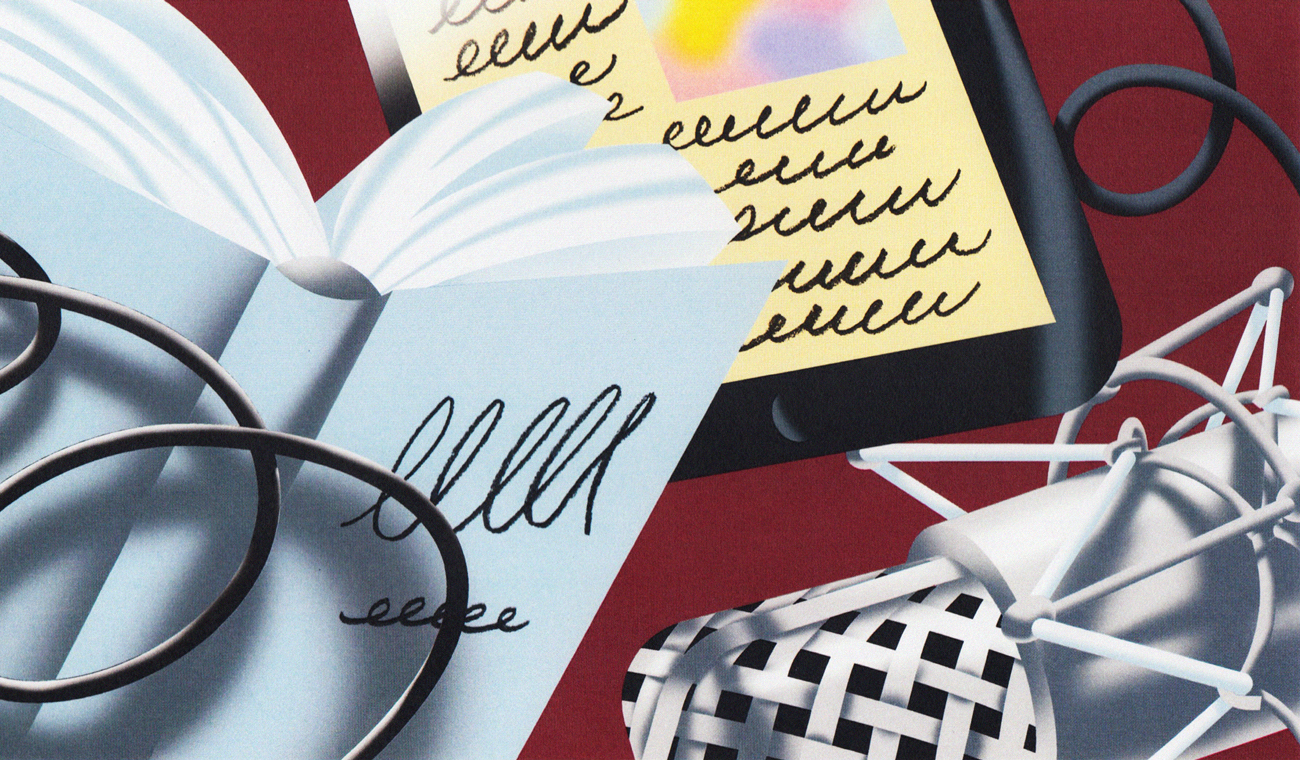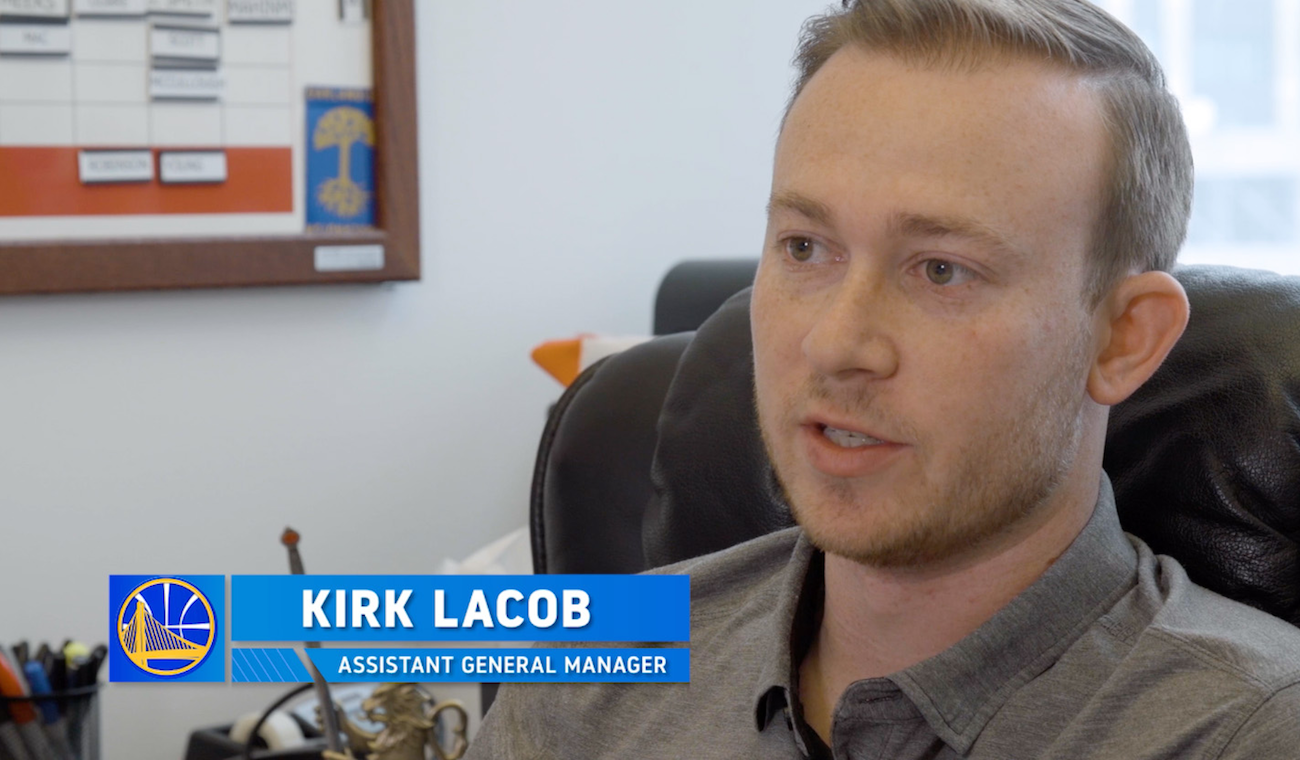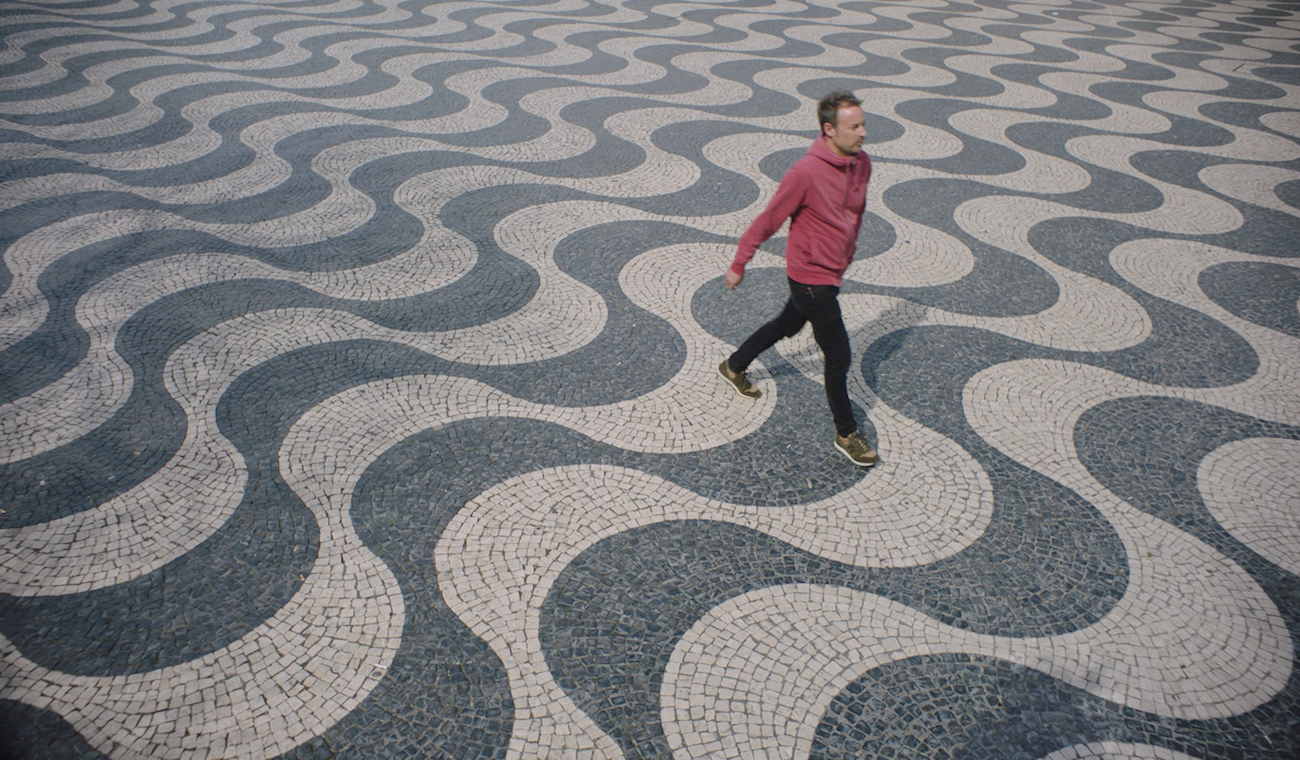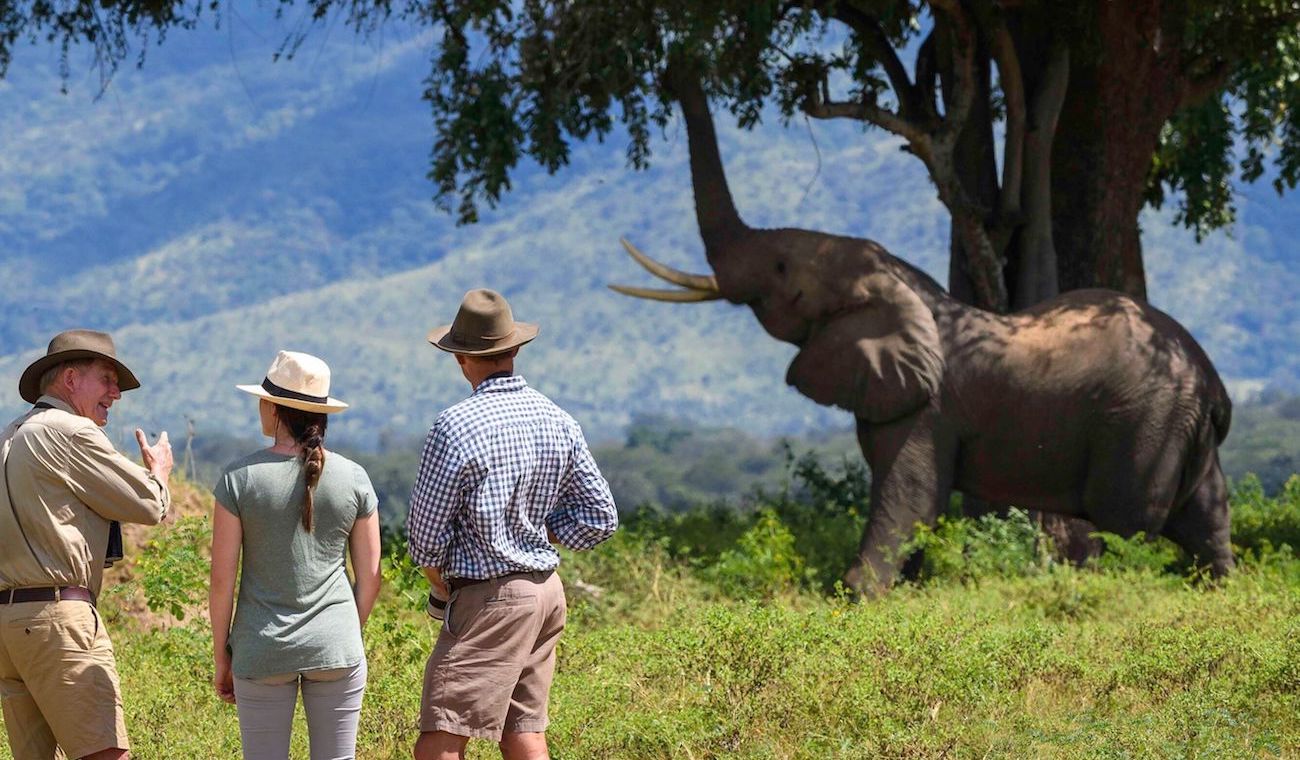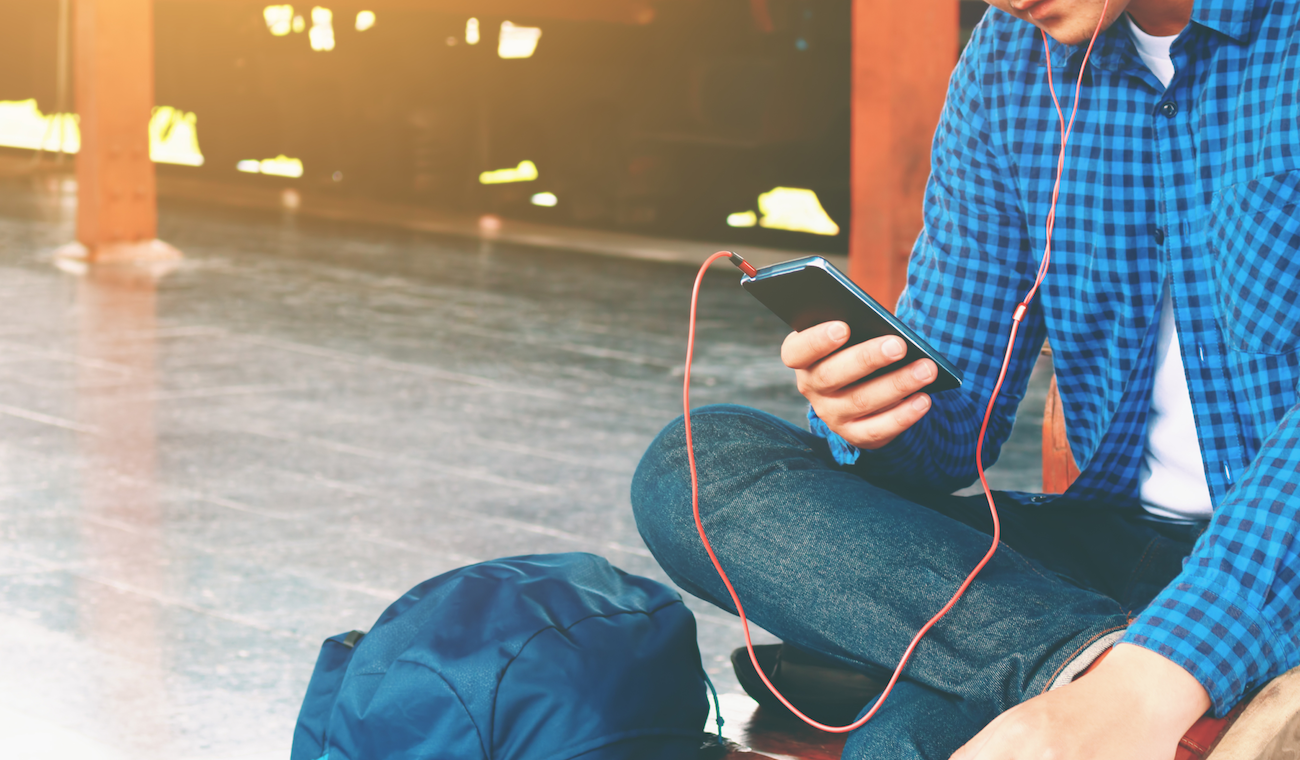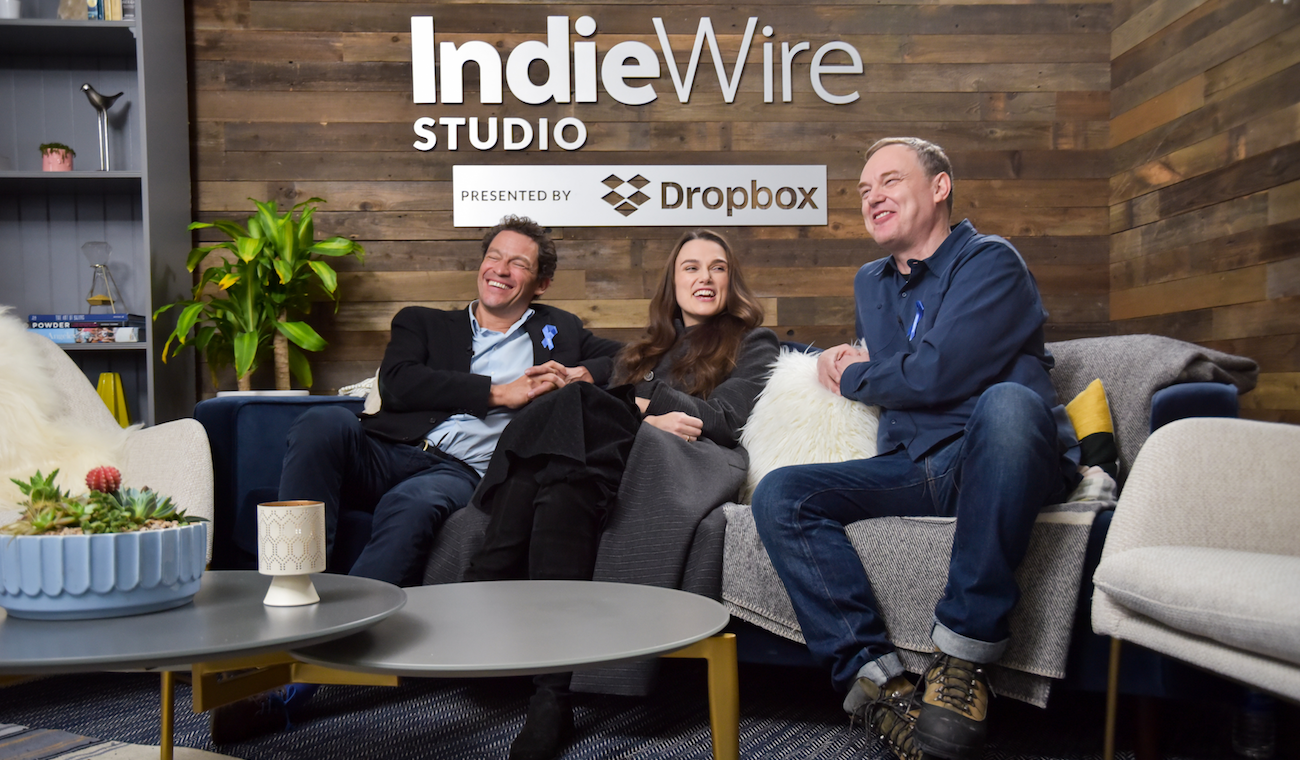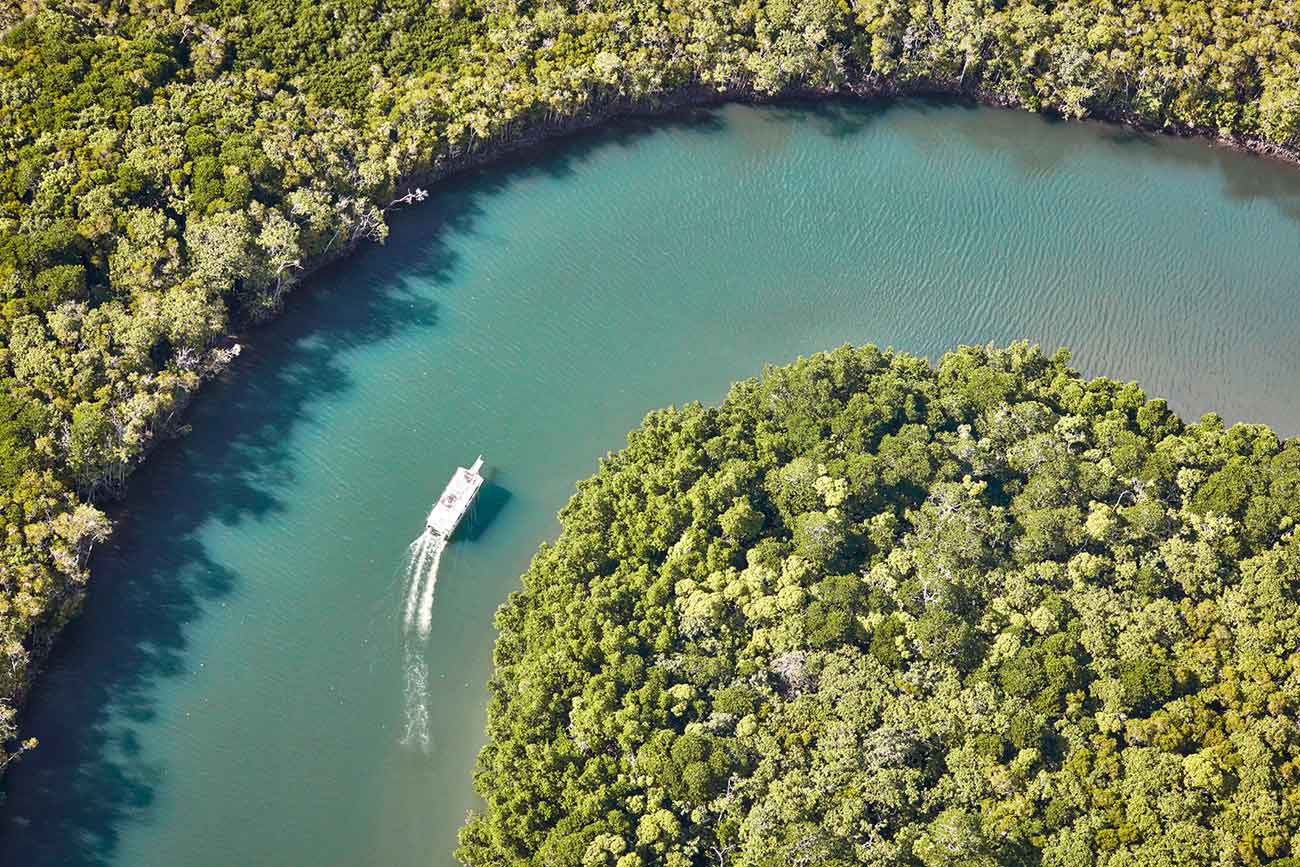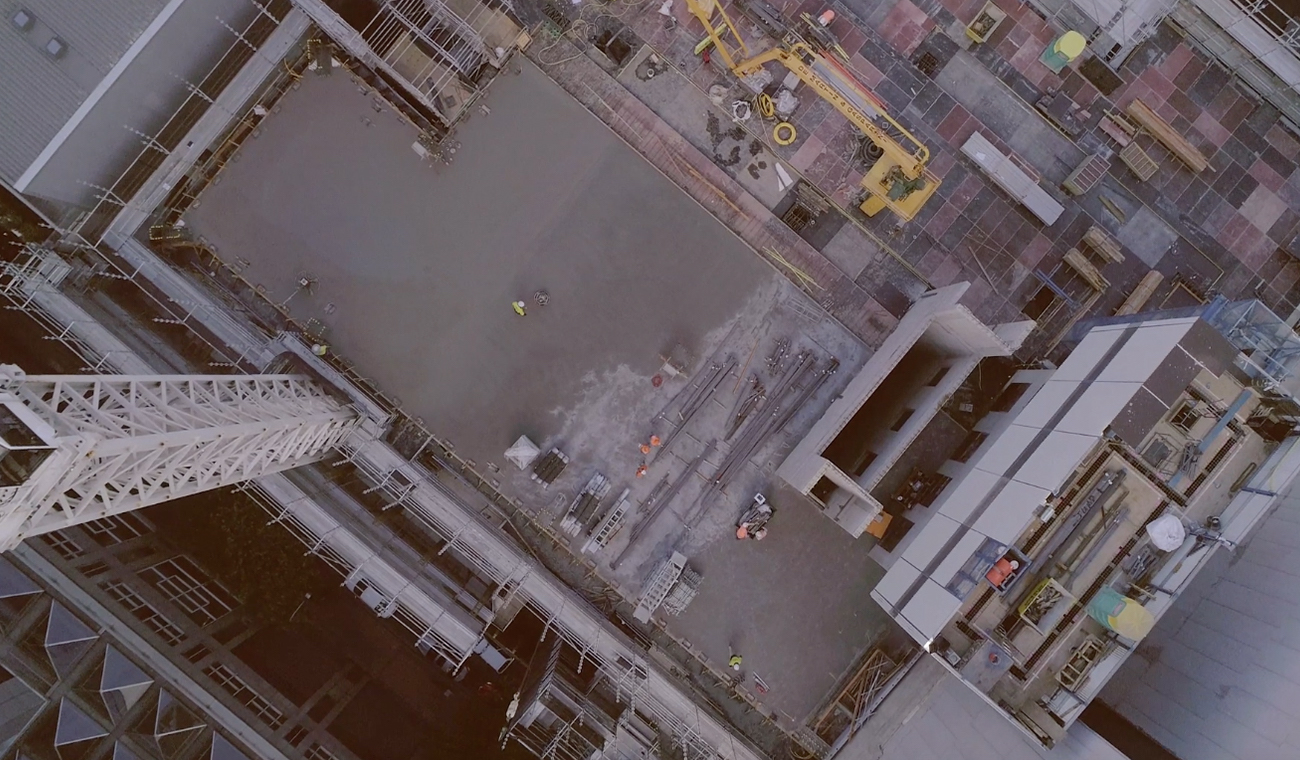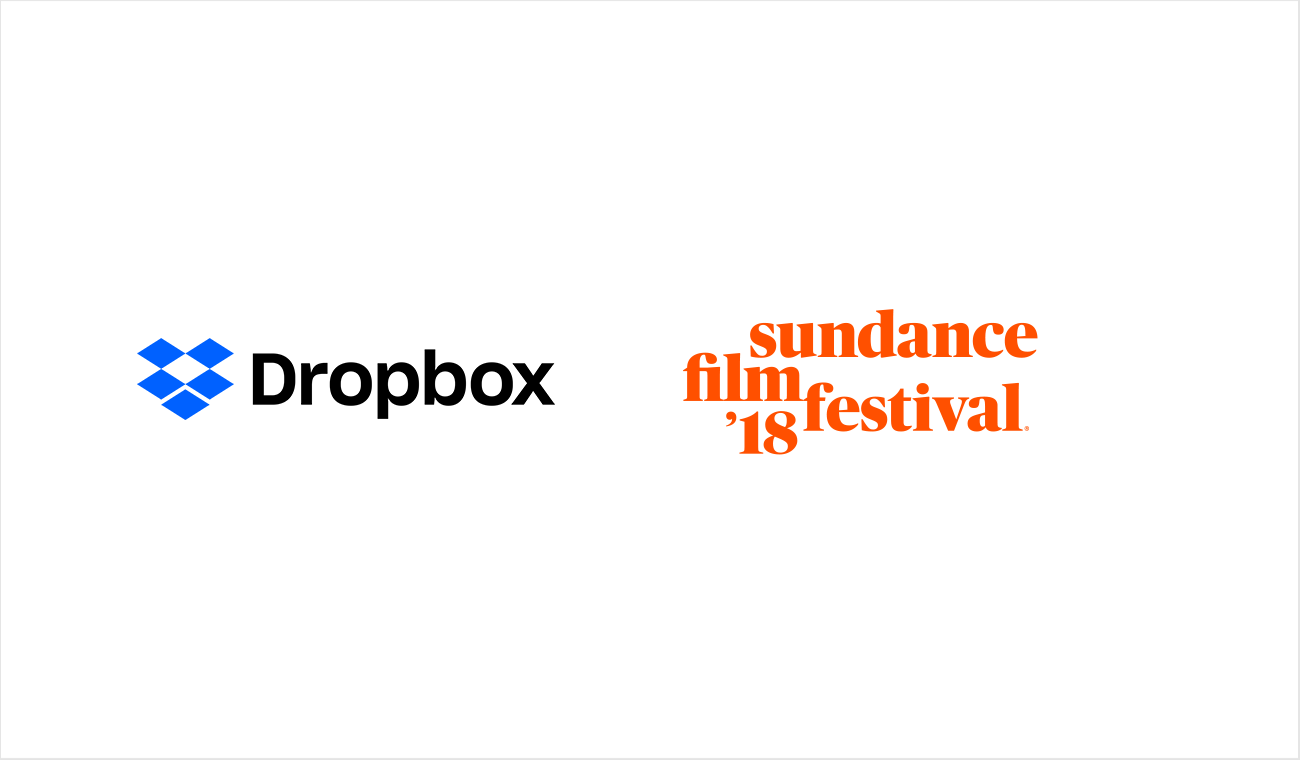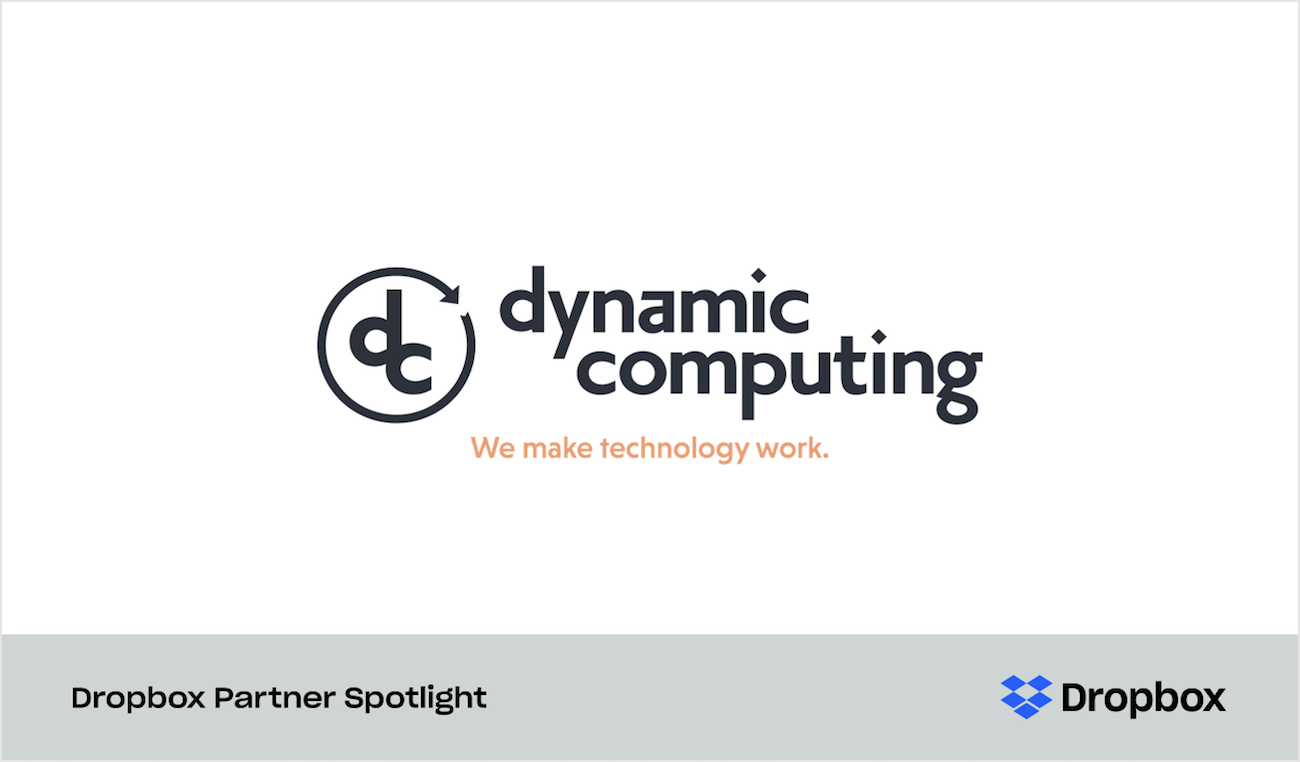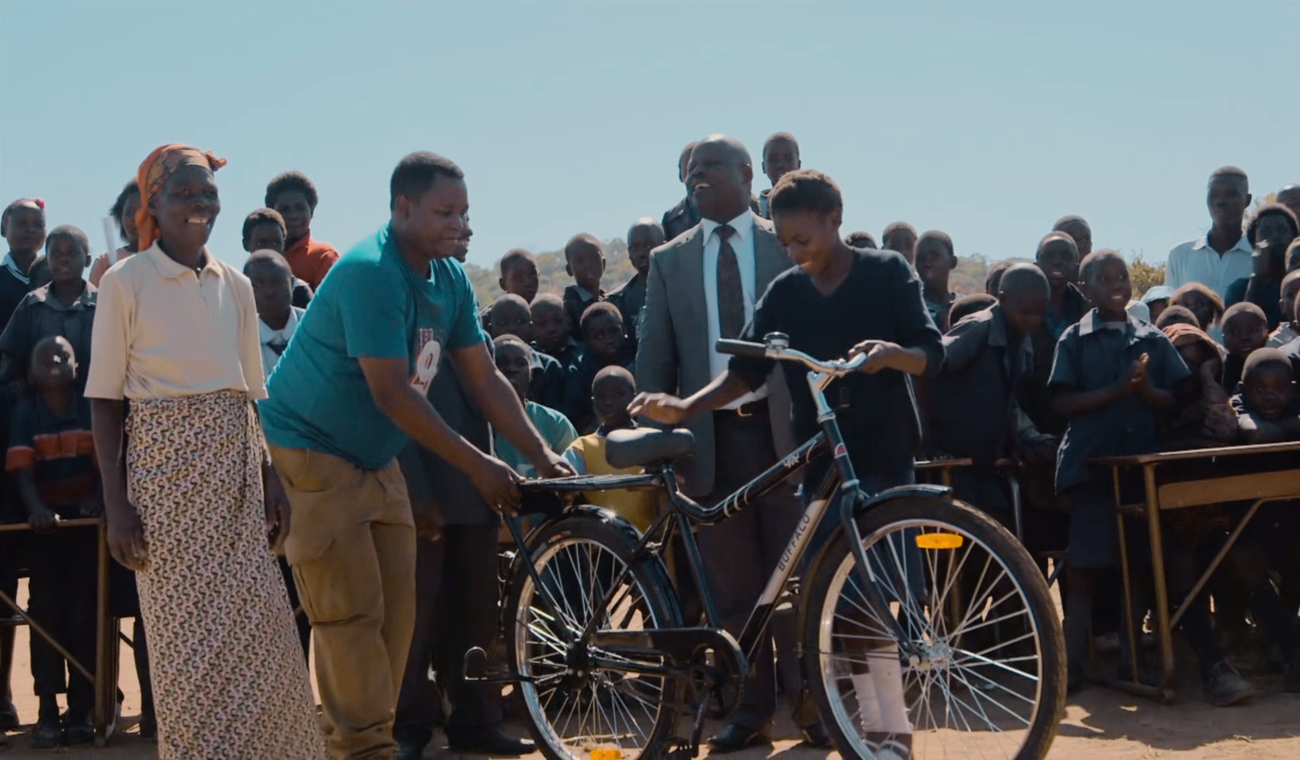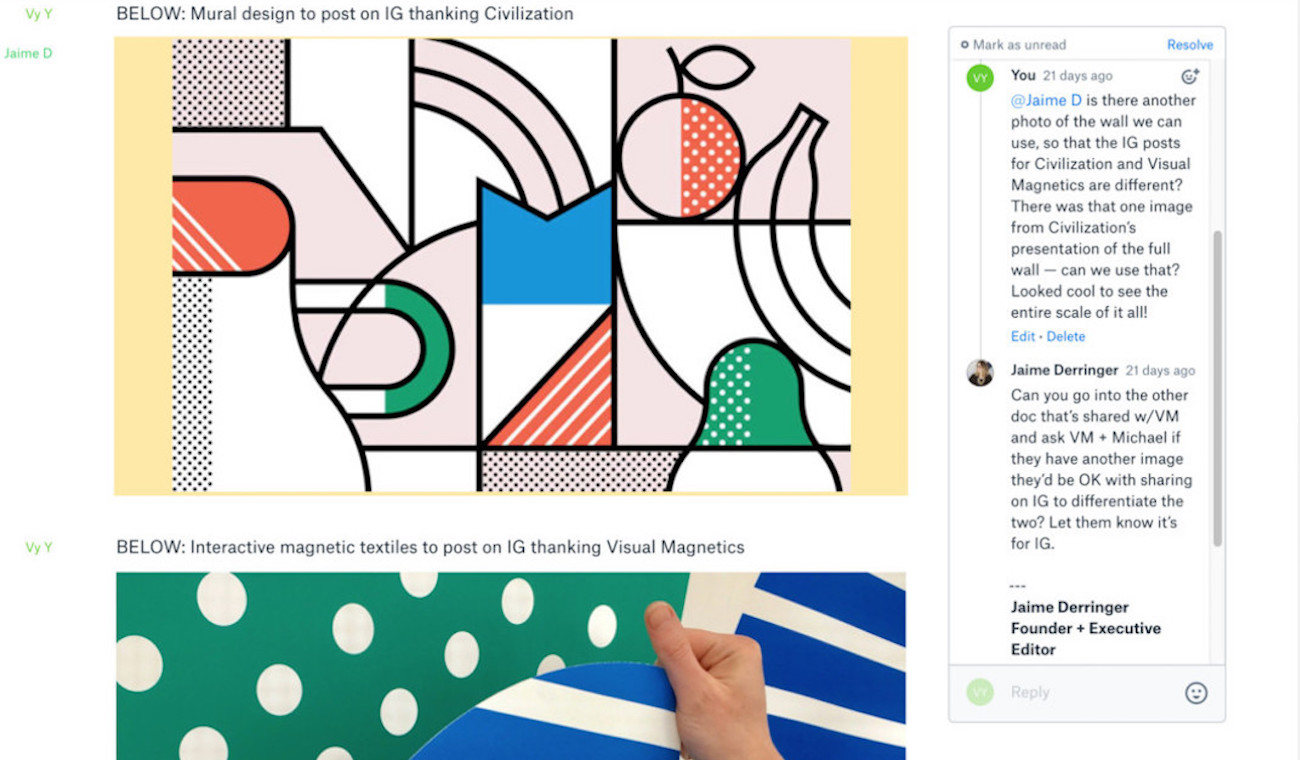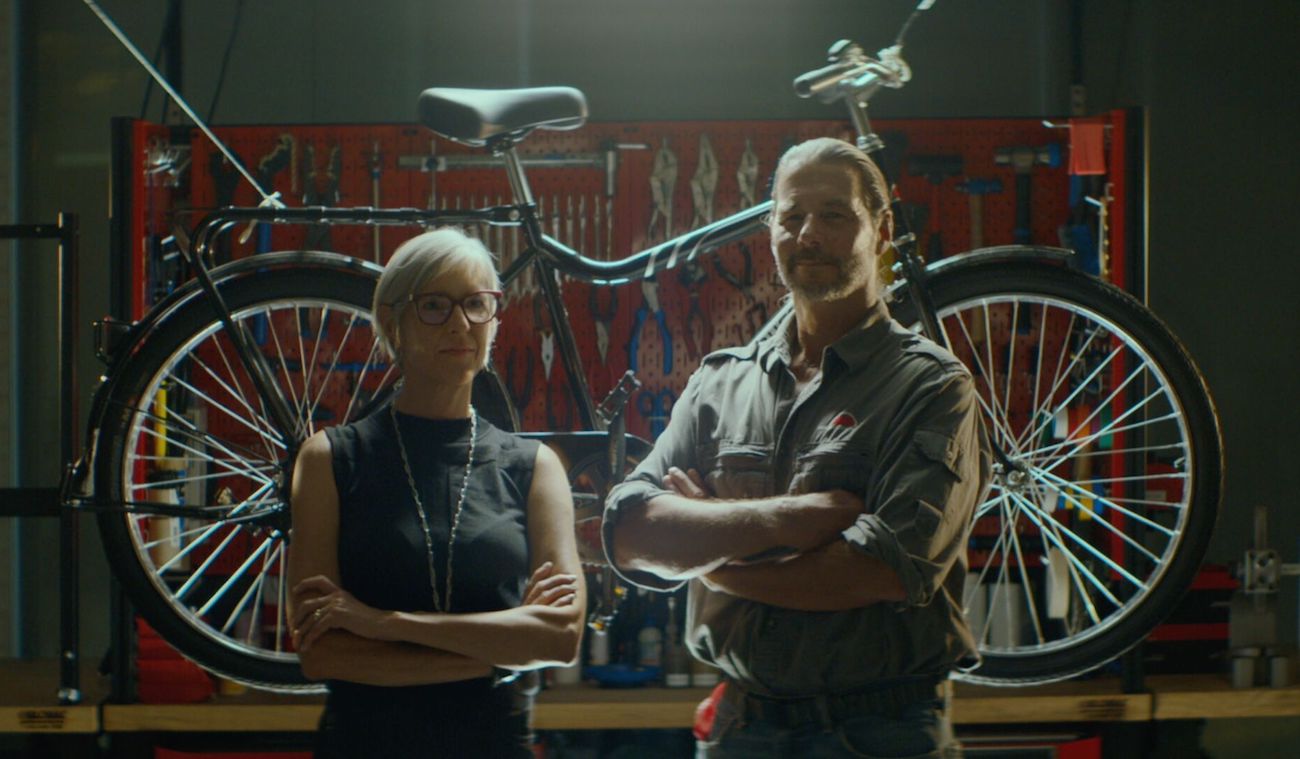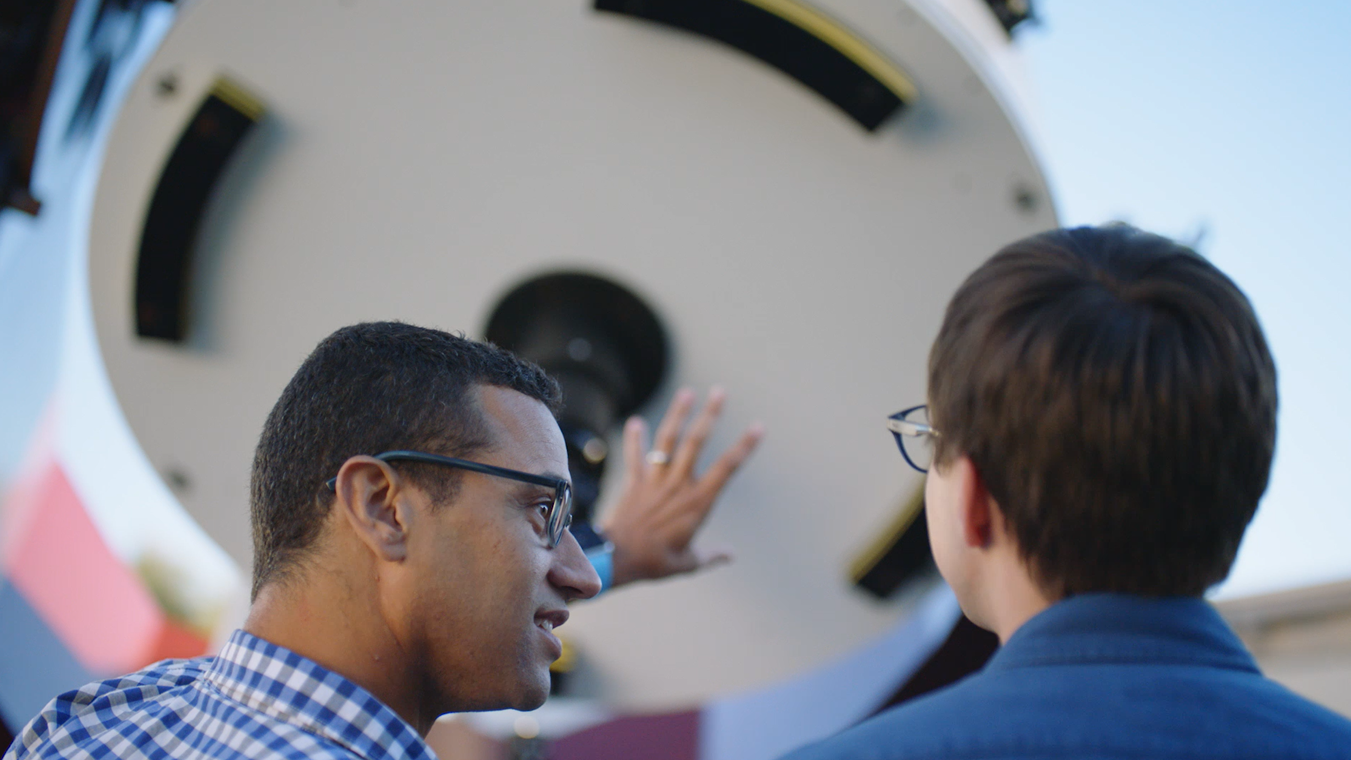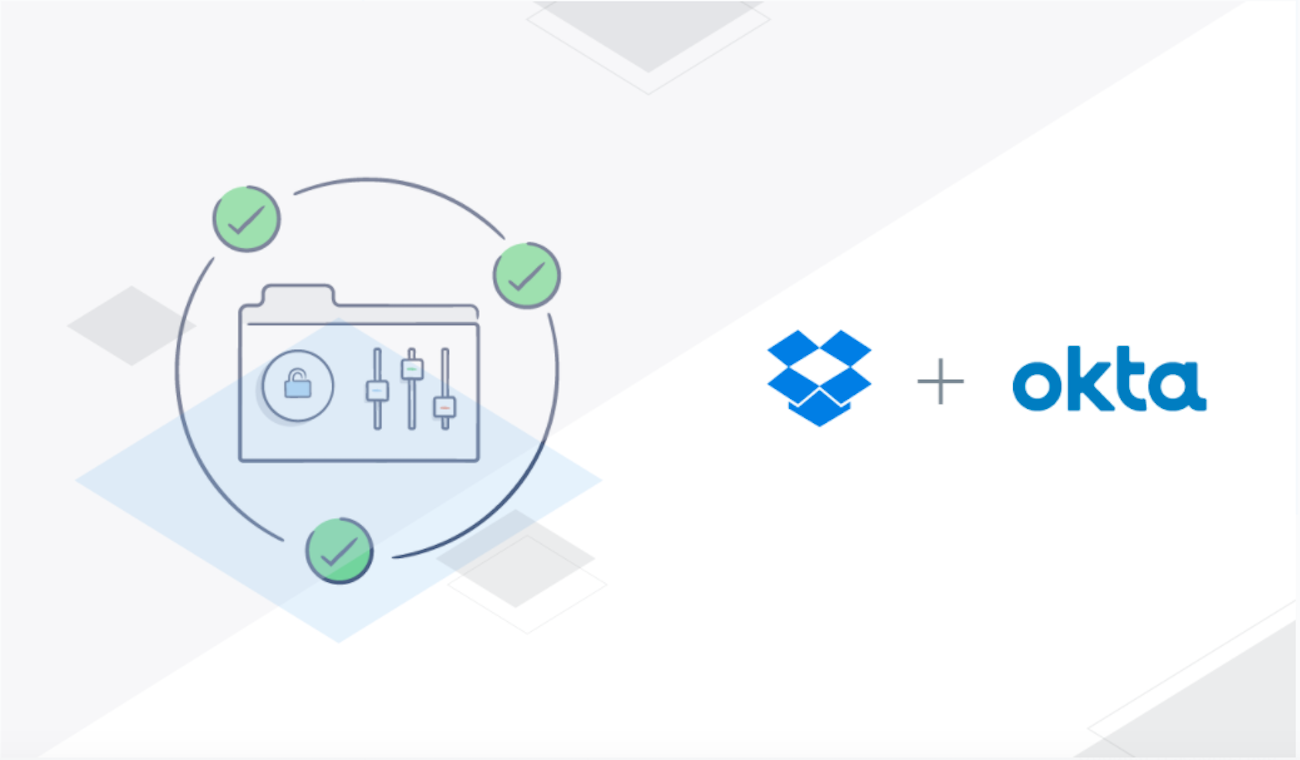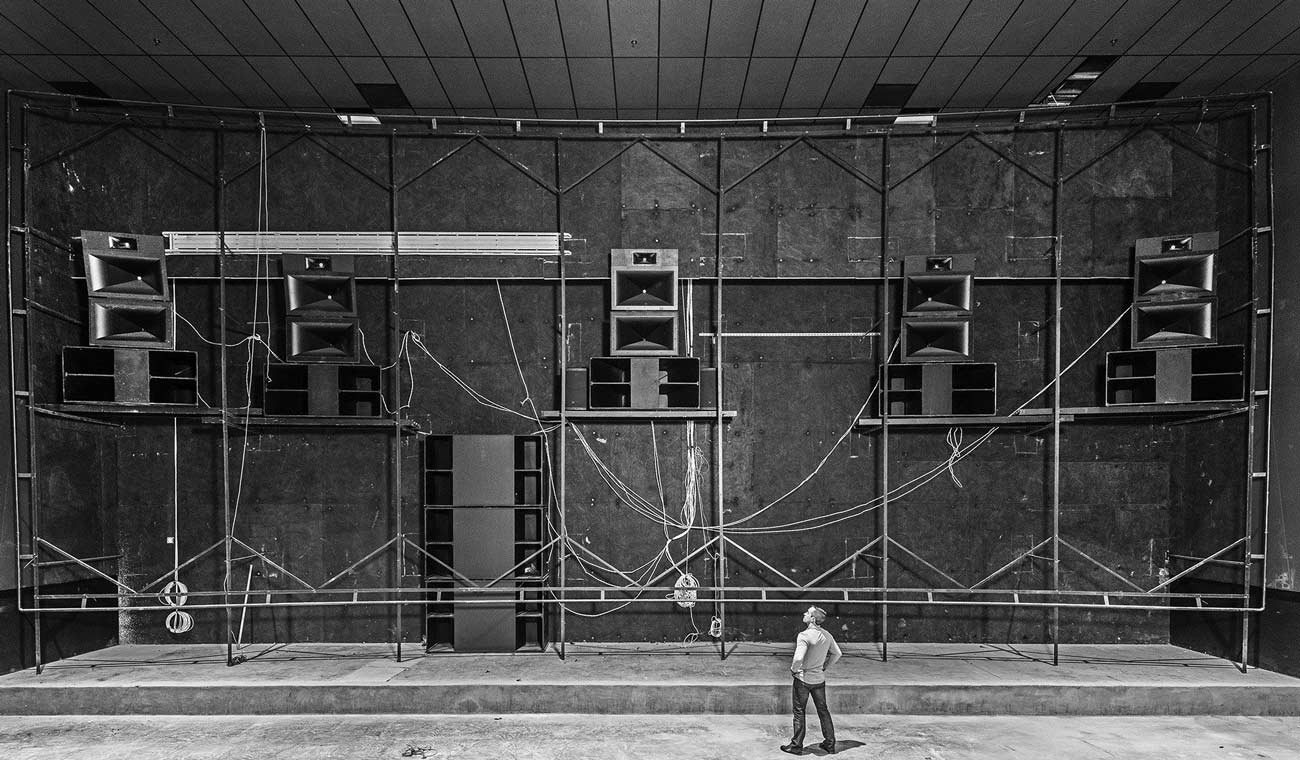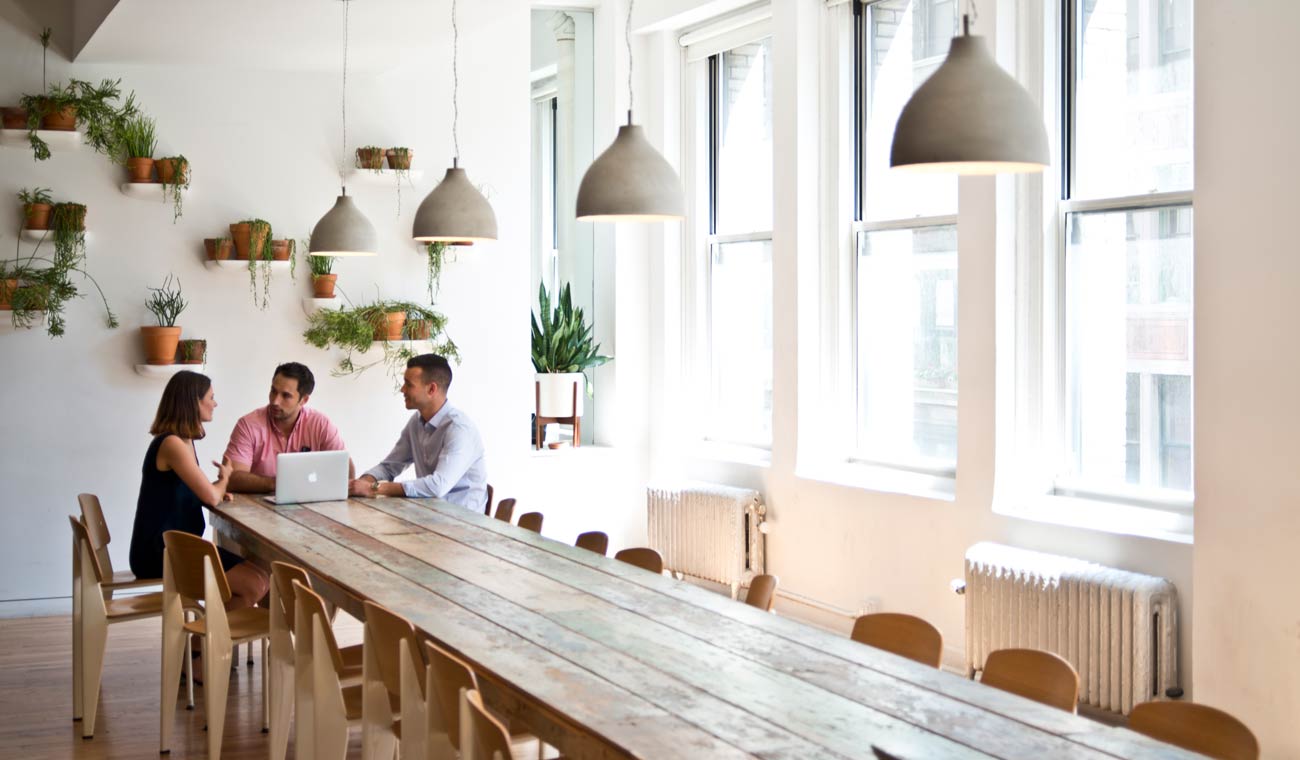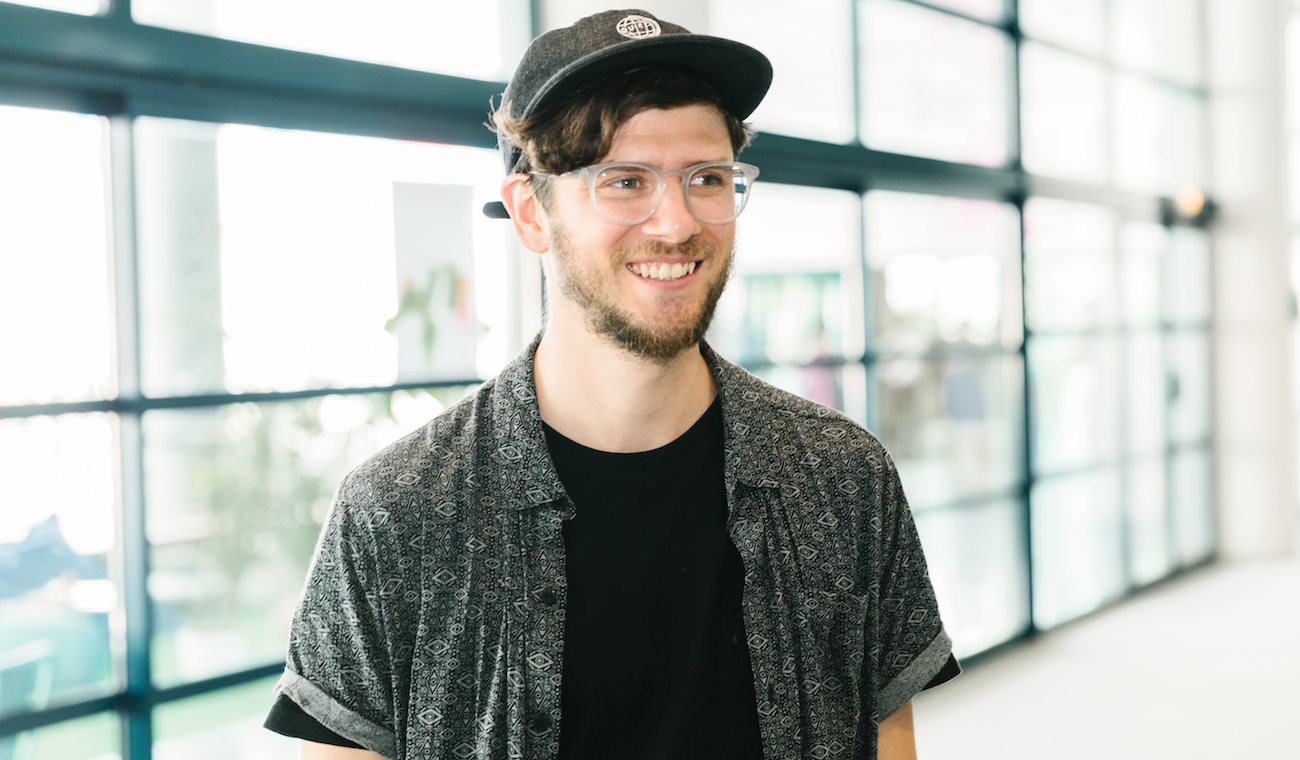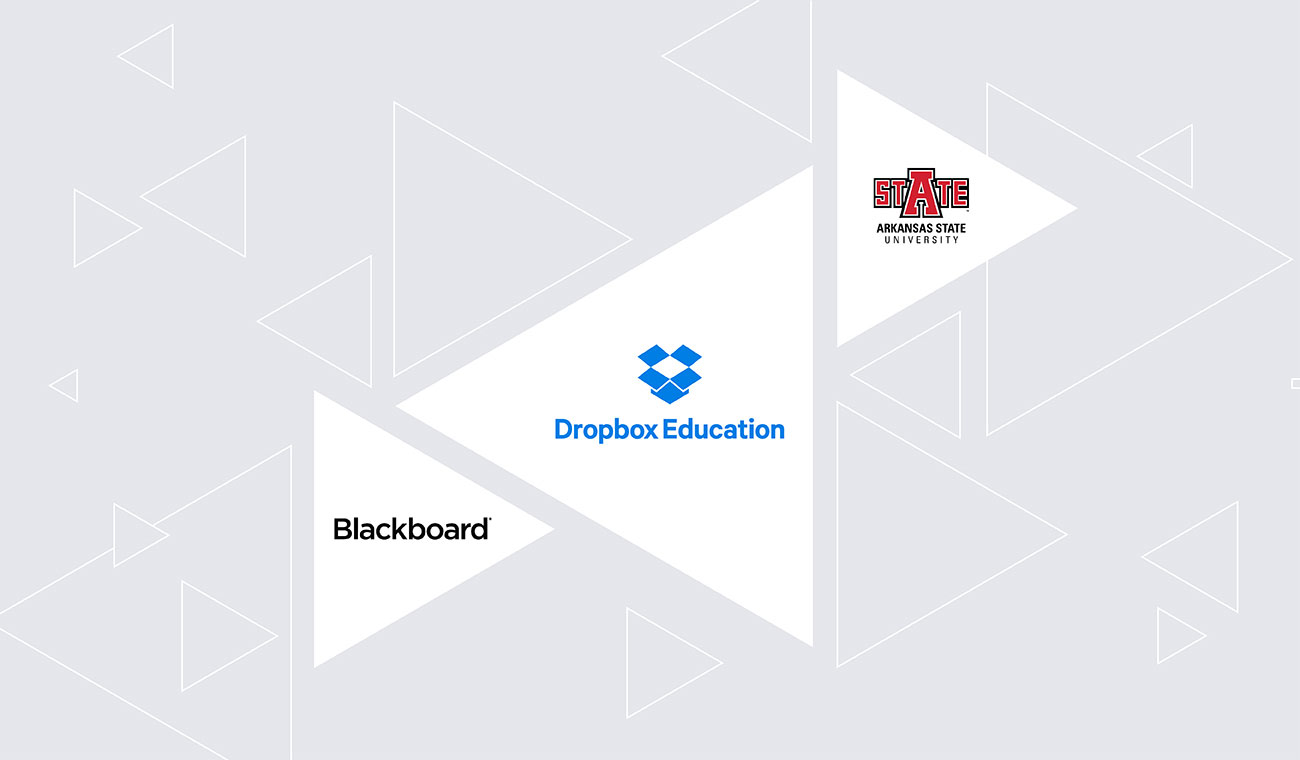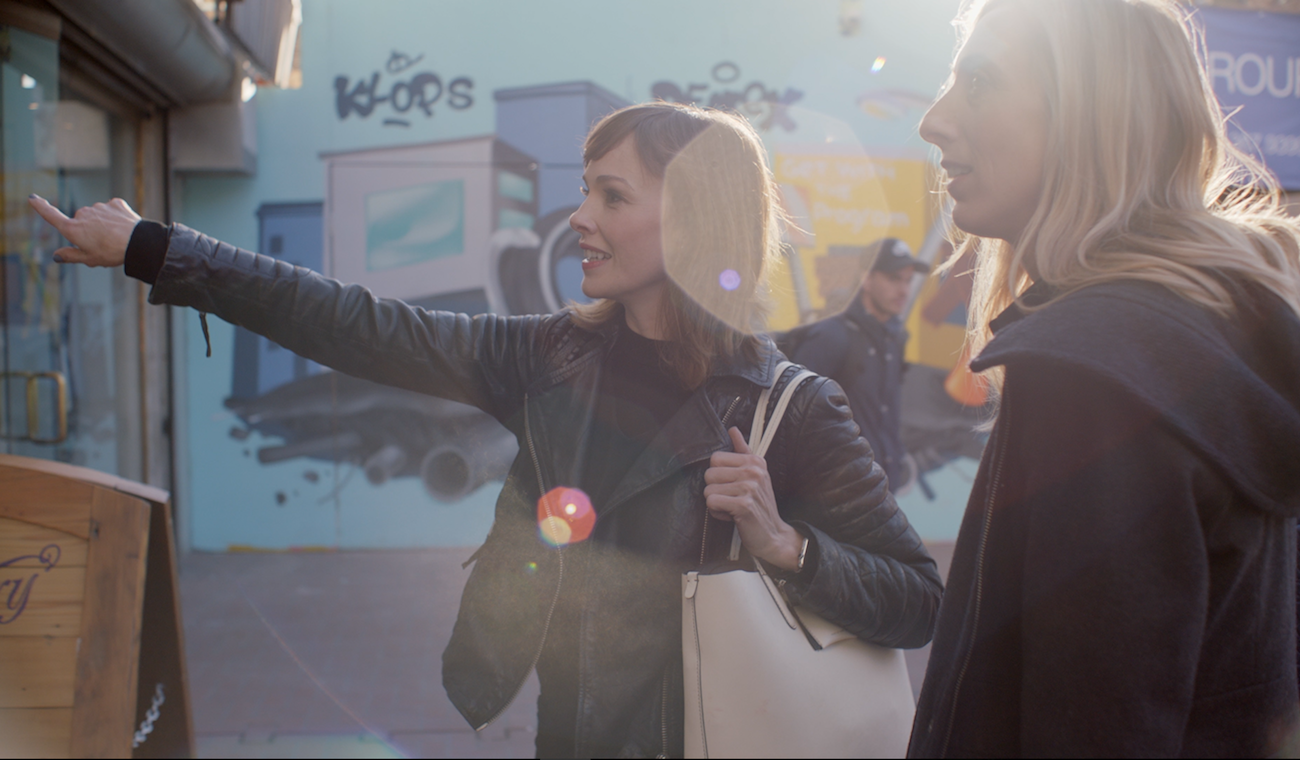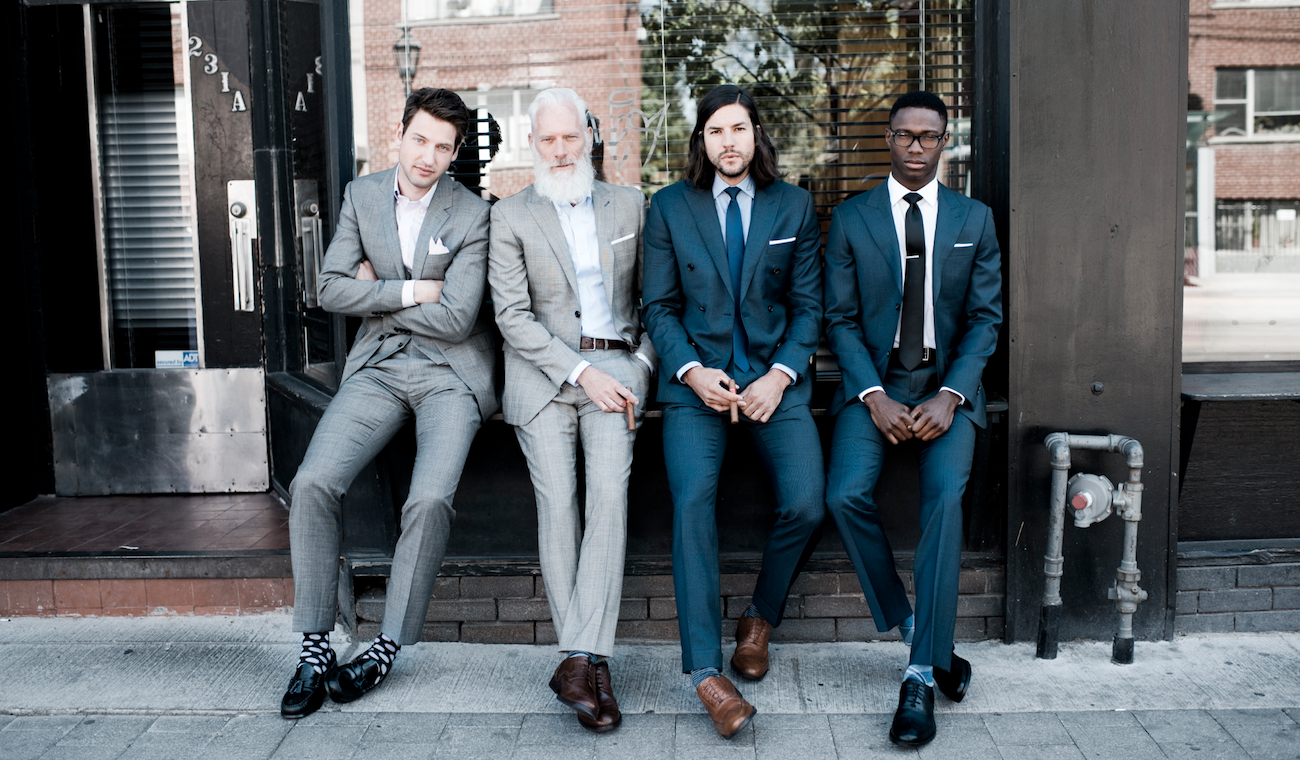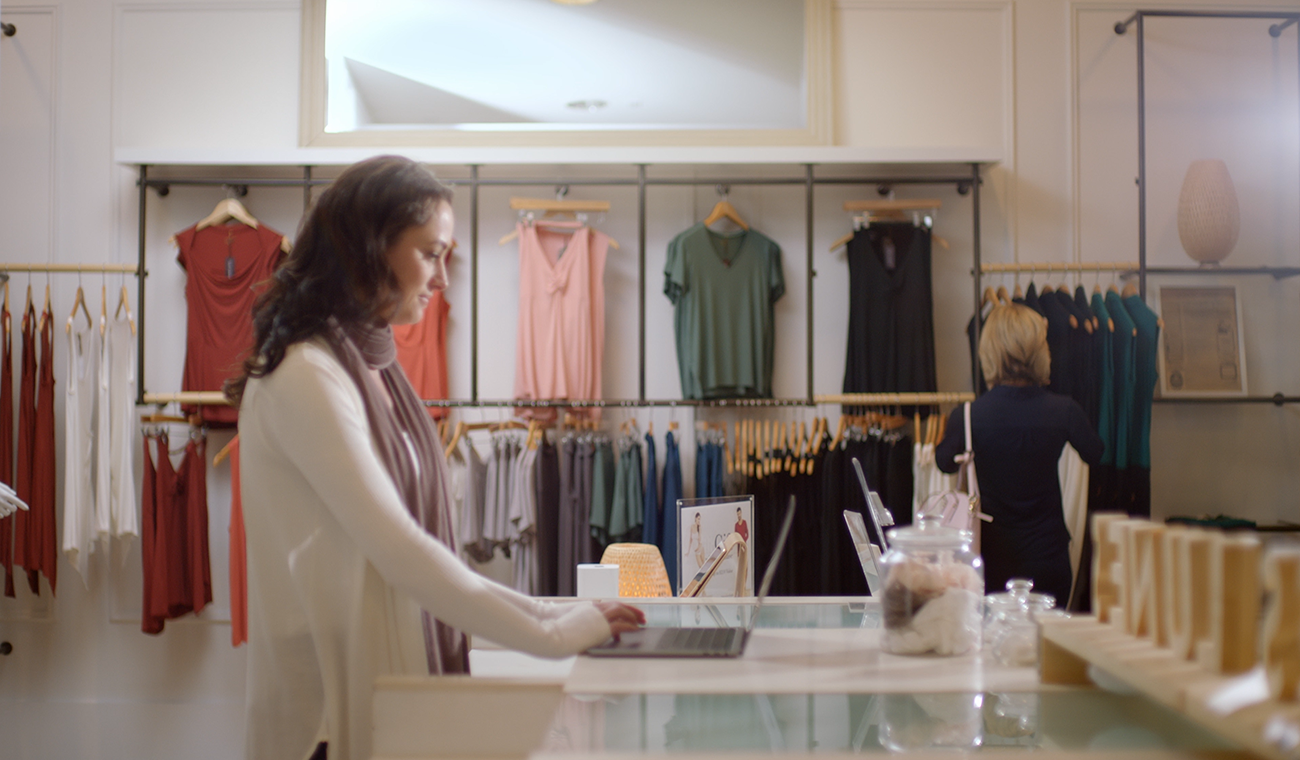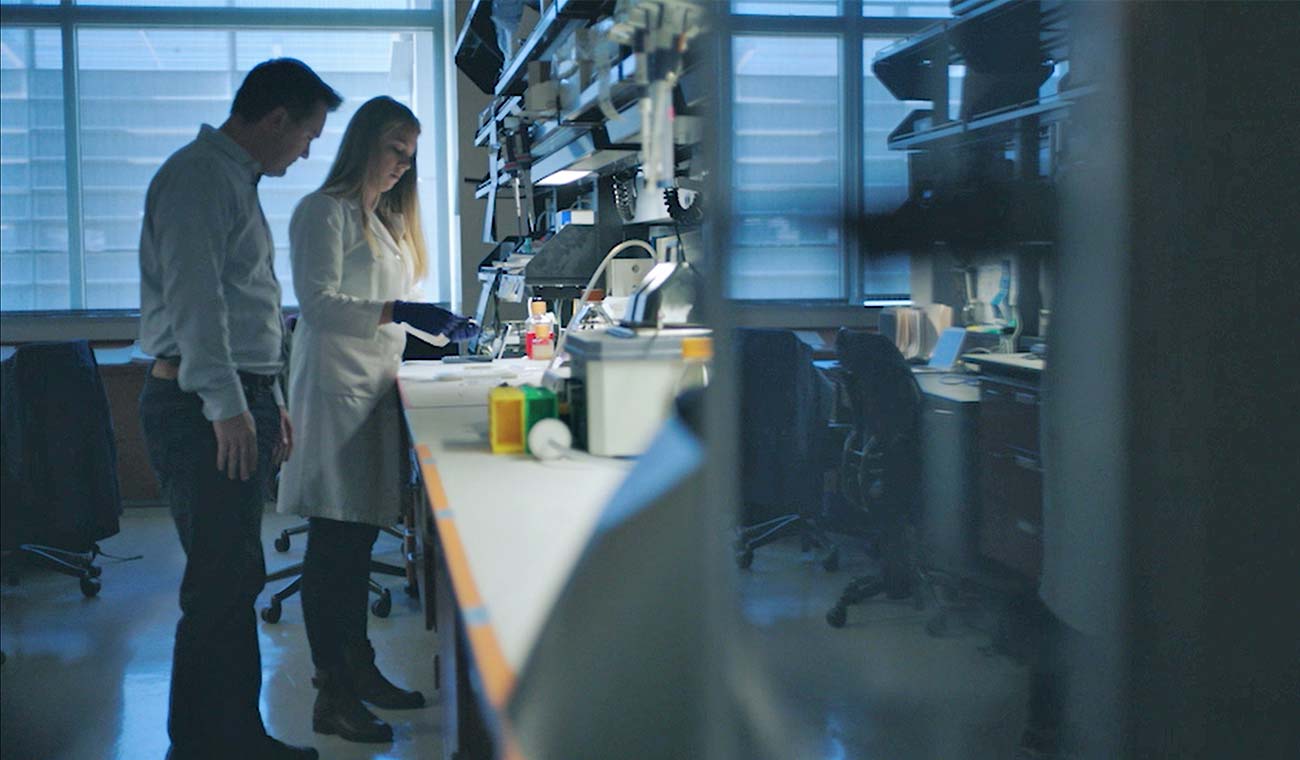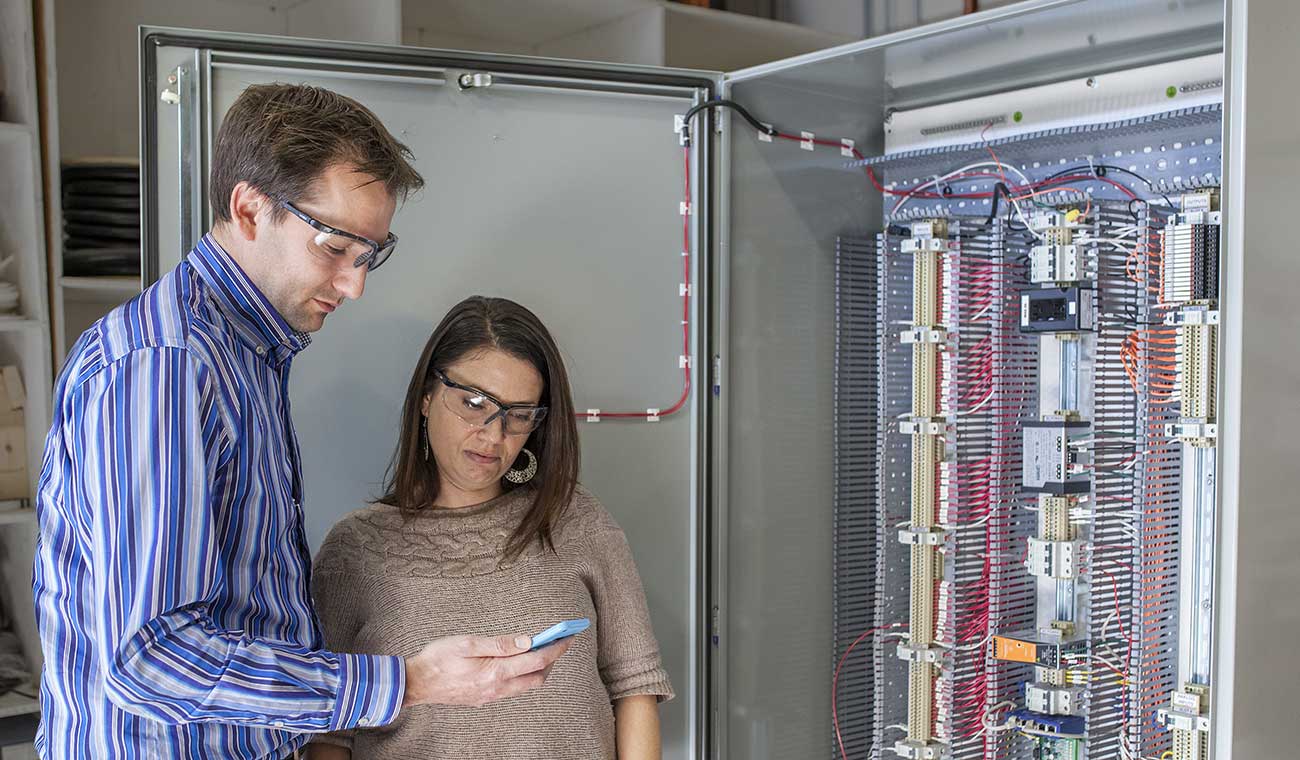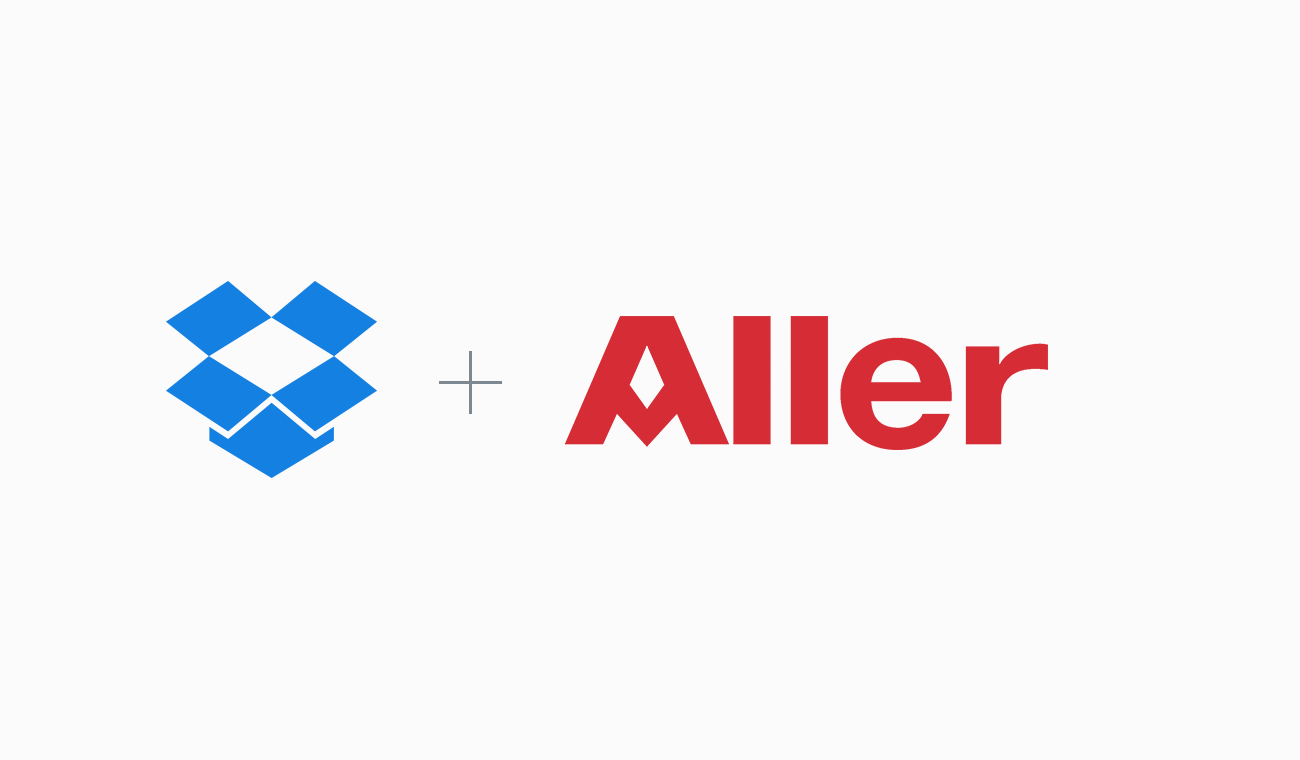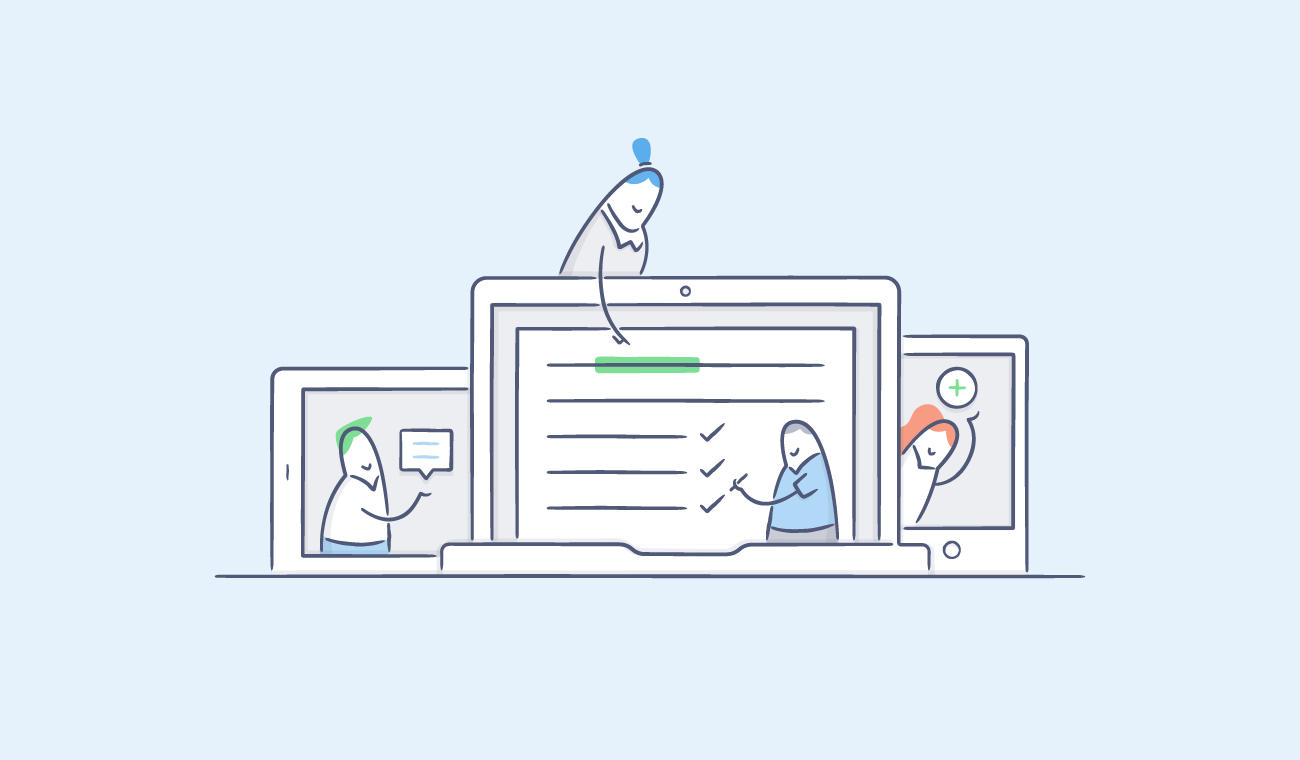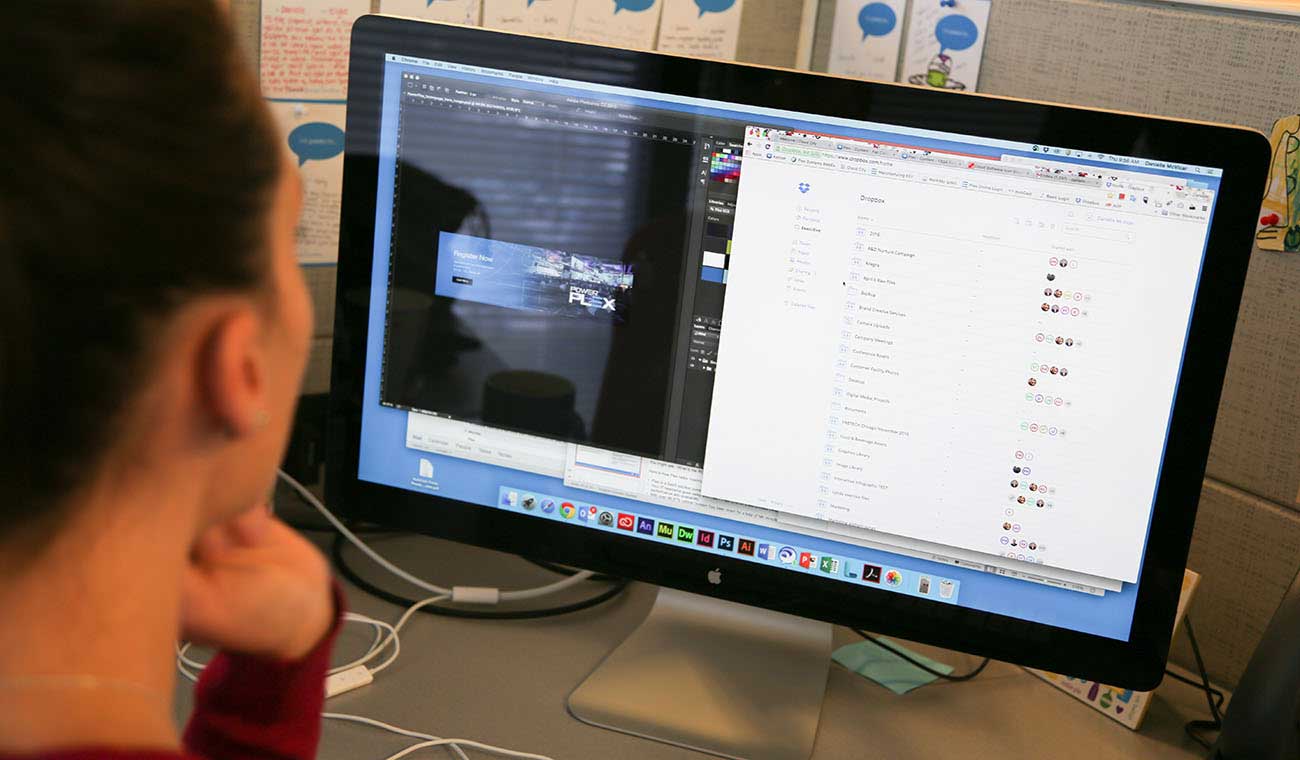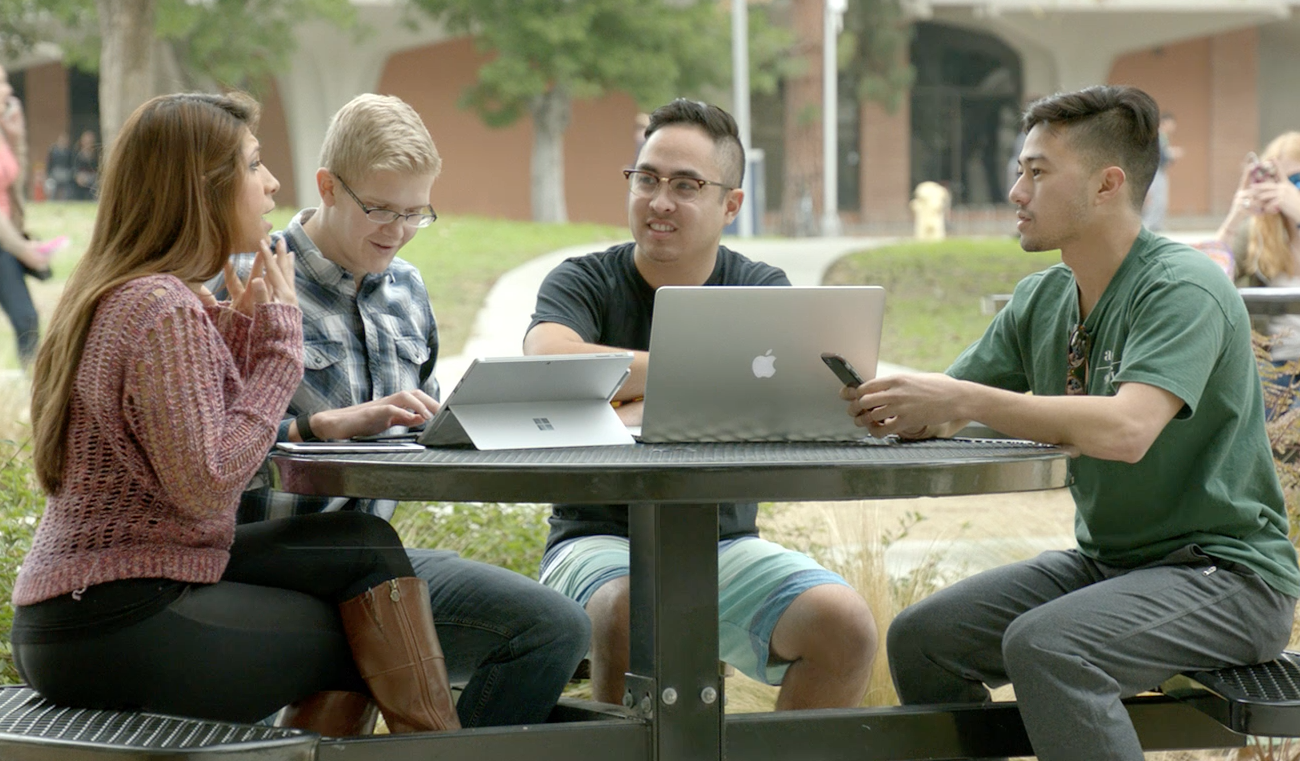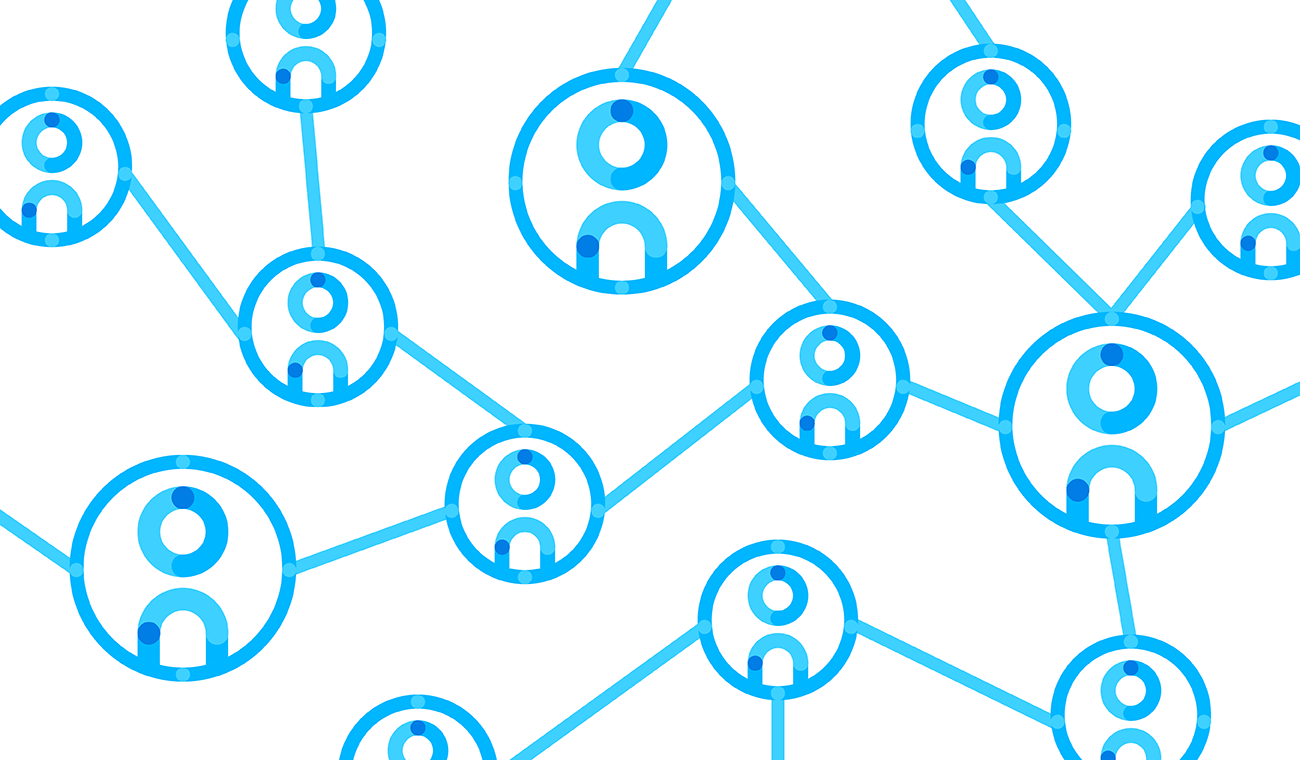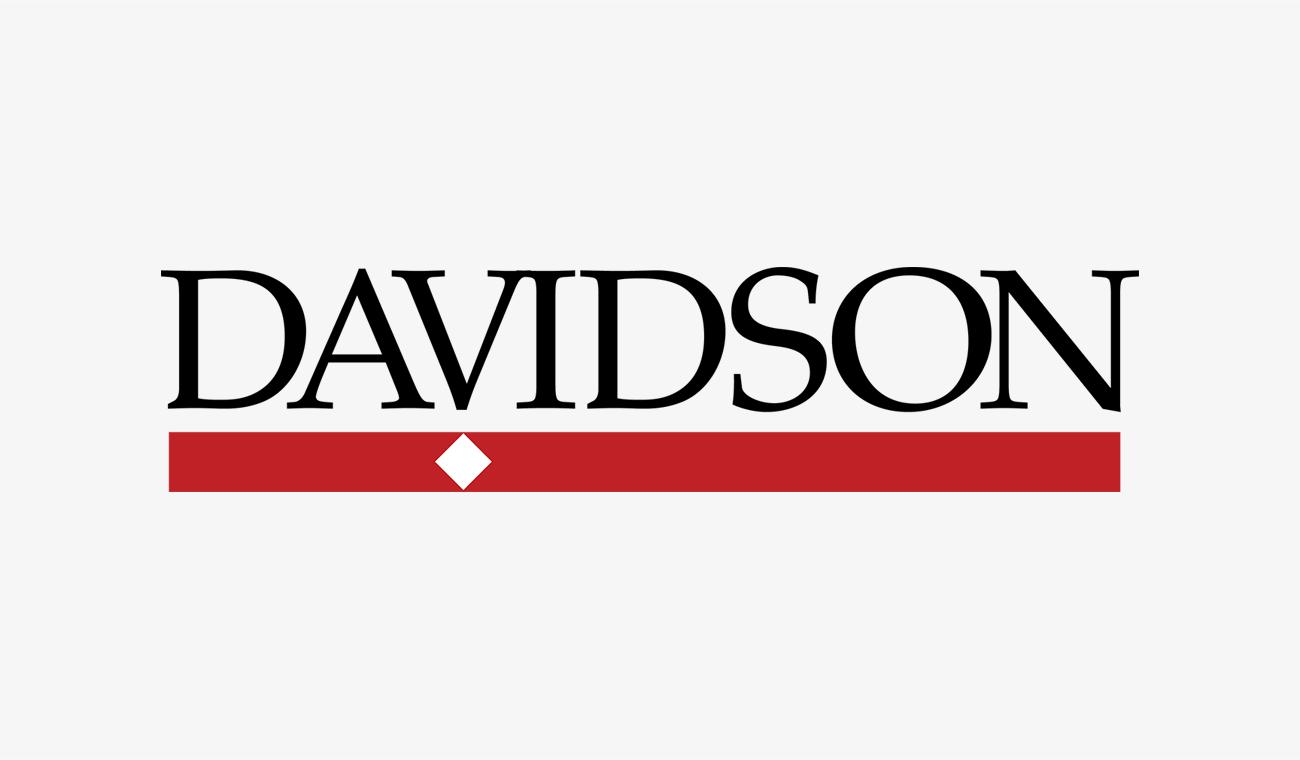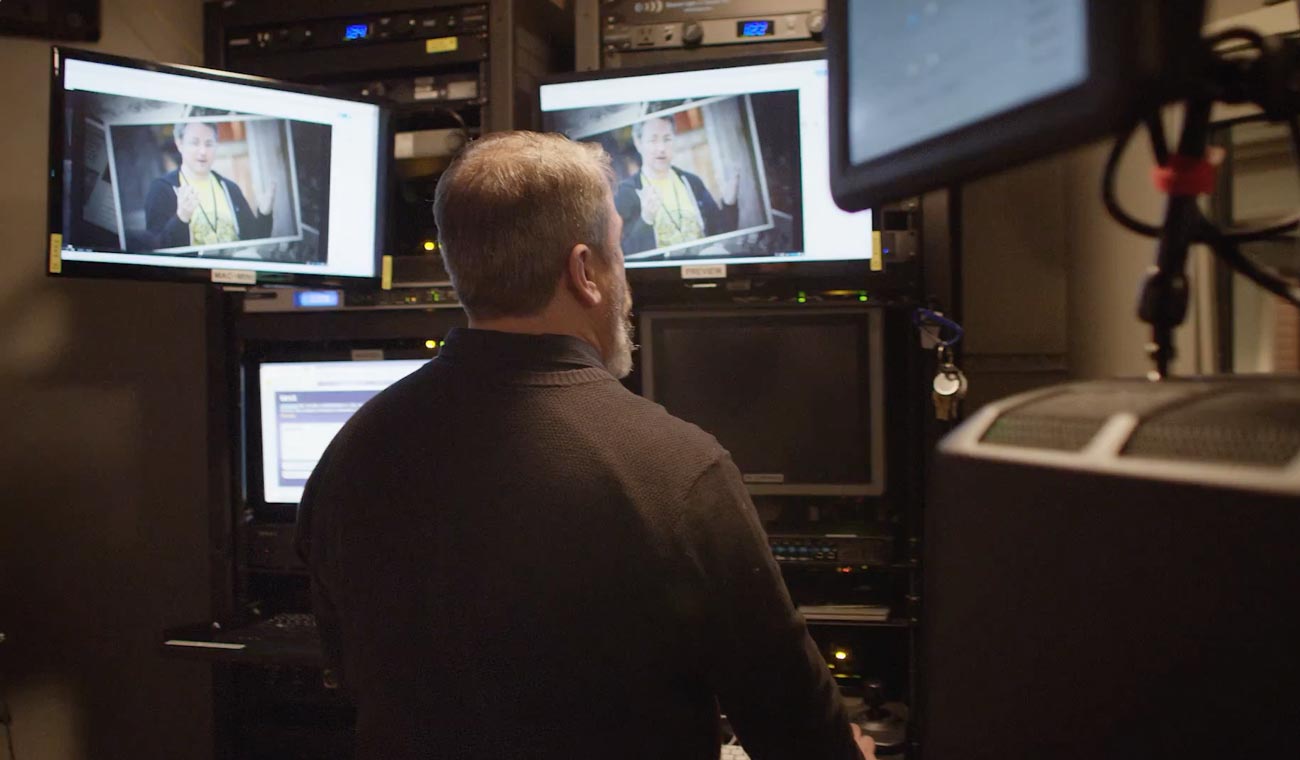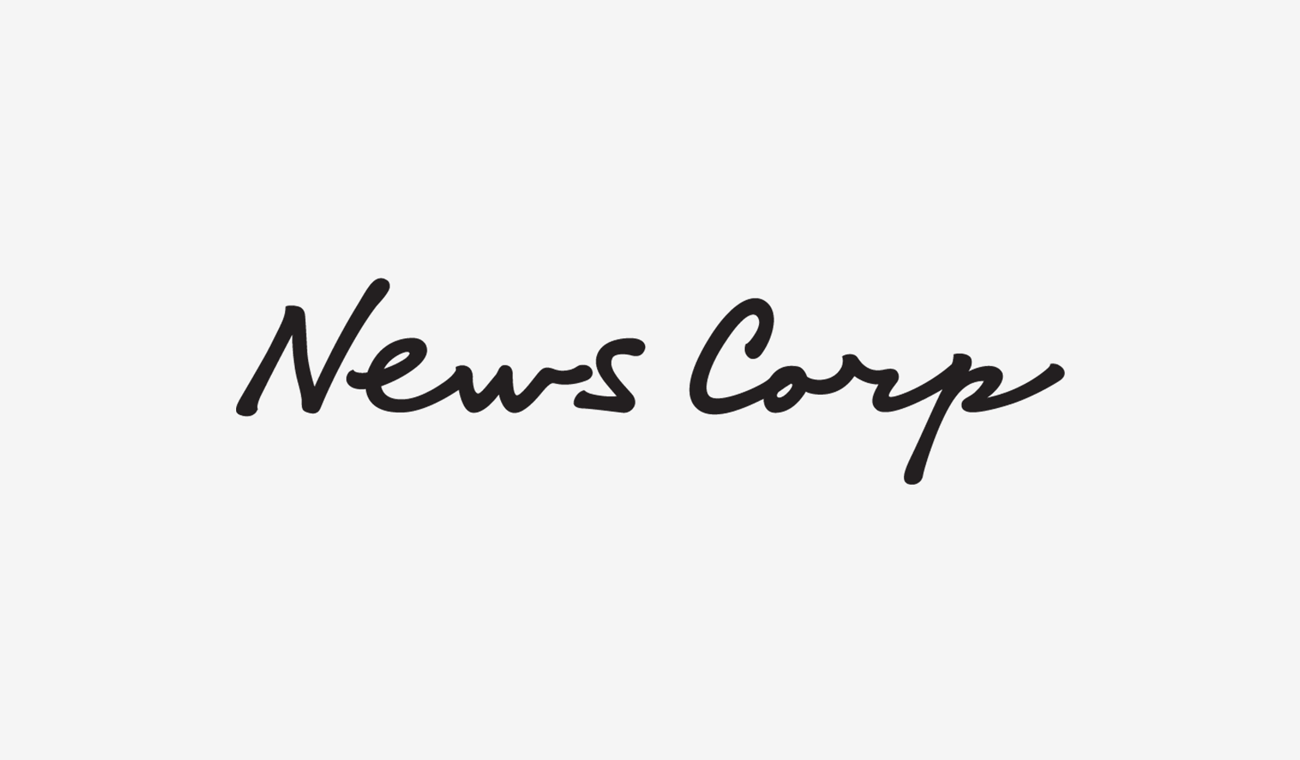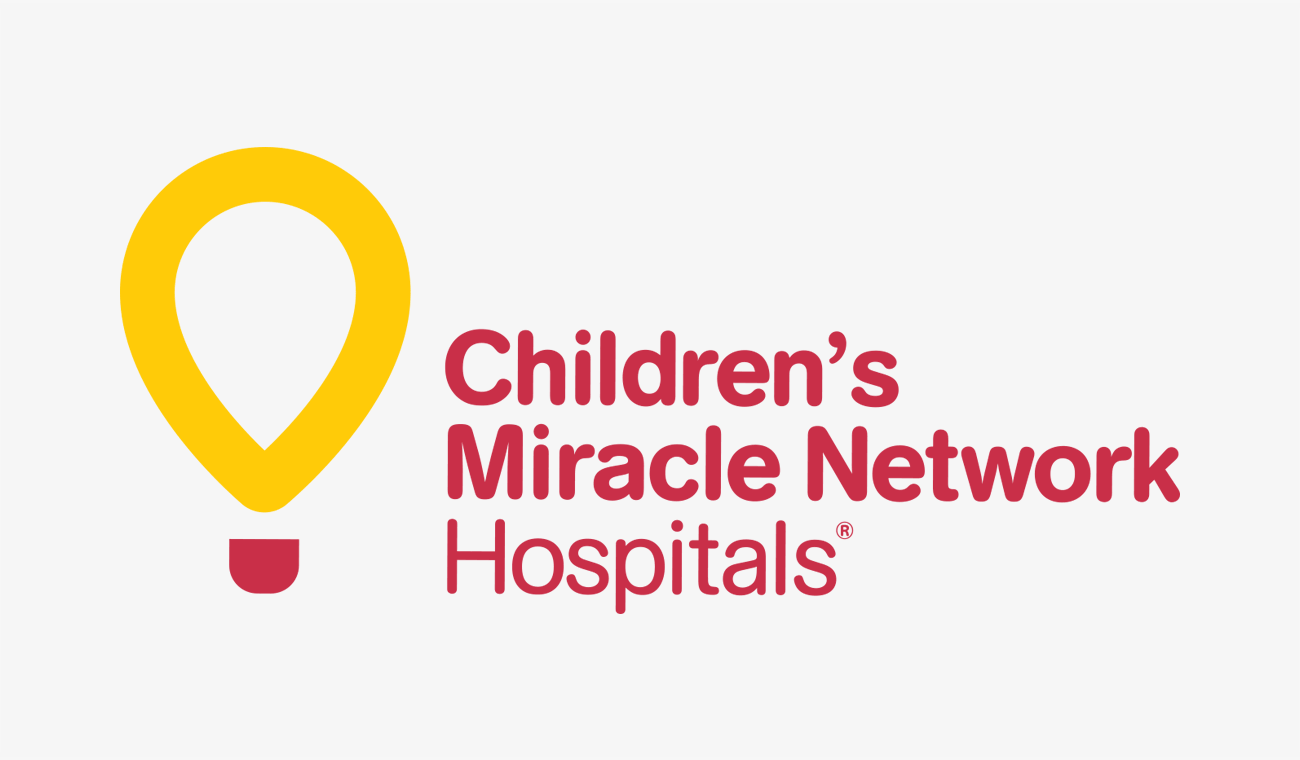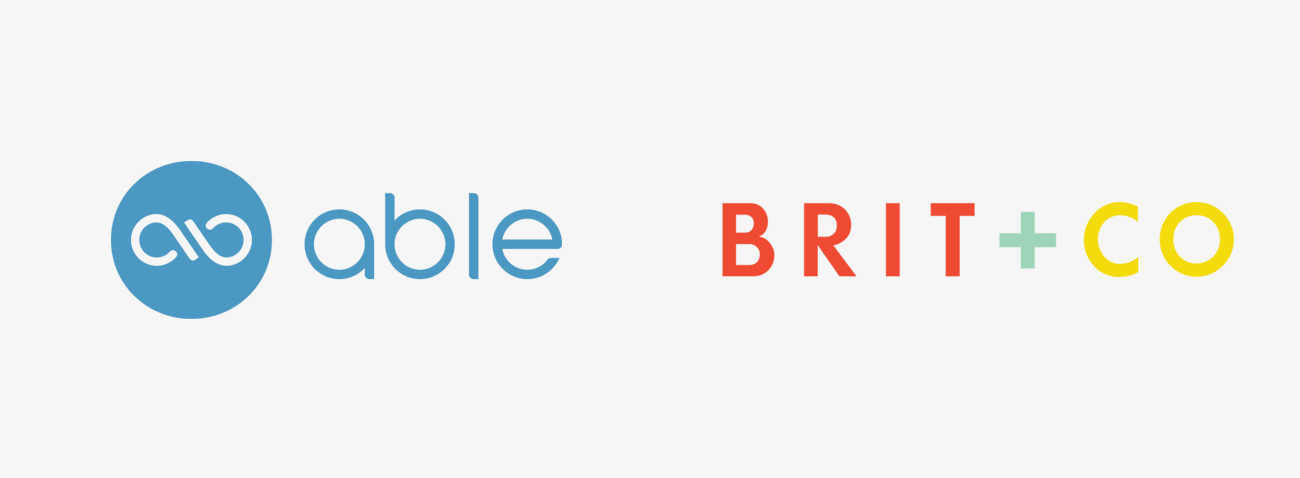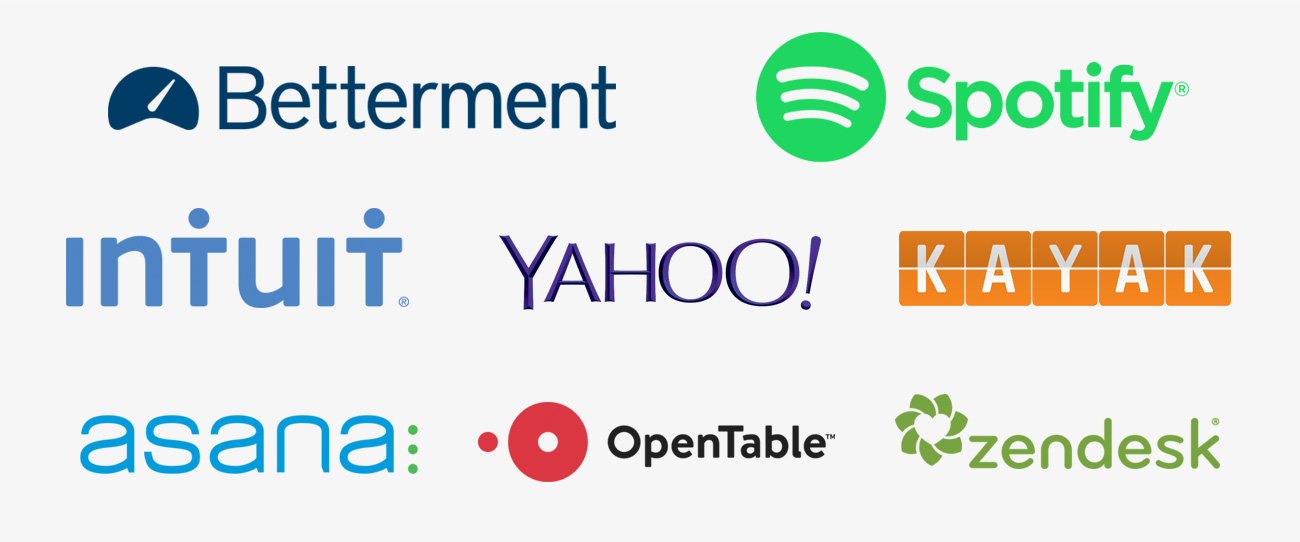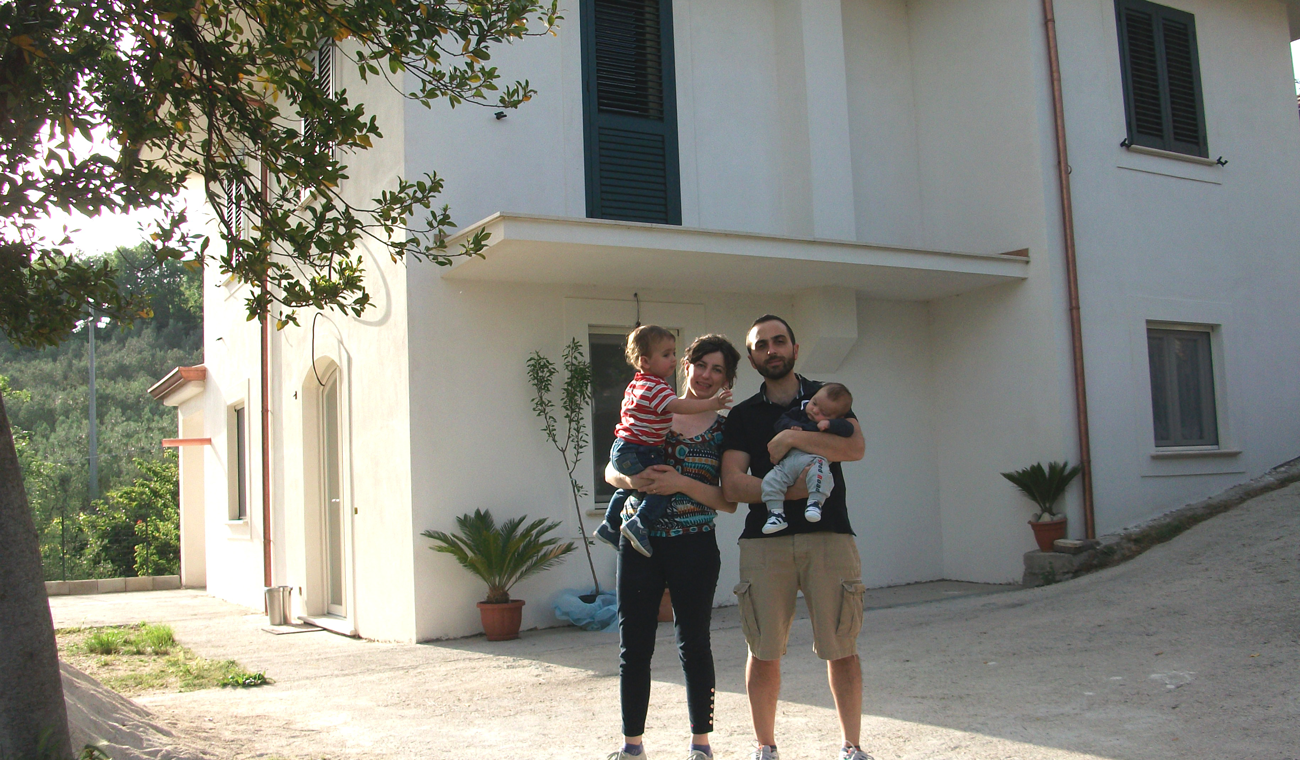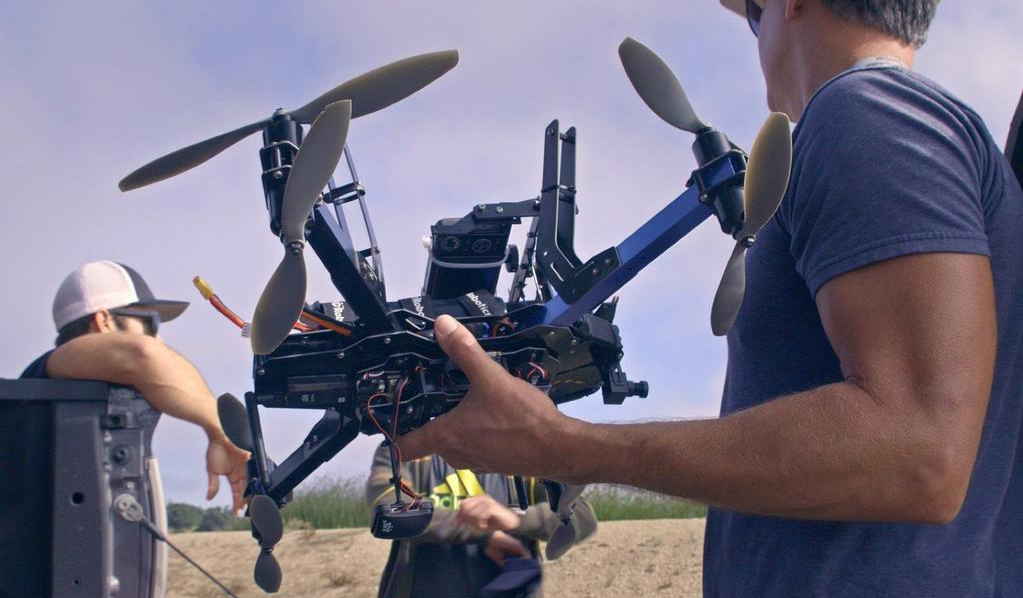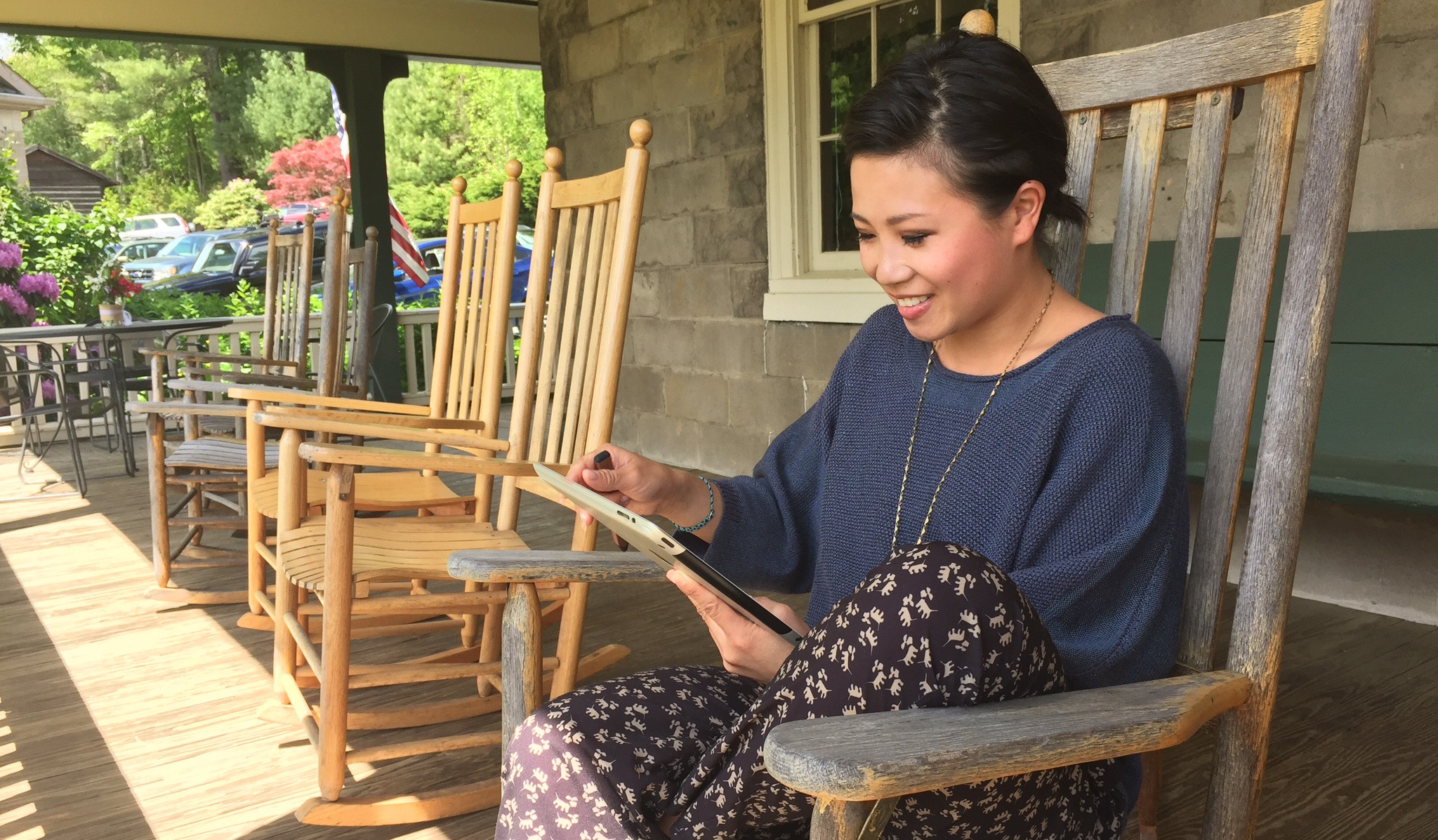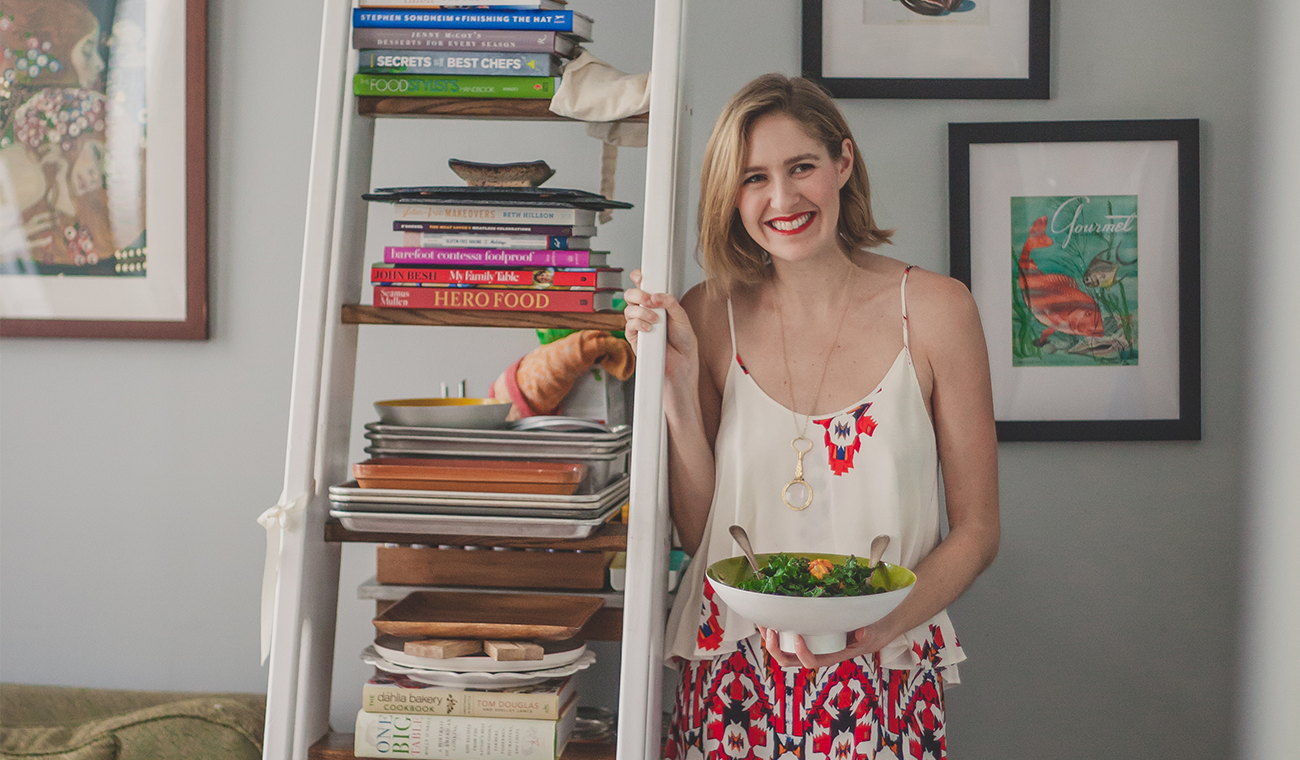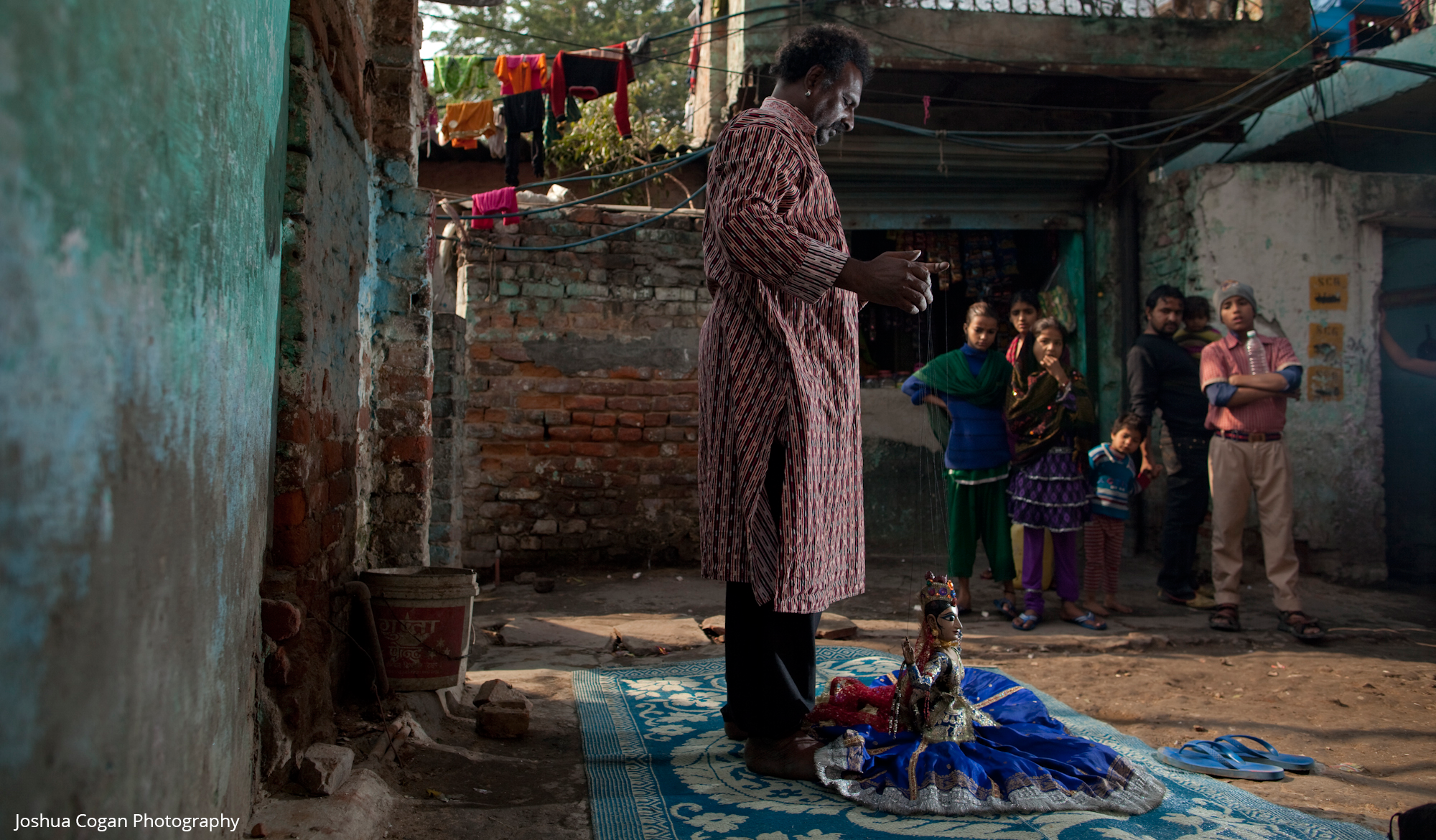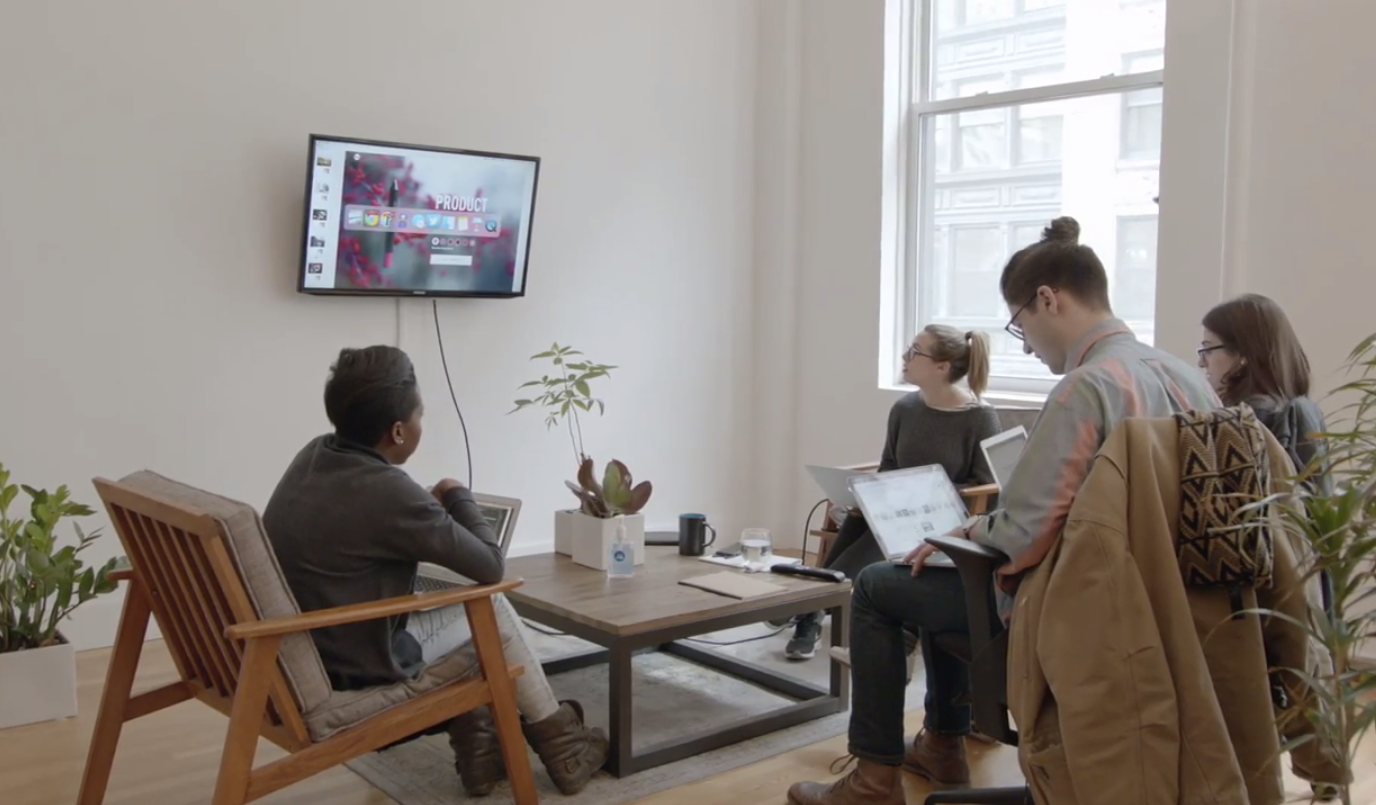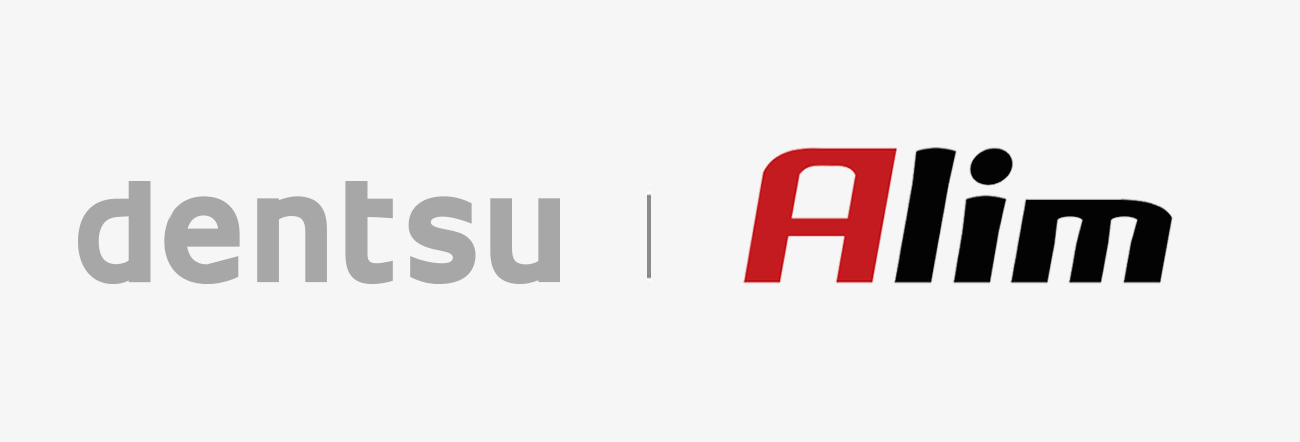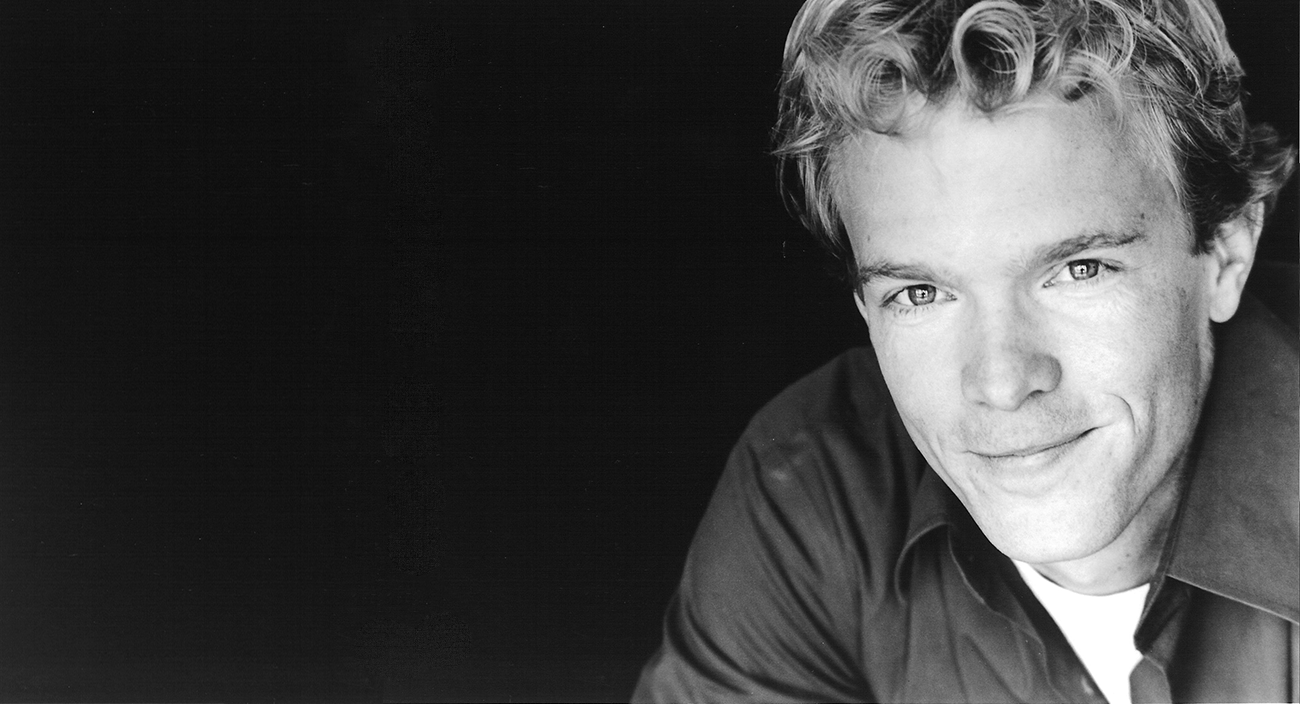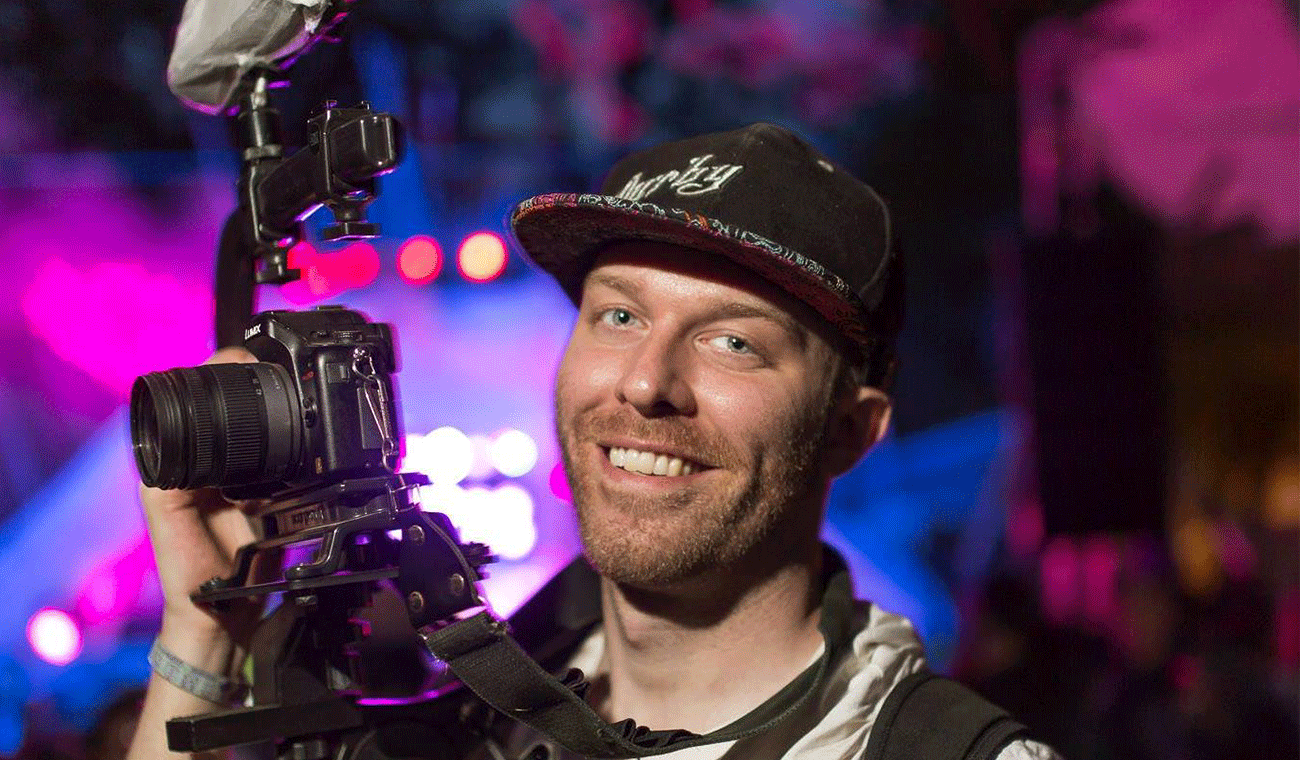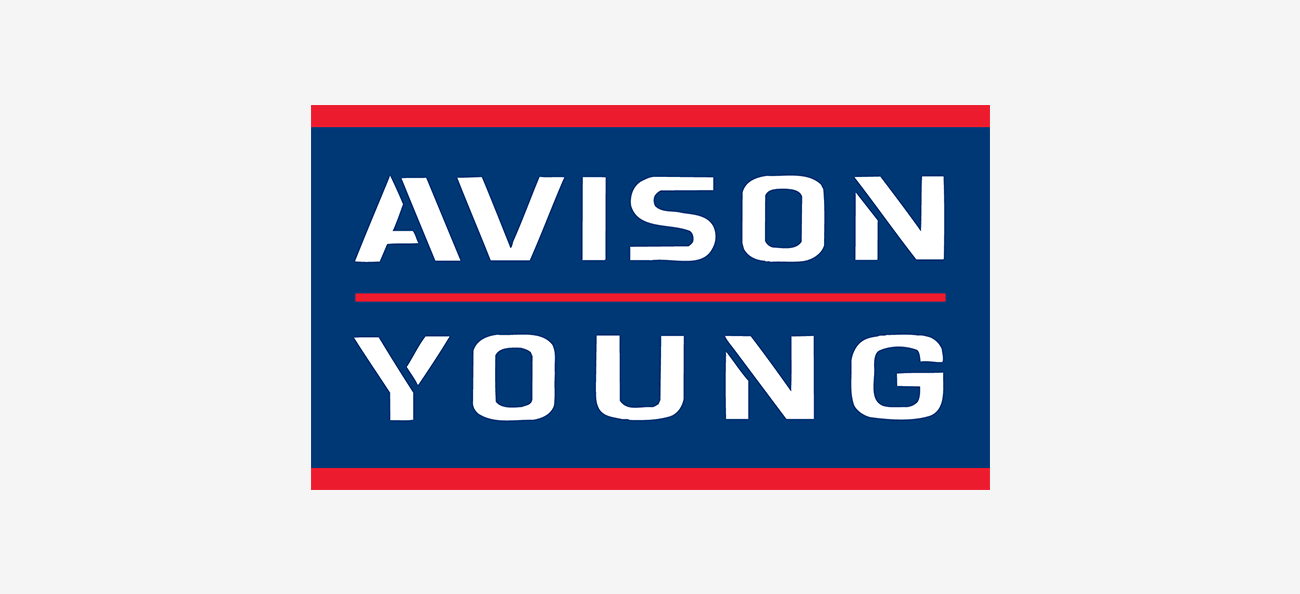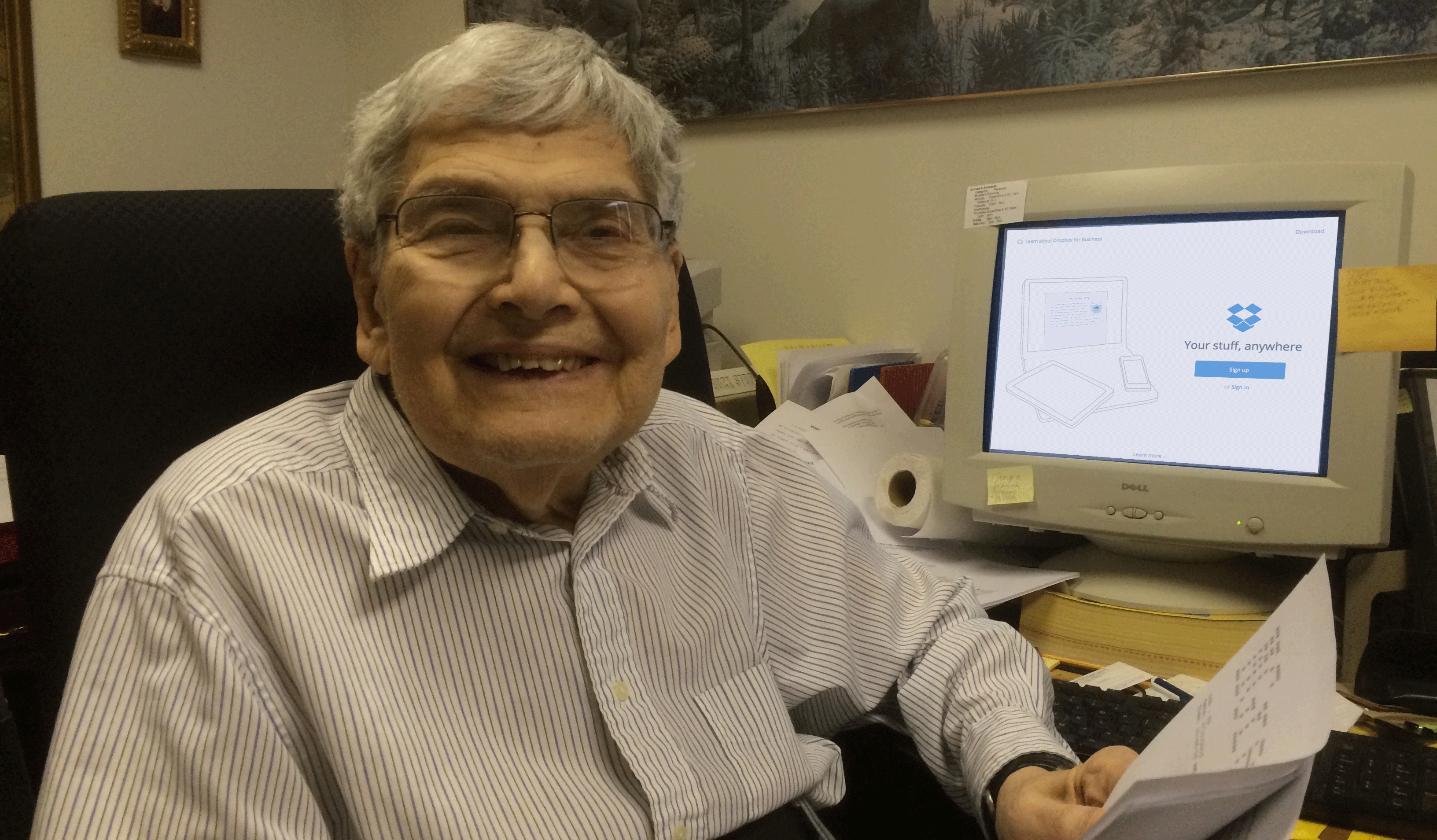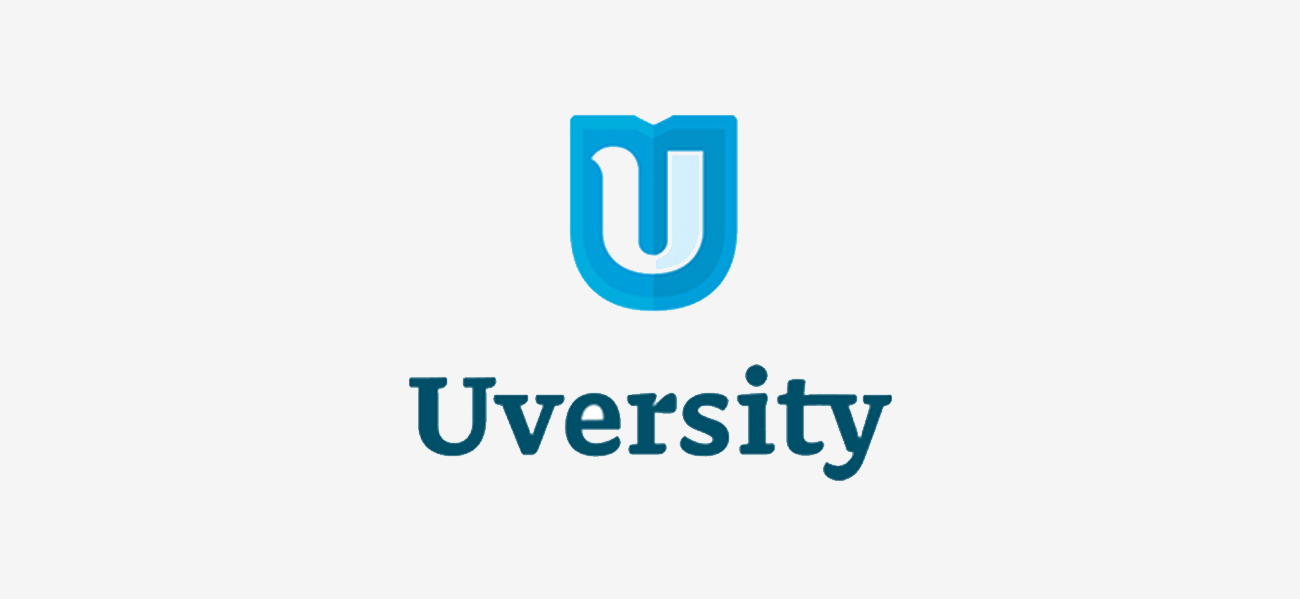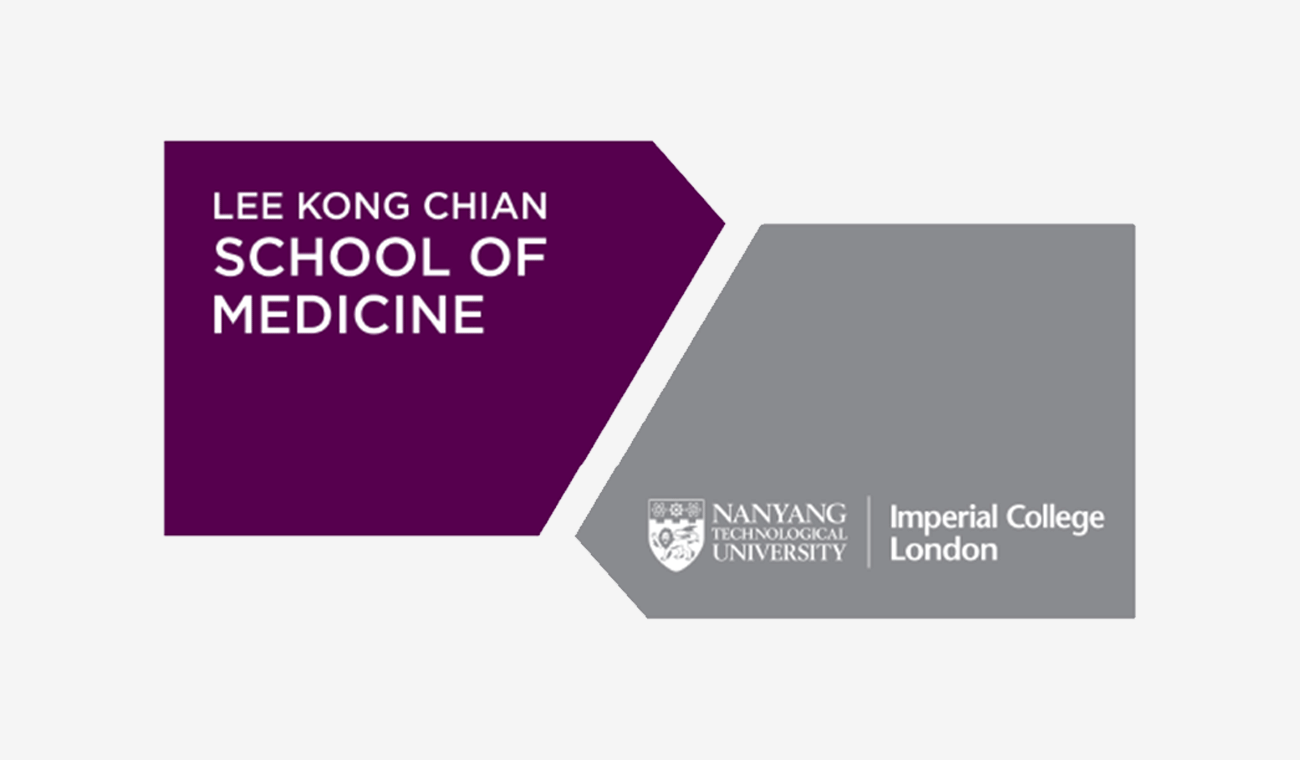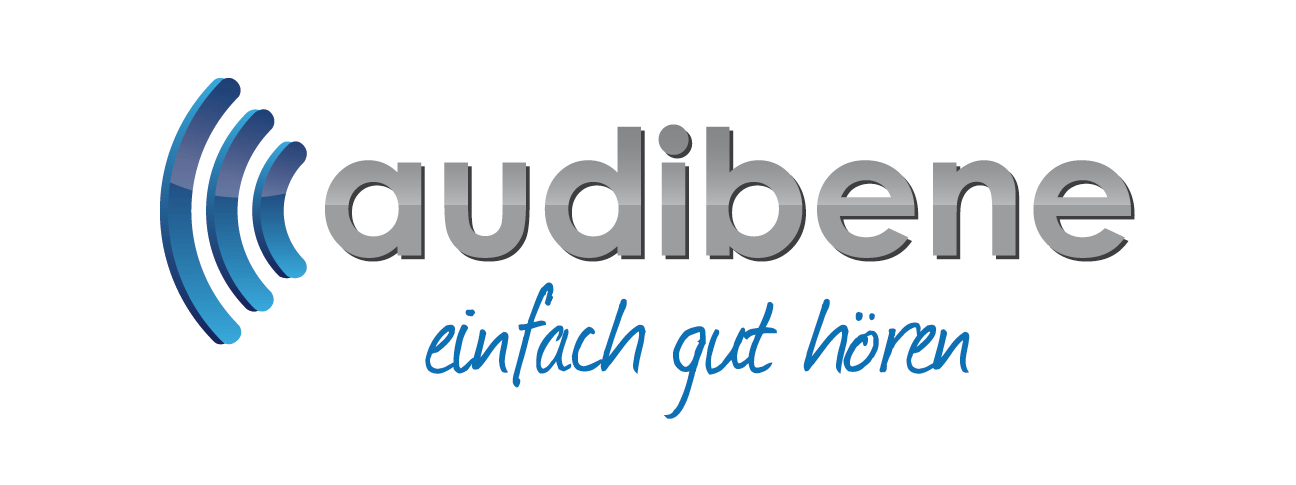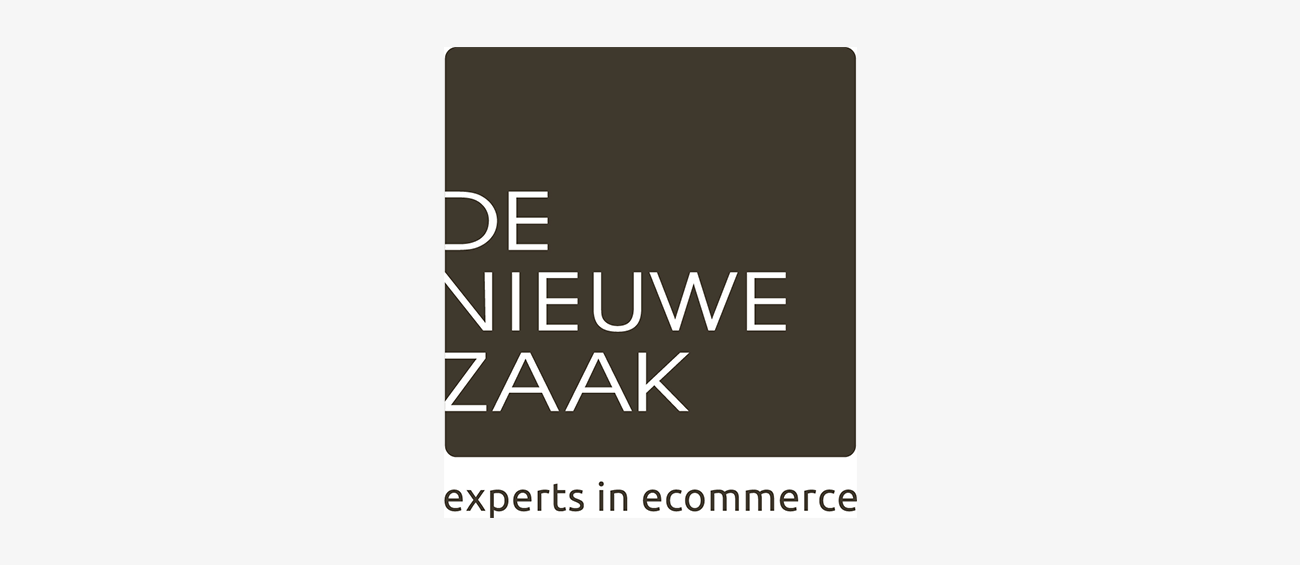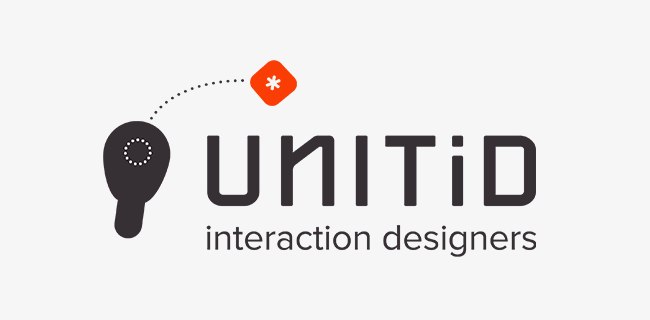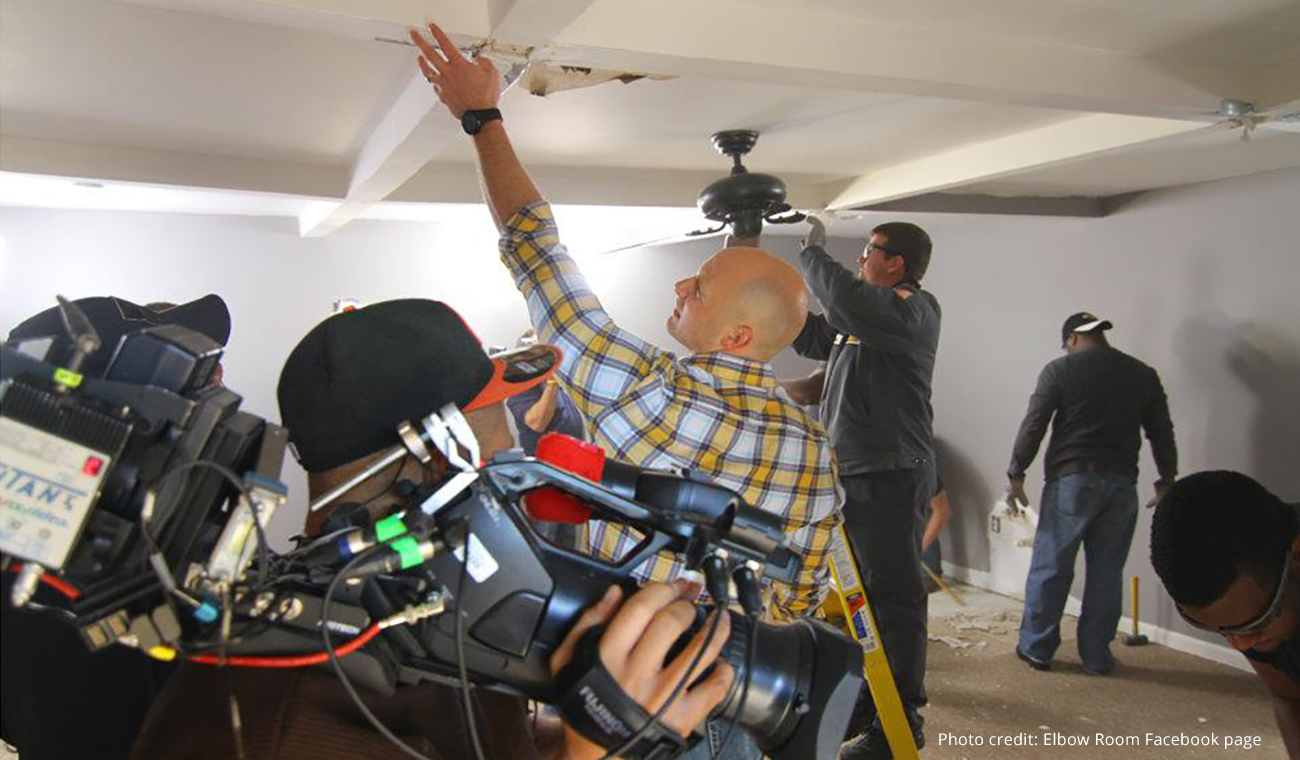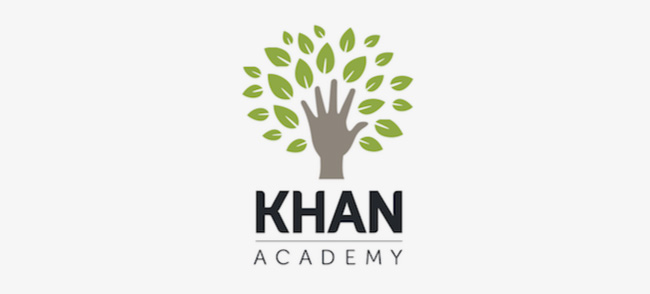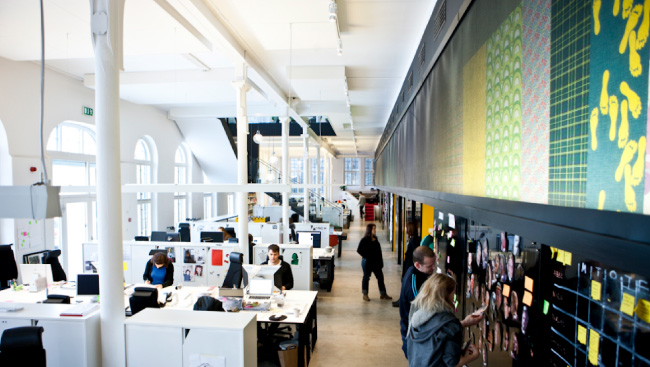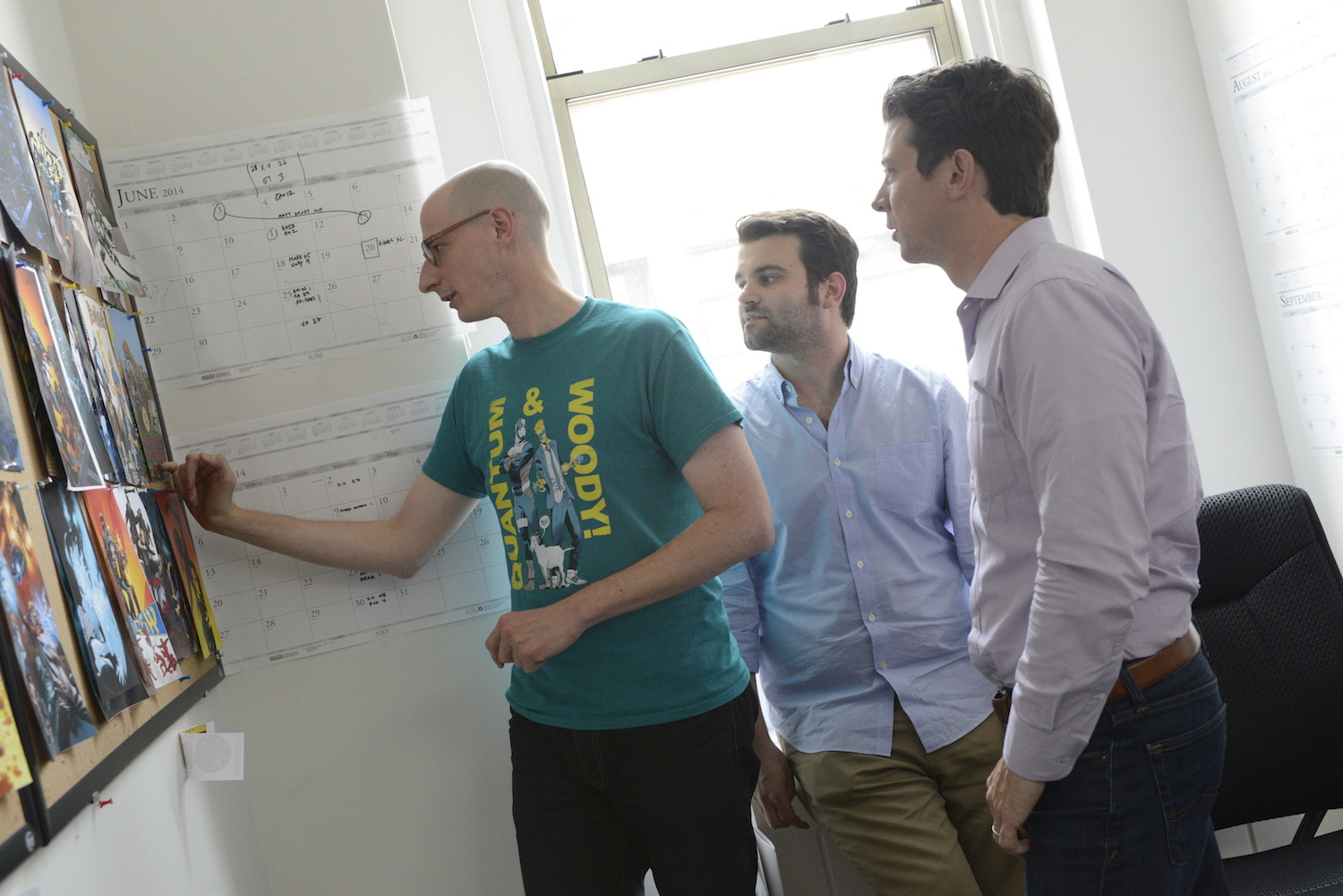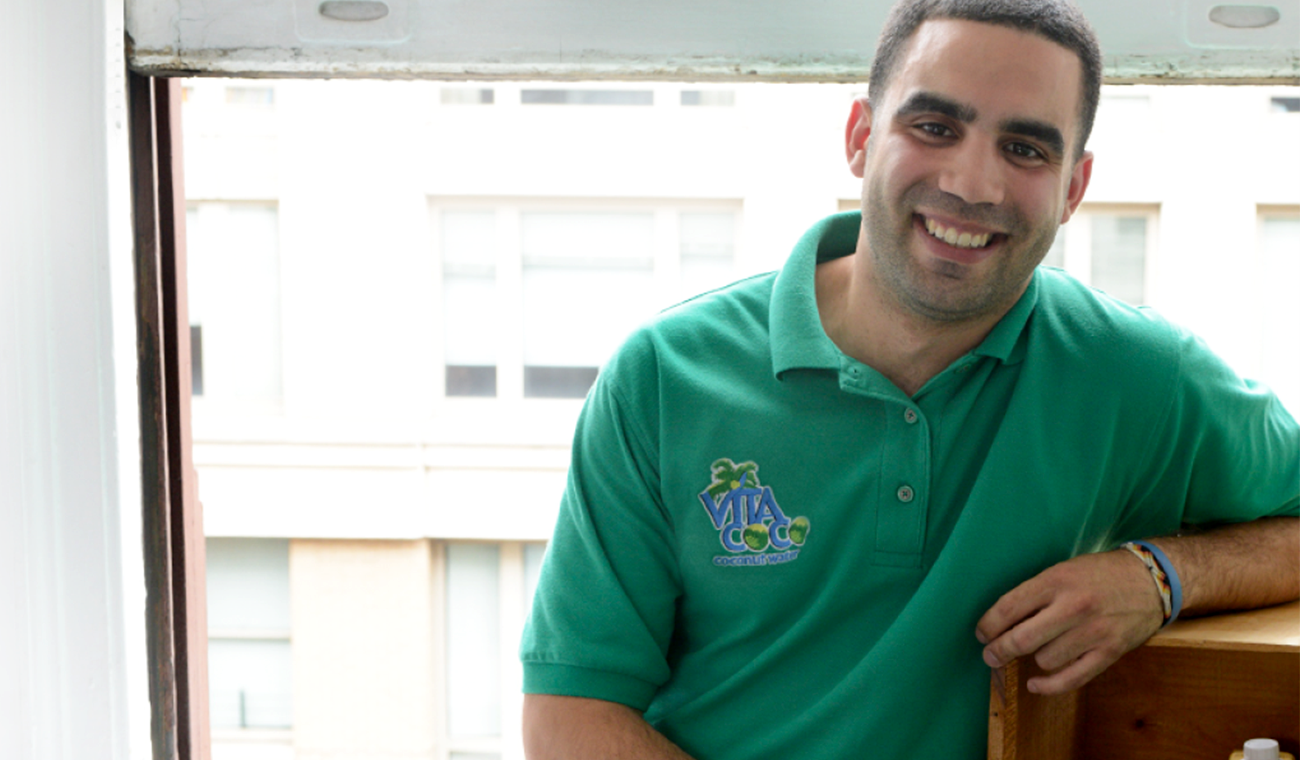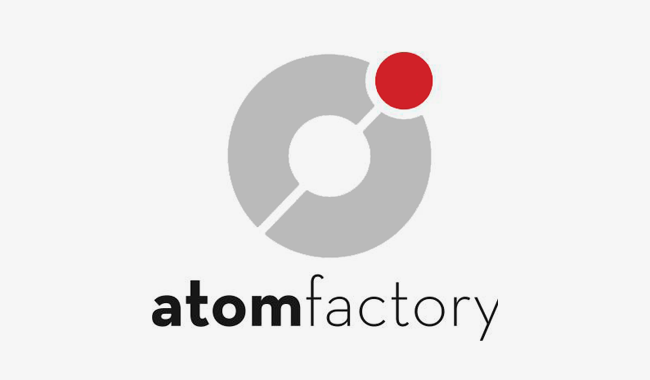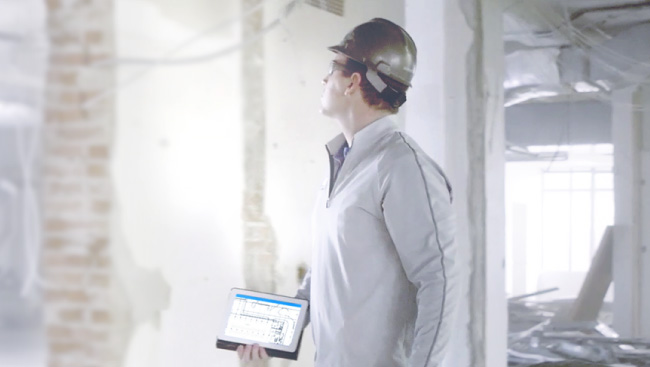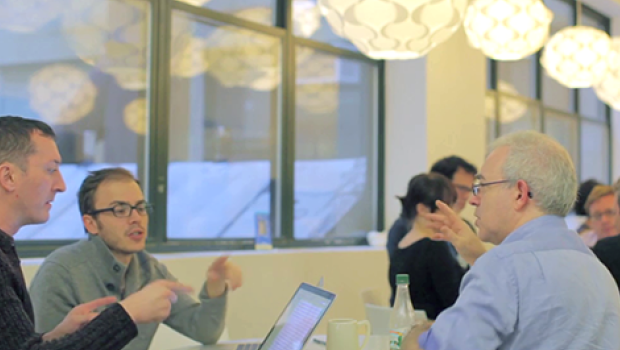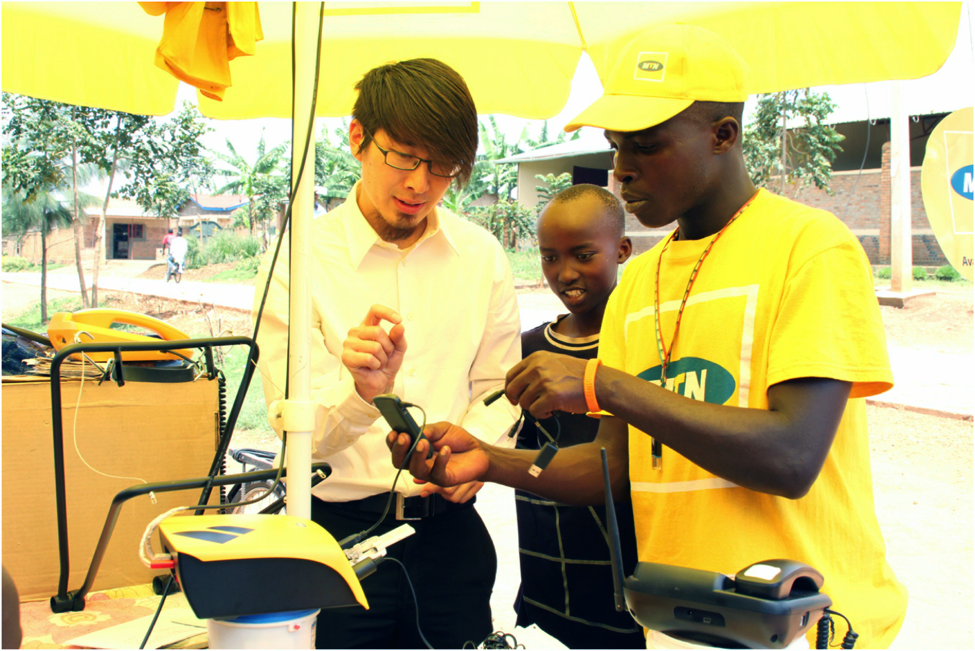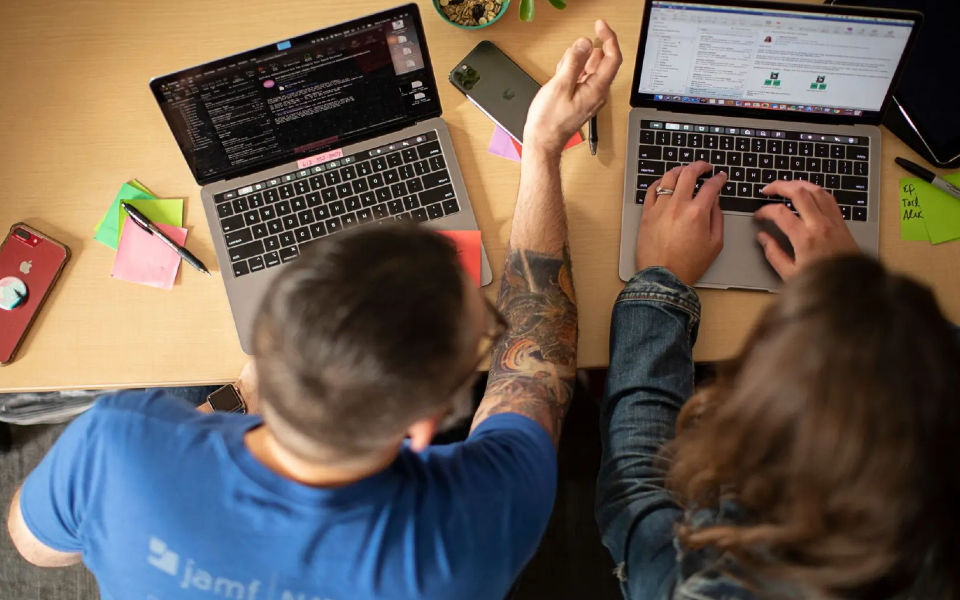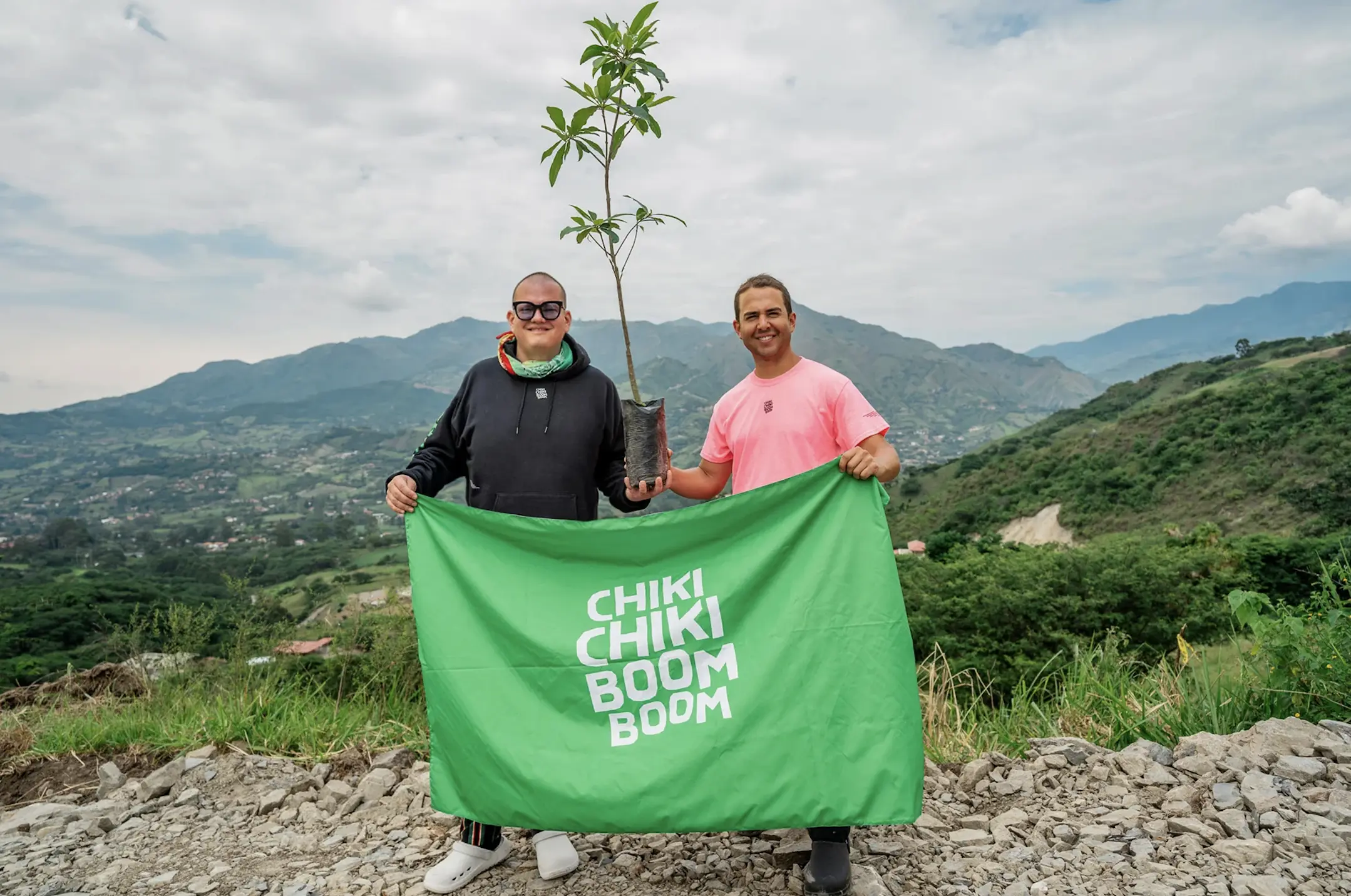
How two entrepreneurs brought an Ecuadorian longevity elixir to the market
Published on September 29, 2023
When Andres Izquieta and Juan Jaramillo Hidalgo set out to build their beverage brand Chiki Chiki Boom Boom, they asked themselves: can we make a drink that’s even better than water? Turns out it already existed and they knew of it well. Based in Los Angeles with familial roots in Ecuador, the pair wanted to create a product that was inspired by their own fusion of cultures. “We wanted to create something that had a positive reflective positioning of Latin culture—something that embodied authenticity and something that came from us,” says Izquieta.
That something turned out to be a type of herbal, floral water that people in Ecuador have been drinking variations of for centuries. “It’s something that people drank as an alternative to water,” says Izquieta. “It has elements of antioxidants and vitamins and serves the purpose of hydration and recovery.”
And this spring of inspiration wasn’t just that—Ecuador and its agua tropical served as both a source text and a literal source for Izquieta and Hidalgo’s own beverage. “[The drink] historically comes from indigenous farmers in the south of Ecuador. So we launched our own farm down in the south of Ecuador, in an area that's considered to be ‘a valley of longevity.’” says Izquieta.
But Izquieta and Hidalgo soon discovered that launching a farm in Ecuador, creating a new beverage in an already saturated market, and distributing it throughout the world could feel like swimming against a current of logistical and communication riptides. Using tools like Dropbox helped the team connect, collaborate, and stay fluid when navigating the twists and turns of entrepreneurship. We spoke with Andres Izquieta about the story behind Chiki Chiki Boom Boom, launching a brand during the pandemic, and how the use of Dropbox products like DocSend helps protect their business.
Chiki Chiki Boom Boom is popping up more and more on store shelves across the United States. How do you think about your retail strategy?
We are in about 3,200 stores at the moment, a mixture of grocery stores, convenience stores, and bodegas. We're focused on a few states—primarily New York, Florida, and then secondarily, Texas and California. For our retail penetration, a lot of it is where there’s heavily dominant Latin influences in the marketplace and where Latin culture is influential in the day to day of people's lives.
DocSend [...] gives you a living place where you can password protect files and you can share that data with people that matter.
There are many bottled beverages out there but Chiki Chiki Boom Boom is unique in that its recipe has deep roots in Vilcabamba, Ecuador. Why was that important and what significance does this area hold?
[Vilcabamba, Ecuador] is considered a blue zone. [Editor’s note: A blue zone is an area where people to tend to live long lives.] A lot of people go there for the weather, the water, the lifestyle. And they view this drink as a magical drink. It was originally drunk … by the kings and queens of the [Incan] empire, as a longevity elixir. So [Vilcabamba, Ecuador] is where the origin of the drink is and it’s an area that we're very fond of. We wanted to have things start from there because we’re giving a piece of that in every single bottle that we deliver.
What were your biggest logistical challenges when starting the business?
Some of the logistical challenges that we've dealt with in general have been tied to operation distribution, movements of products, working capital, etc. Where do you invest in retail? Where do you not? When do you double down on channel marketing? The beverage industry is quite challenging.
We launched during the pandemic, so we had to work with teams remotely. Things changed pretty dramatically and we needed to essentially figure out how to work in a New World Order, where things were more remote. [The beverage industry] is actually a very offline world in how things operate, but the systems—the back of house, a lot of the organization—is technology oriented. So there’s this fusion of all these things.
While it’s awesome to have teams distributed globally, as you do with some folks based in Los Angeles and others in Ecuador, I’m sure this can come with its own set of challenges. What does that process of collaboration look like when everyone is remote?
We're constantly sharing files, sharing ideas, and working on things collaboratively. We use Dropbox for everything from storage of information, sharing of information, shared folders, etc. For instance, the L.A. team went out to really understand the market and the consumer. They took pictures, videos, and collected some testimonials. And then they can put those assets into our organized sub folders, where the social media person can access them and post them on social media within minutes.
We also have a content team in Ecuador that are constantly uploading and sharing things, including my co-founder who lives pretty close to the farm. He's able to upload content directly from his phone on the Dropbox app and then I'm able to see what's going on in real time there. It’s kind of mandatory internally that everyone has the app downloaded on their phone, just because it makes things so quick and fluid and transparent.
Are there any other Dropbox products that are helpful to your work?
We use DocSend when we're sharing data that may be confidential or proprietary, because we want to be able to monitor who's viewing these things. The thing that my team and I love about DocSend is that it gives you a living place where you can password protect files and you can share that data with people that matter. We get a report or an email alert every time someone views it and that gives us an initiative to follow up with that person. [It] enables us to be proactive and be able to close the deal, whether it's some sort of investment, a collaboration, or authorization.
We've been using DocSend since day one. The prior method that we utilized was pretty simple and archaic—basically sending an email to someone and asking them to keep things confidential, which obviously there's no accountability or traceability on that. So when DocSend was created, it was a godsend.
Your product is described as “reggaeton in a bottle.” What does that mean to you?
It is like a fusion of different genres and subcultures within Latin culture, a mix of elements. That's how we view our beverage—everything from the product creation to the DNA of the brand. We grew up in America, so we're influenced by American culture. But even within that culture, there's a lot of subcultures depending on the country of origin that your parents are from.
If you grew up, say, Dominican or Mexican or Ecuadorian in the States, you probably had a lot of diverse friends within Latin culture. You pick up on some of their slang, some of their traditions, some of their food, their music, etc. To me, [reggaeton] is bigger than just the music genre, it’s a representation of a mix of cultures. We think of Chiki in the same way—as a vessel for much more.

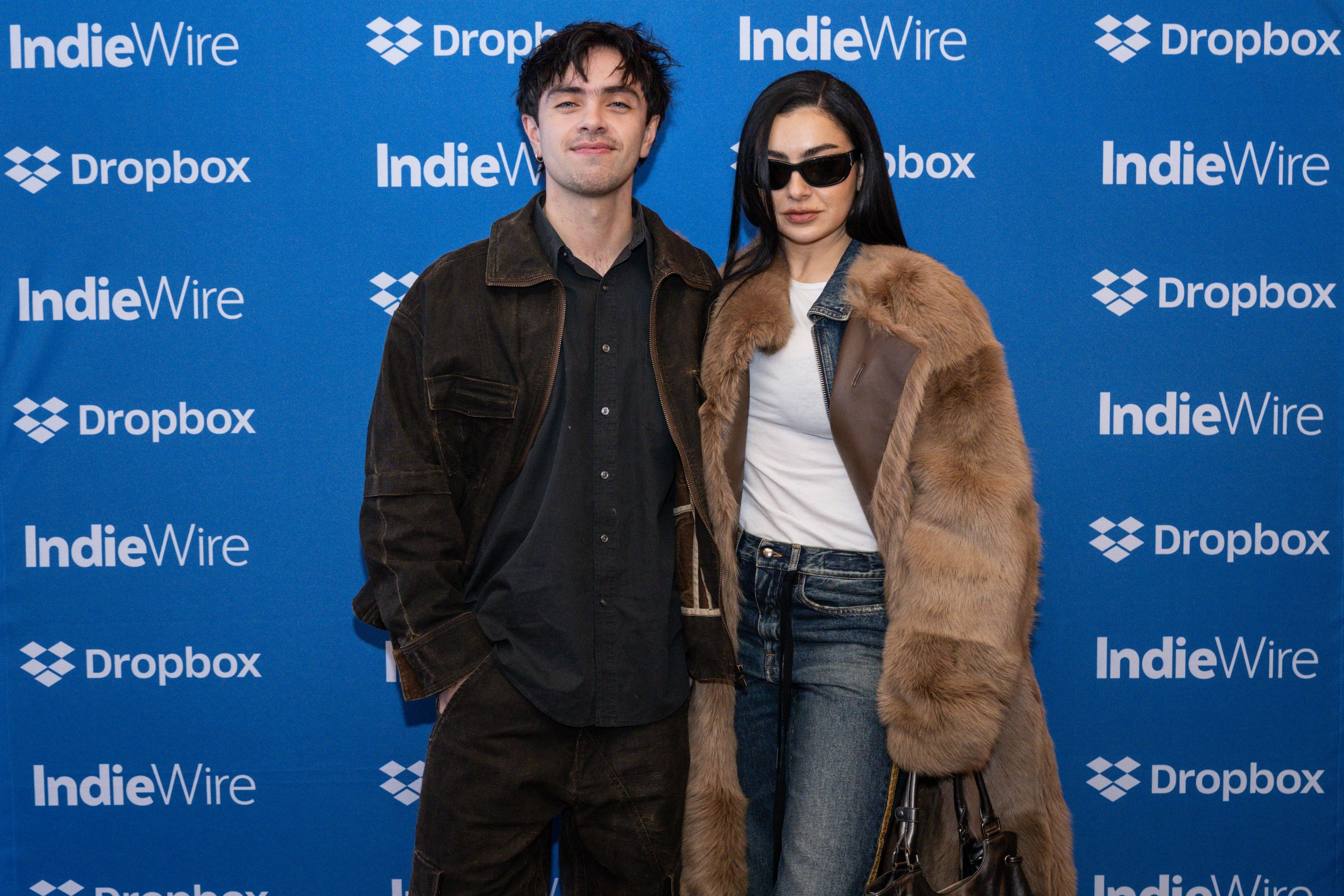
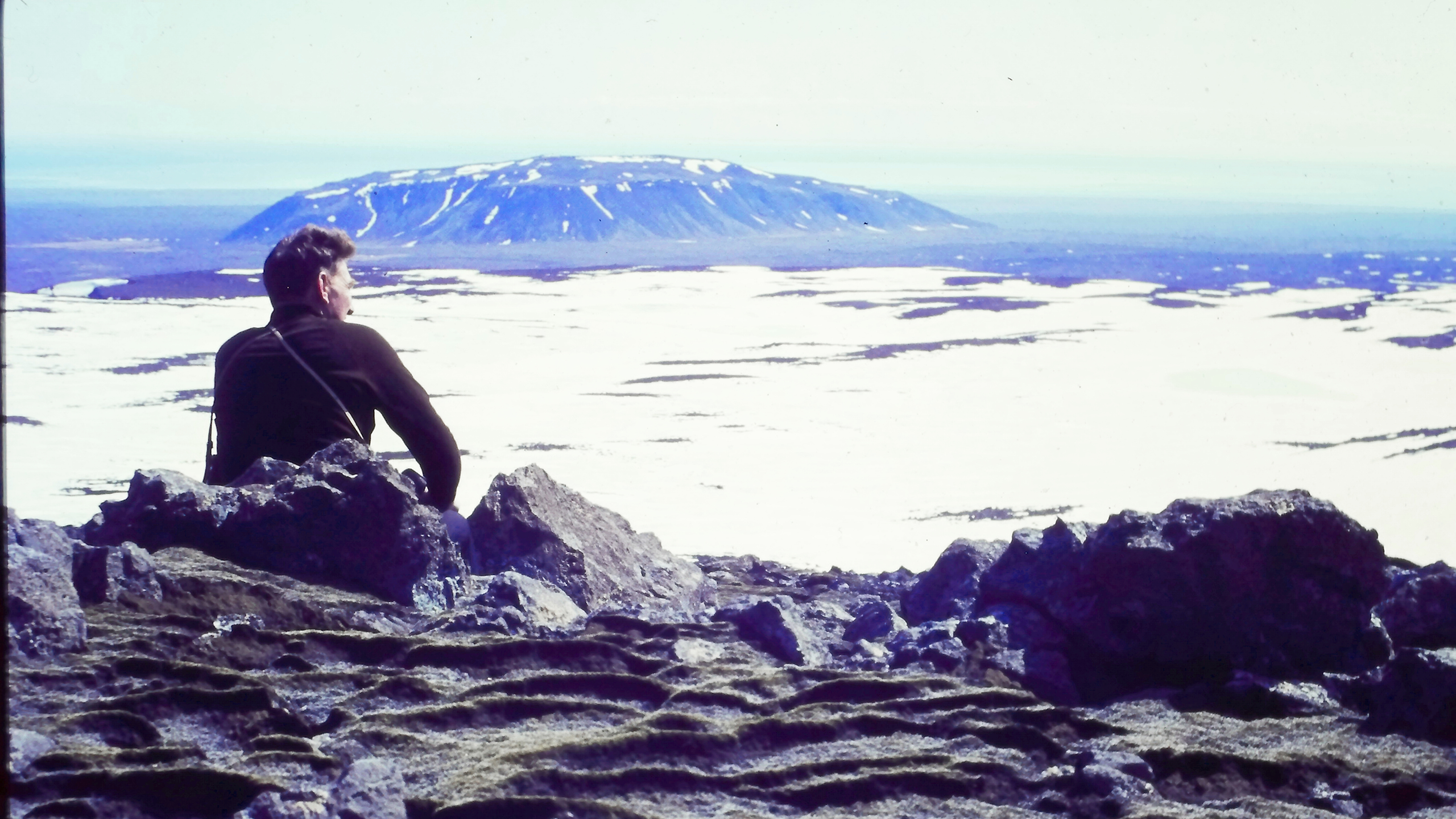
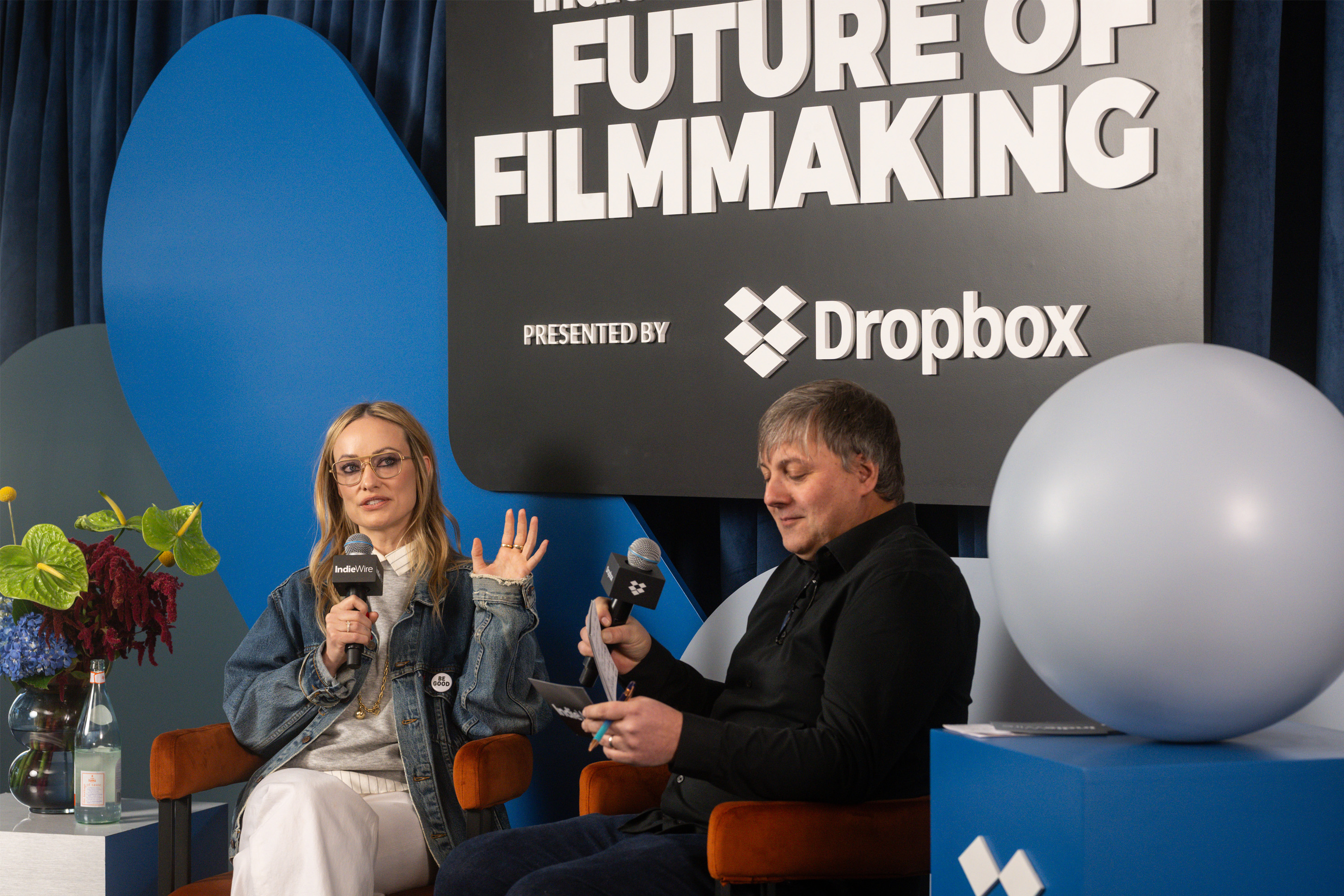


.png/_jcr_content/renditions/hero_square%20(2).webp)
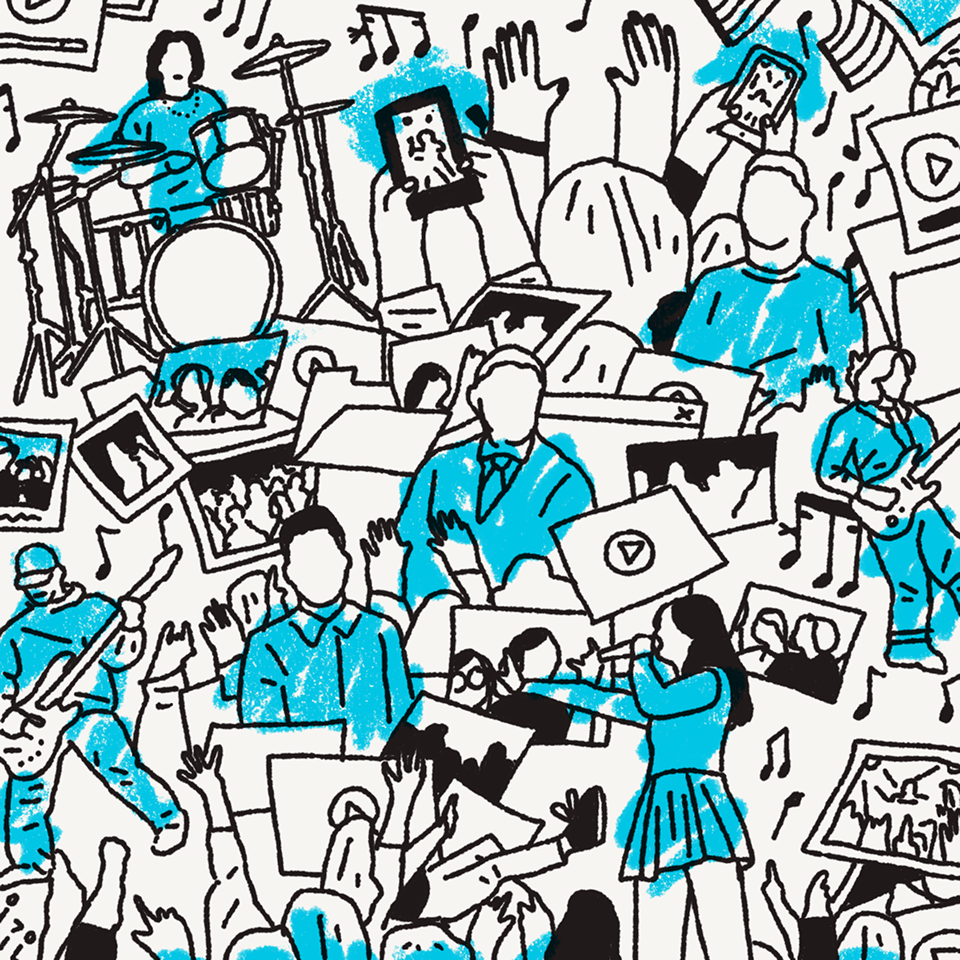
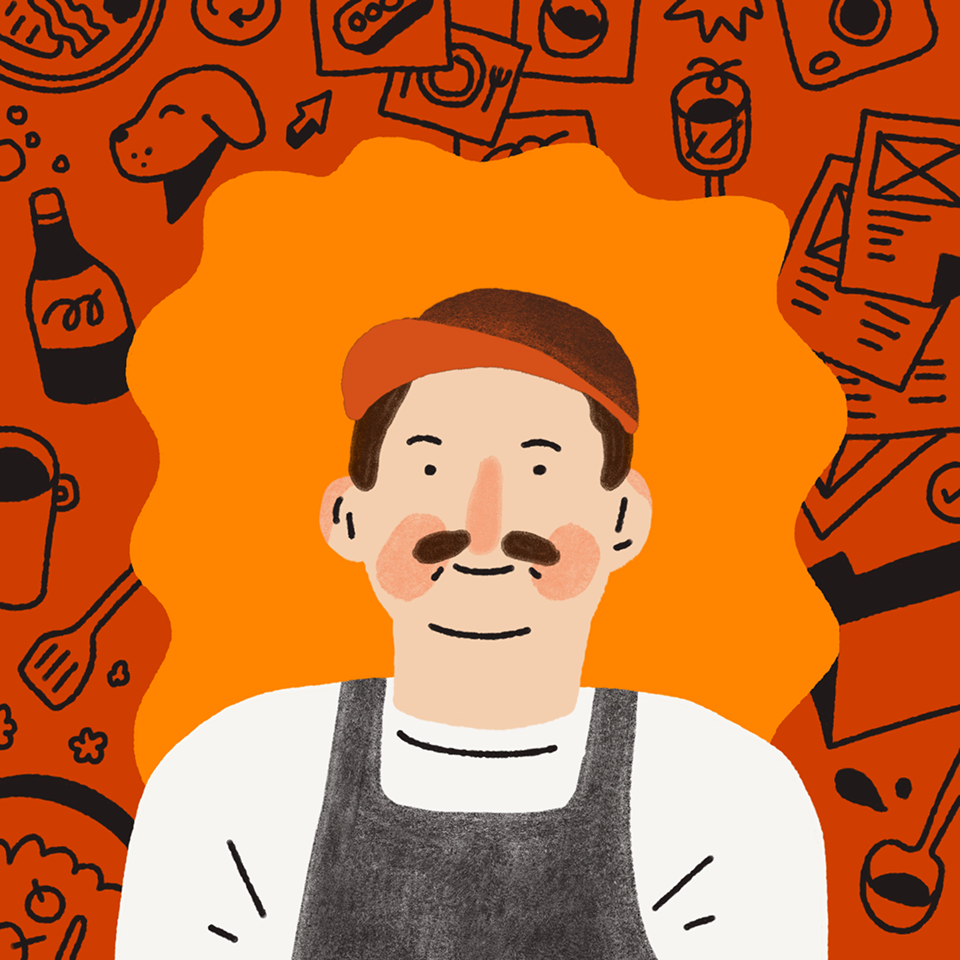





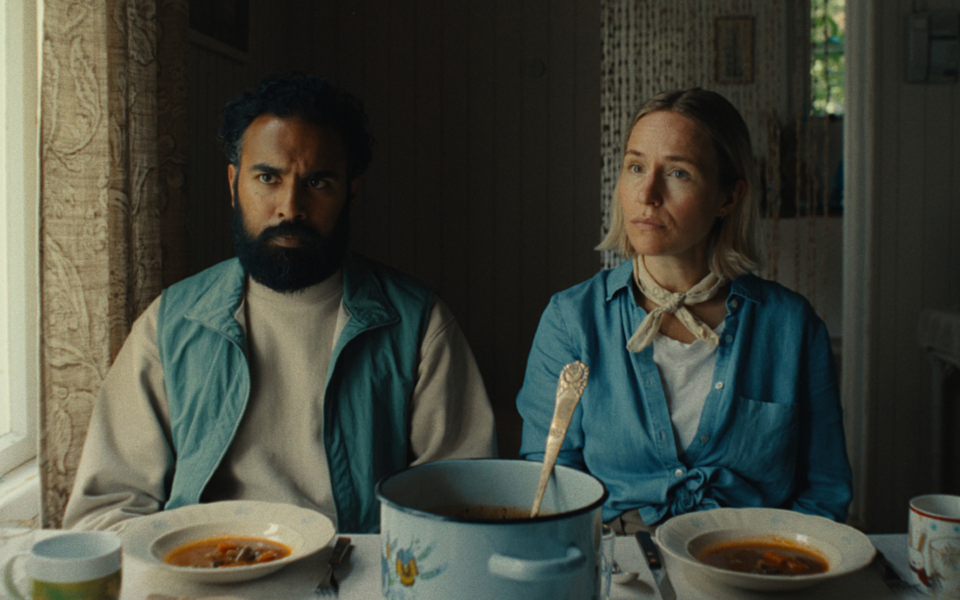
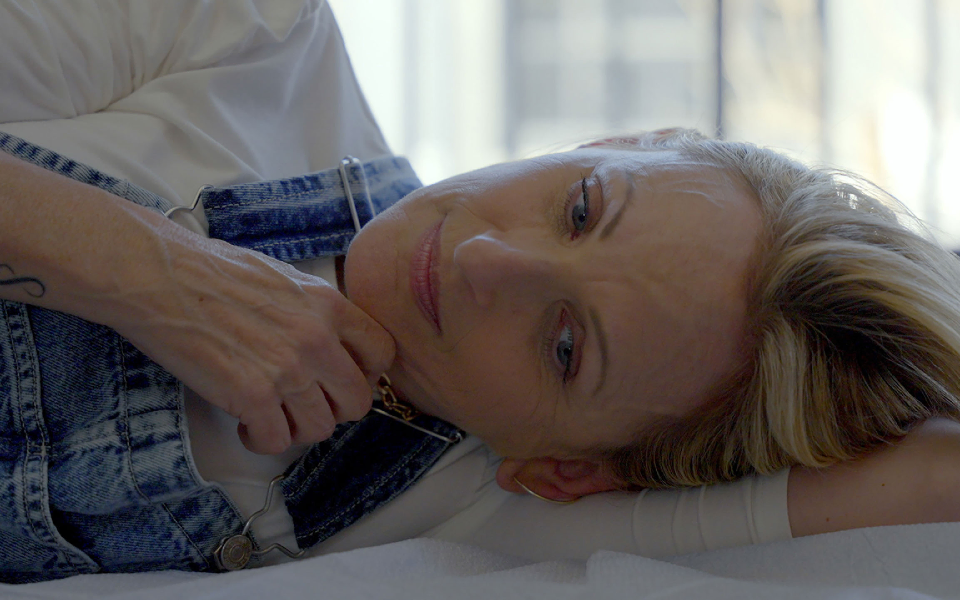




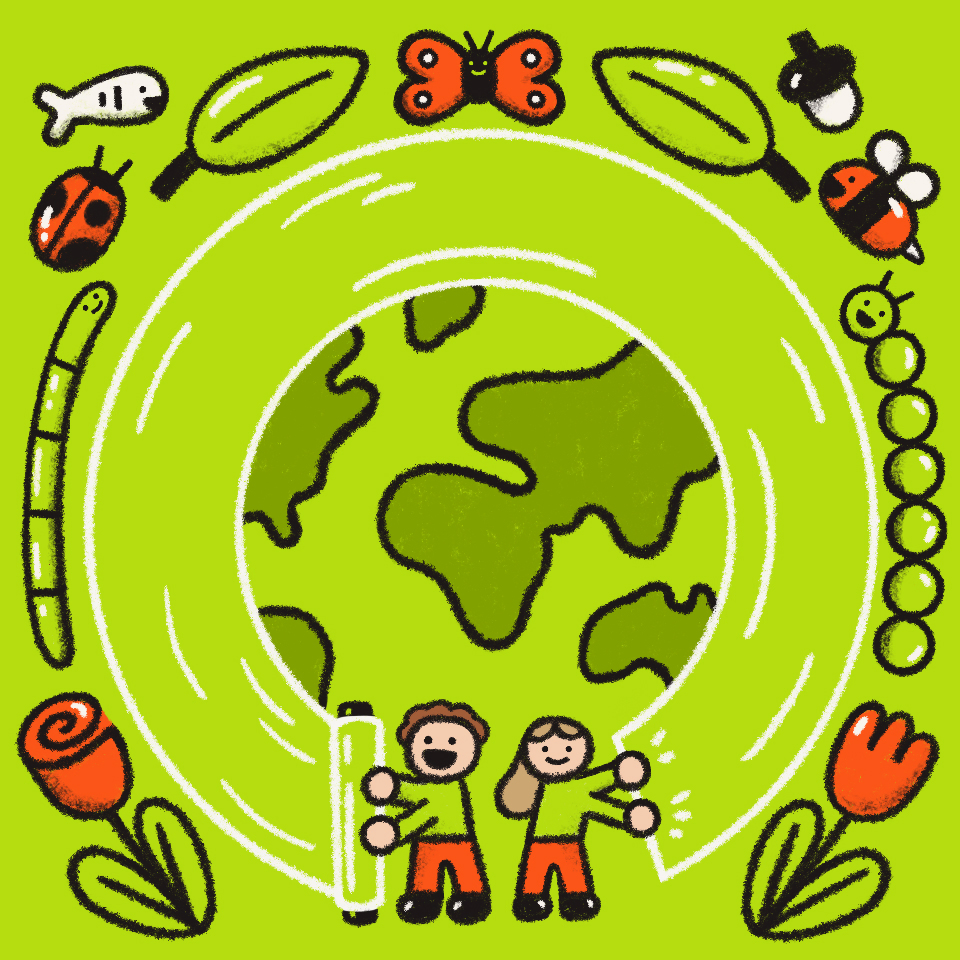
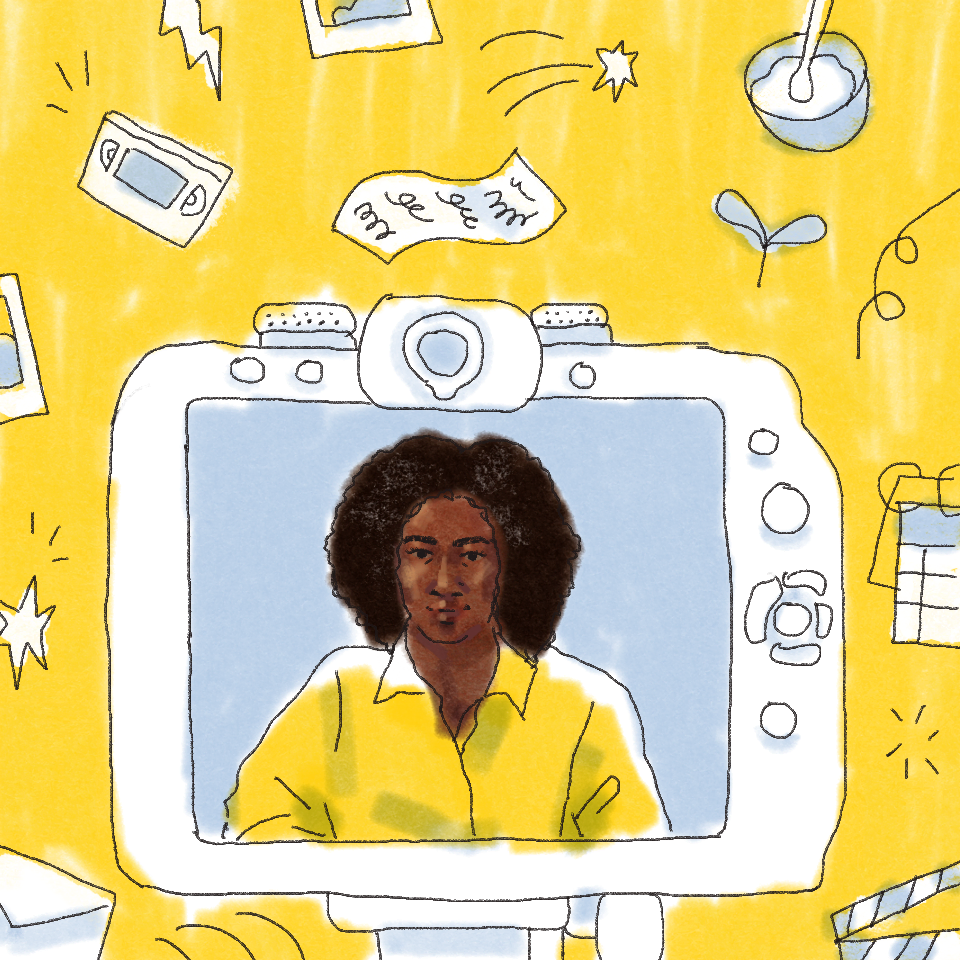
.jpg/_jcr_content/renditions/1200x628%20(5).webp)

